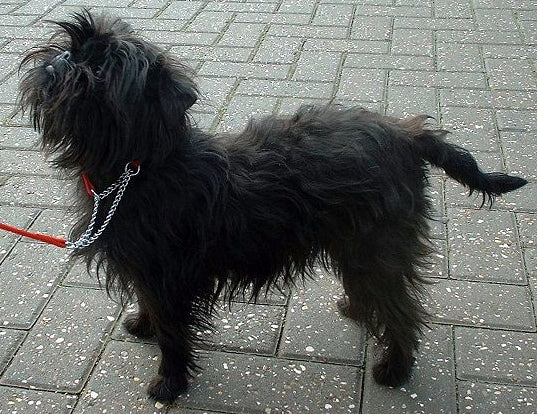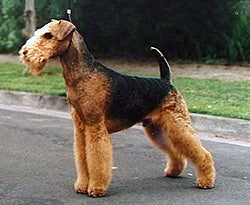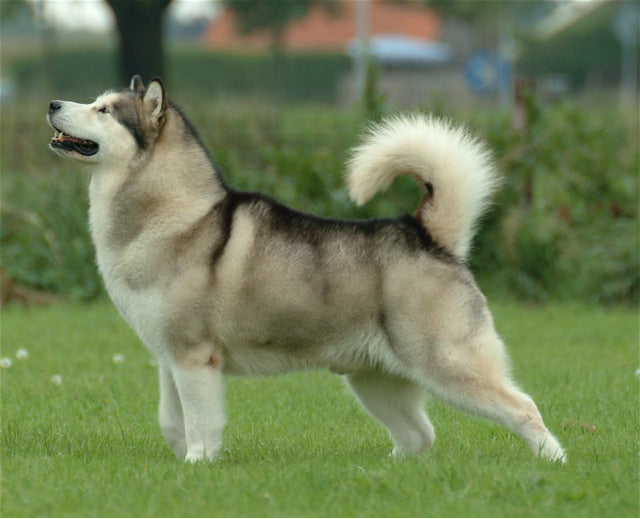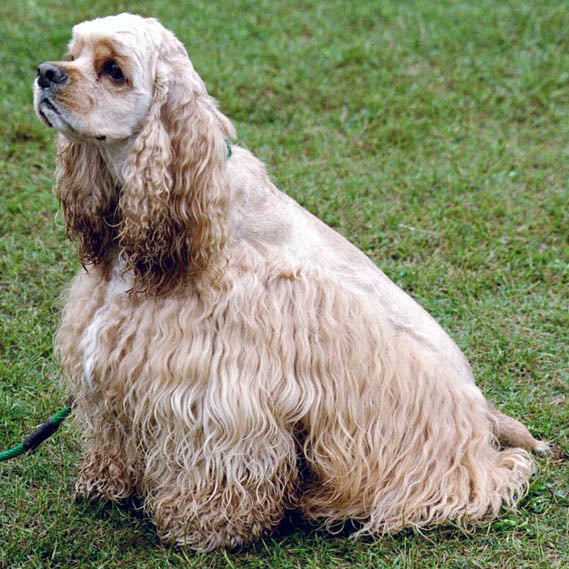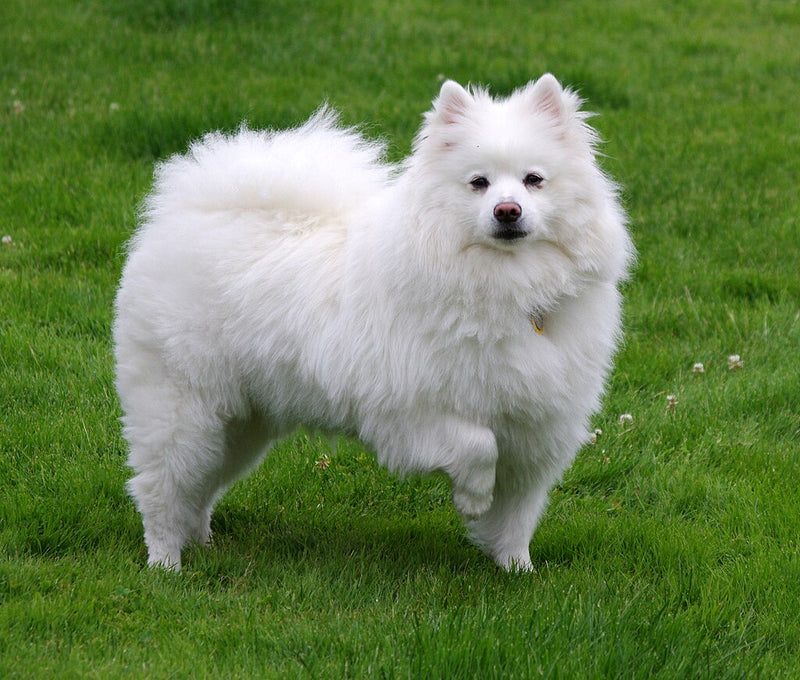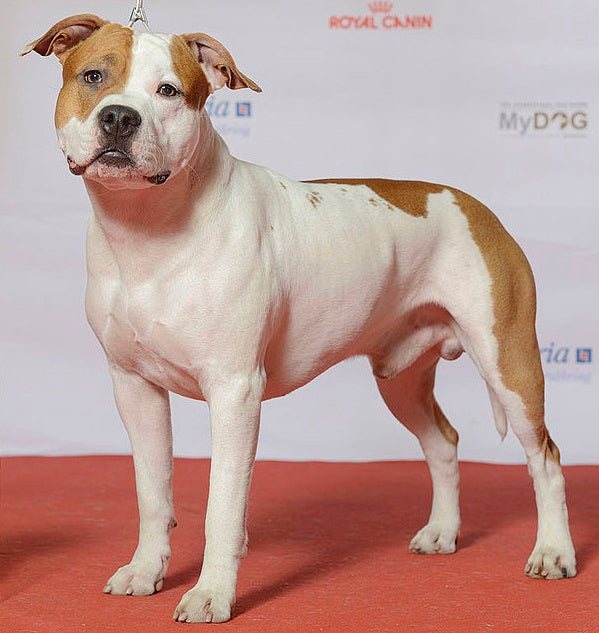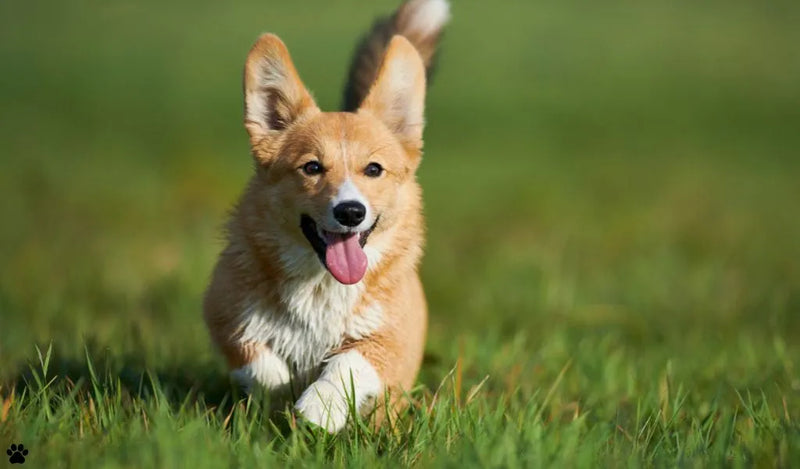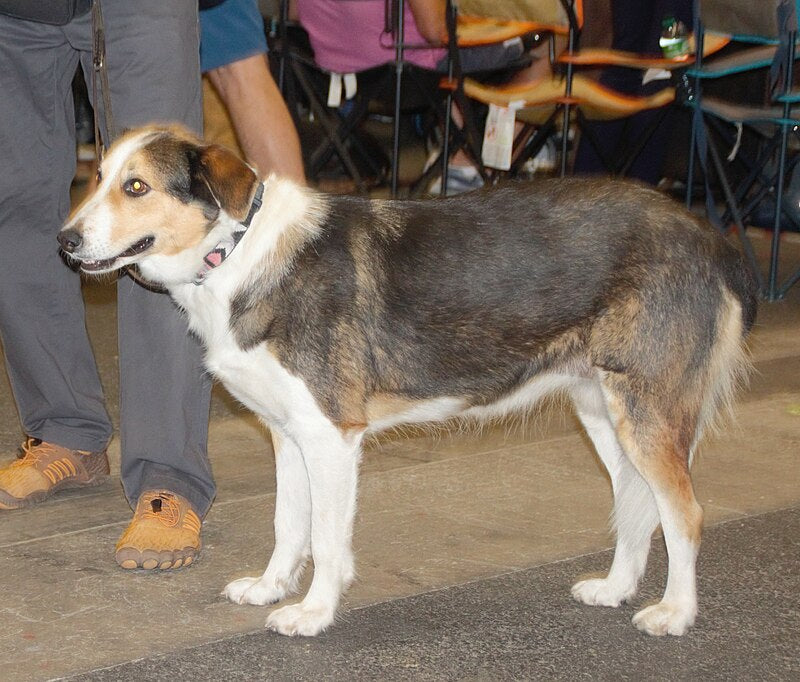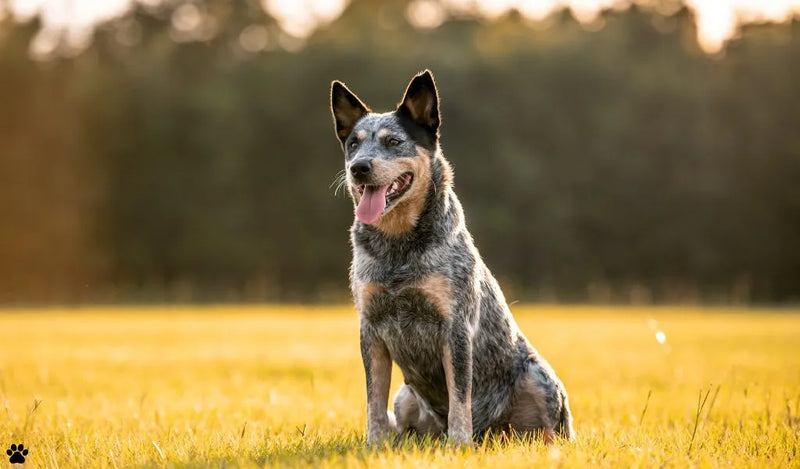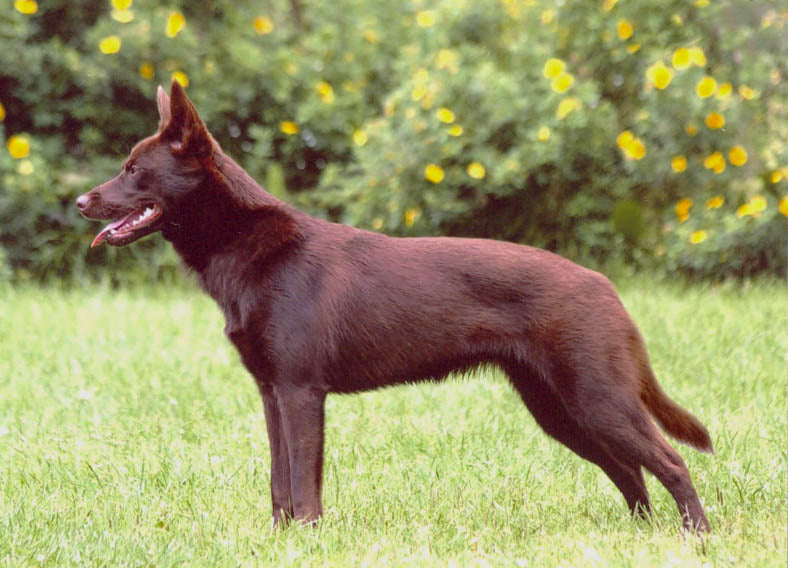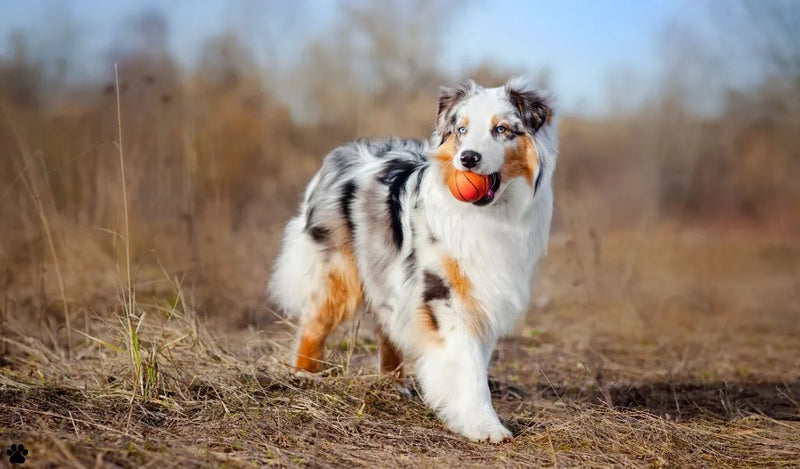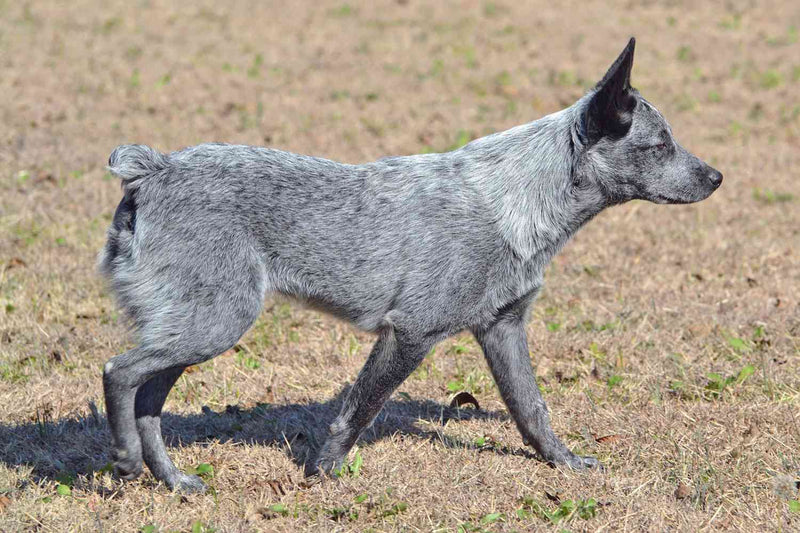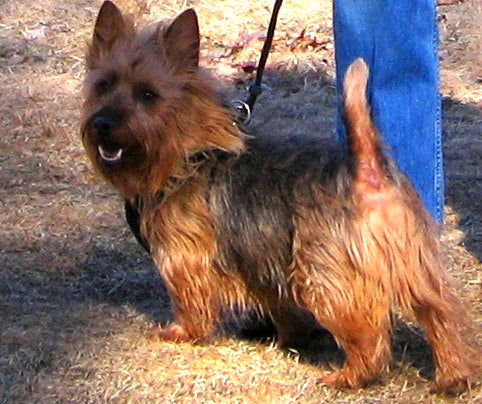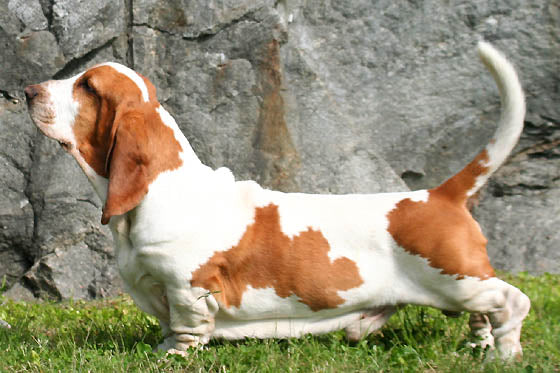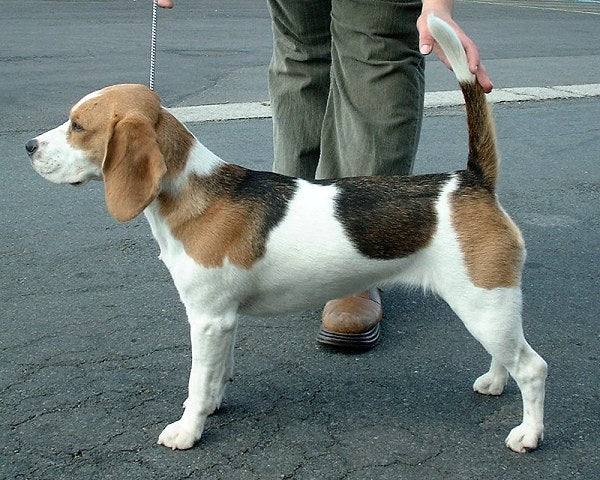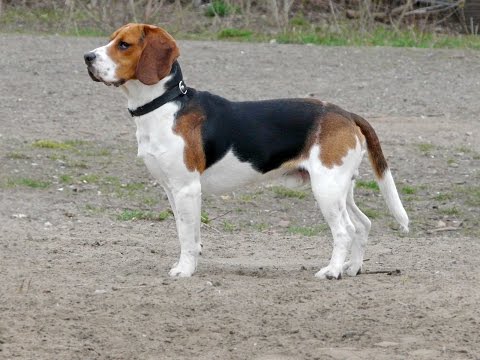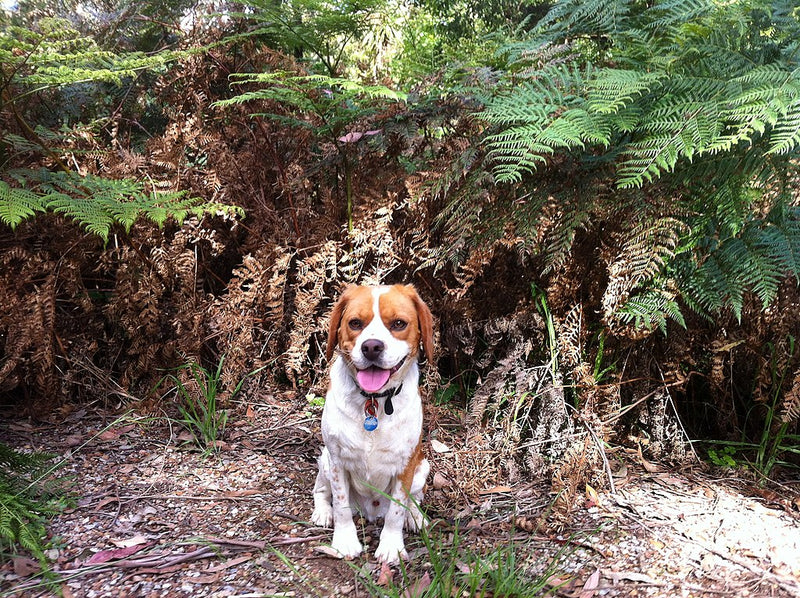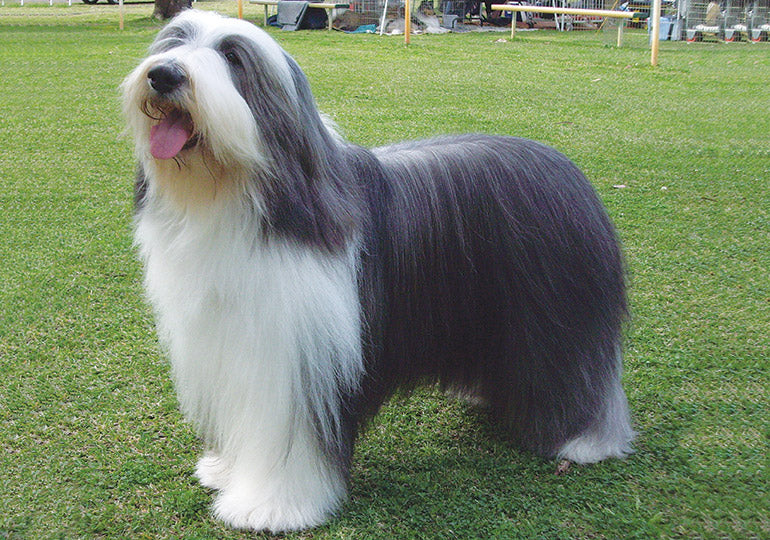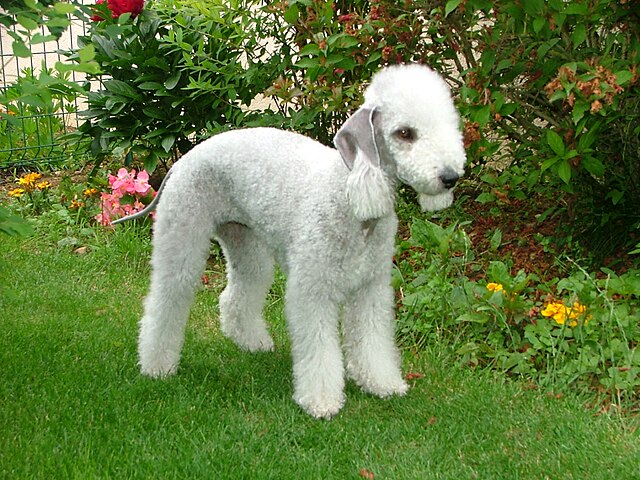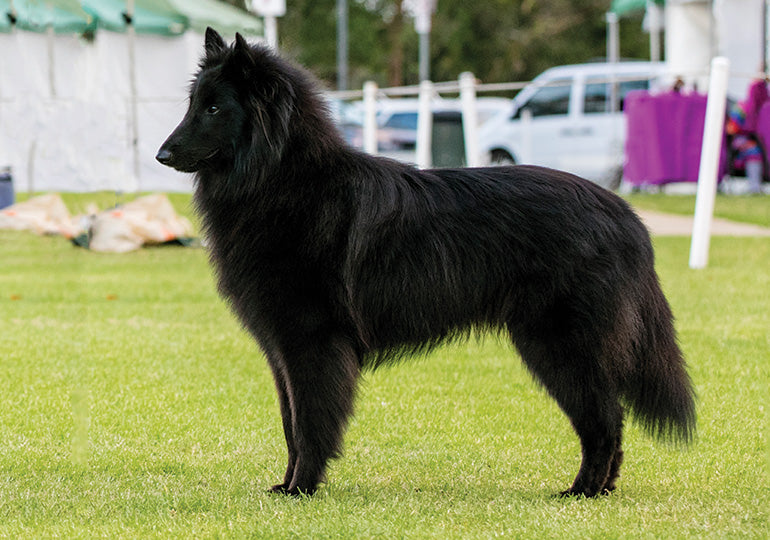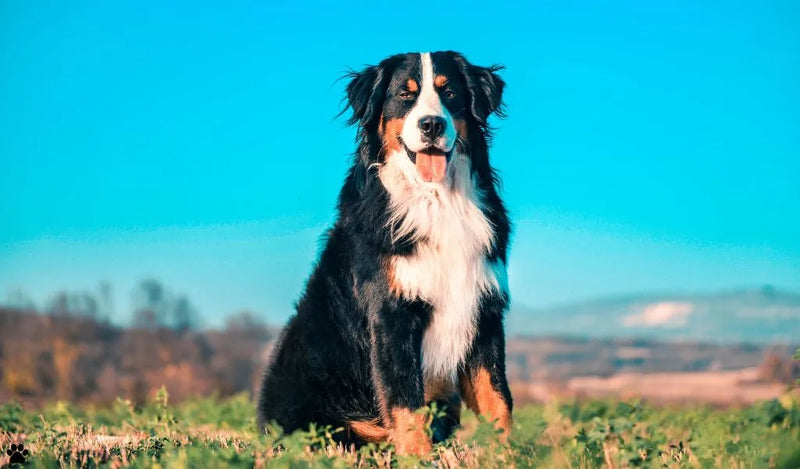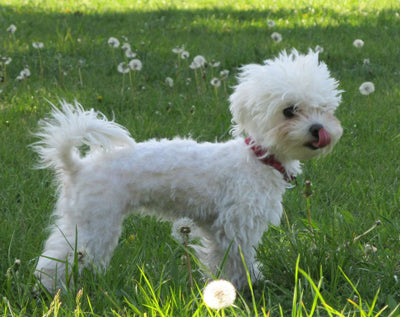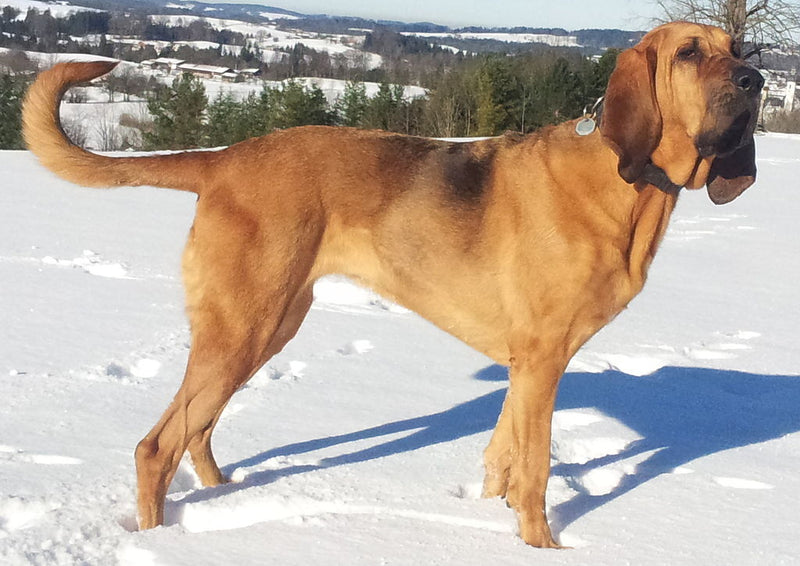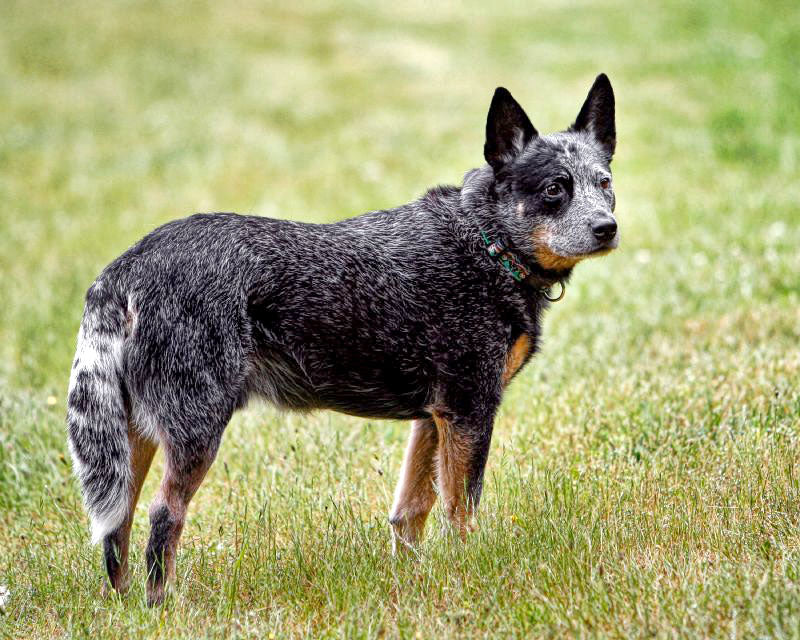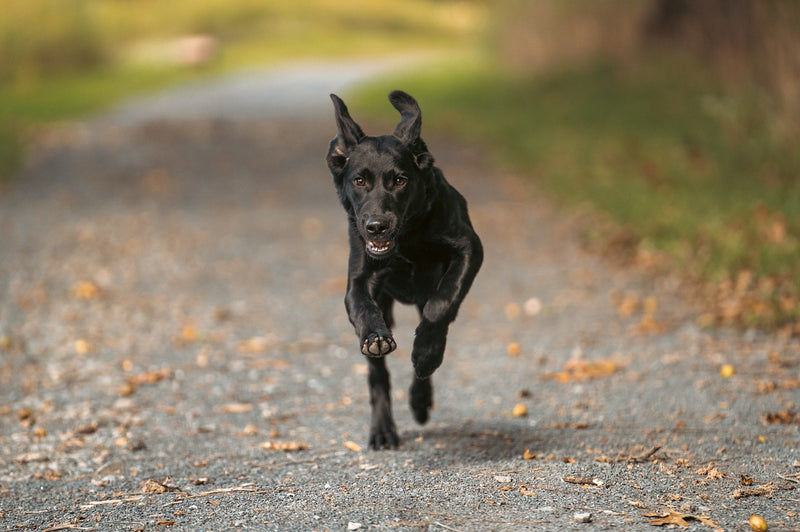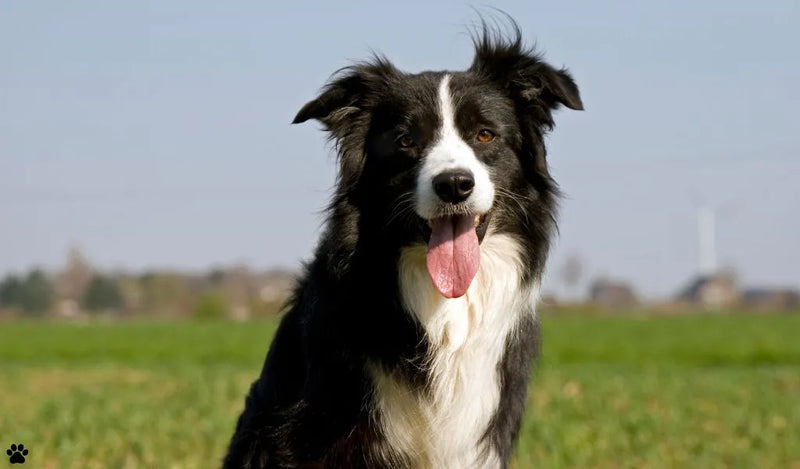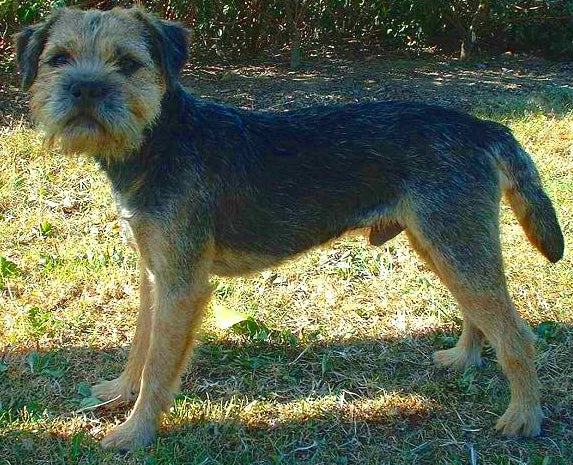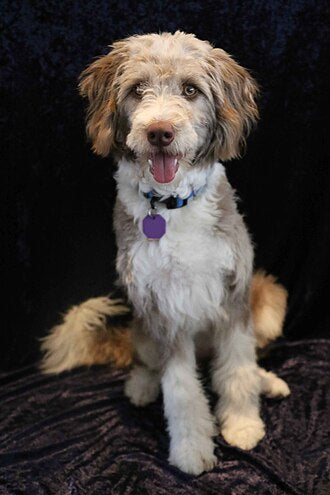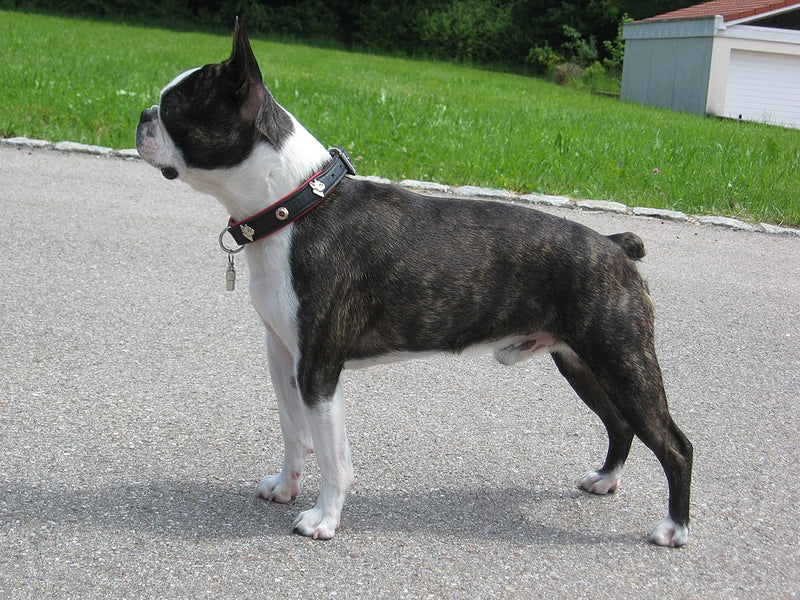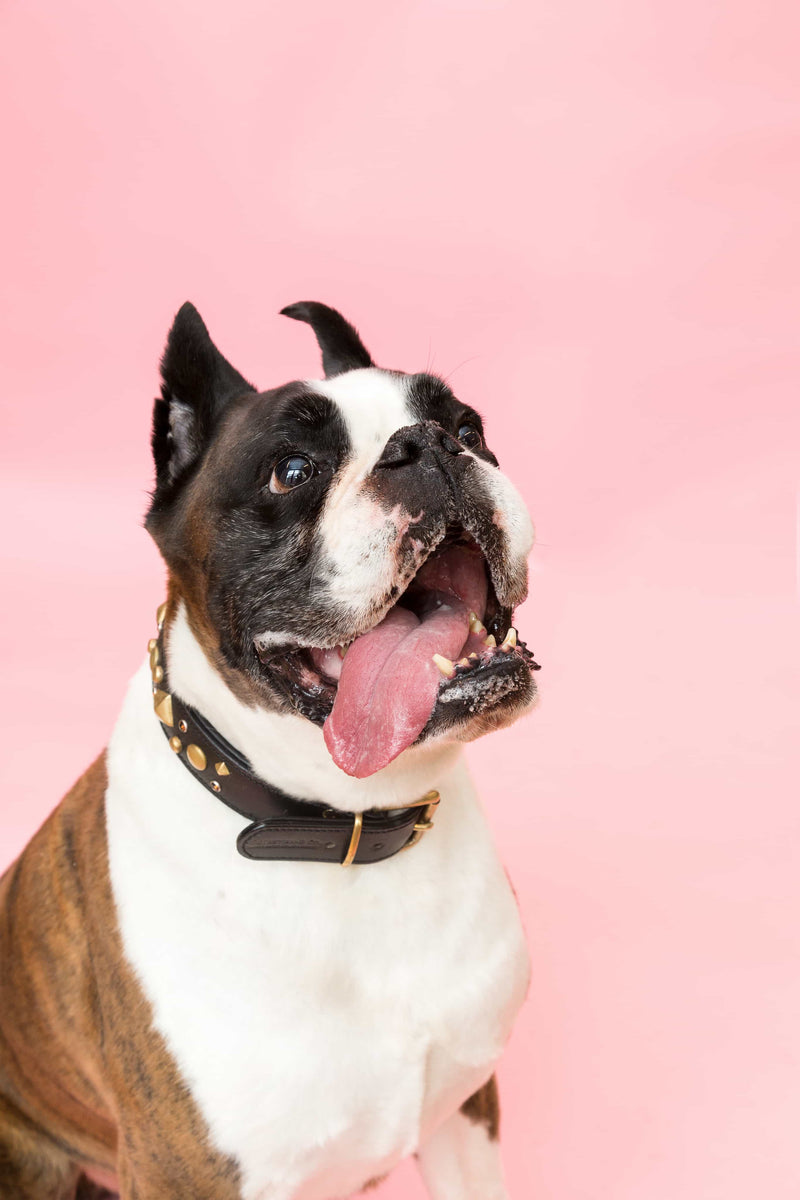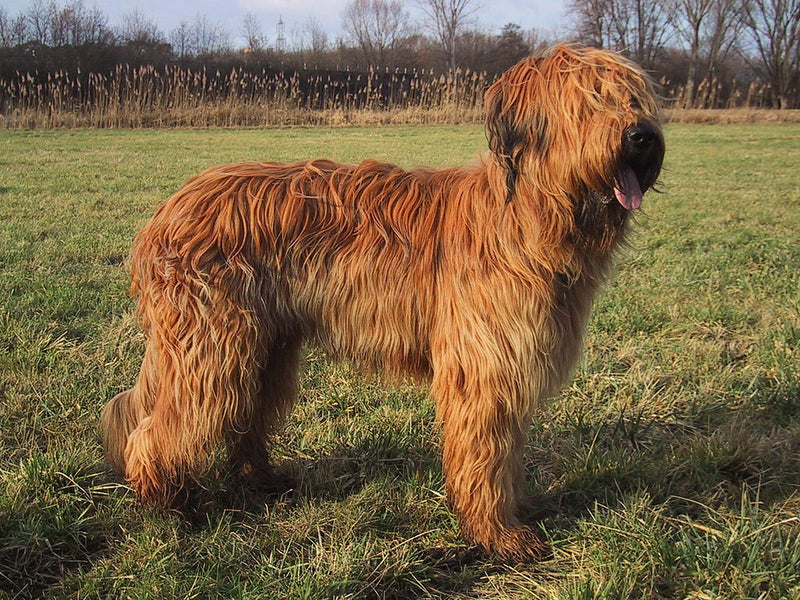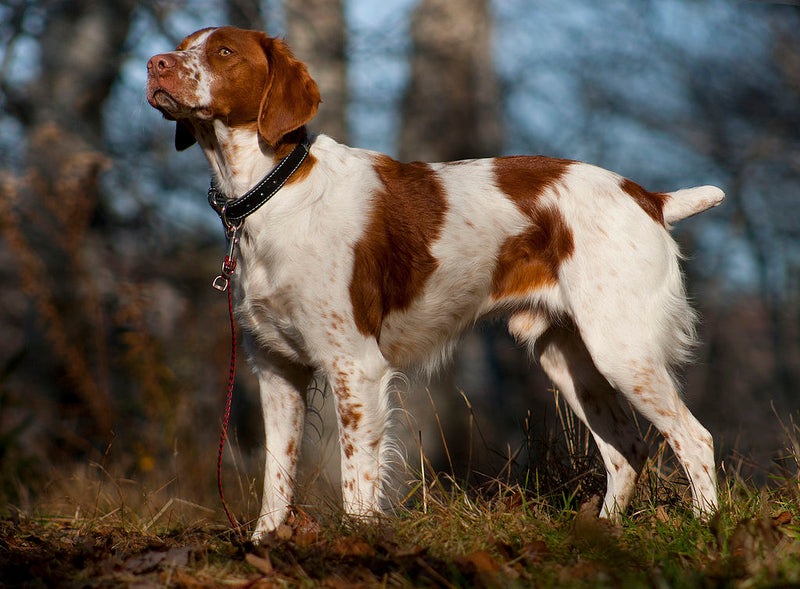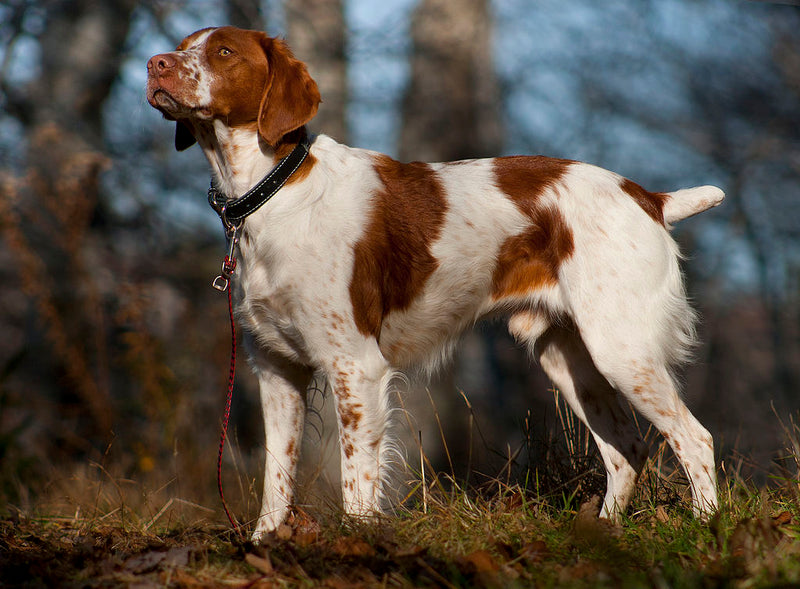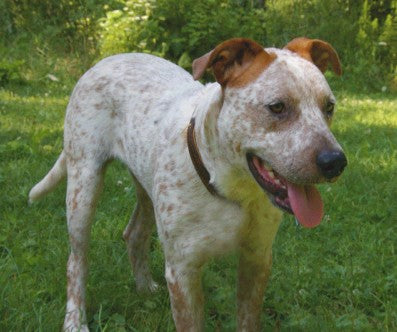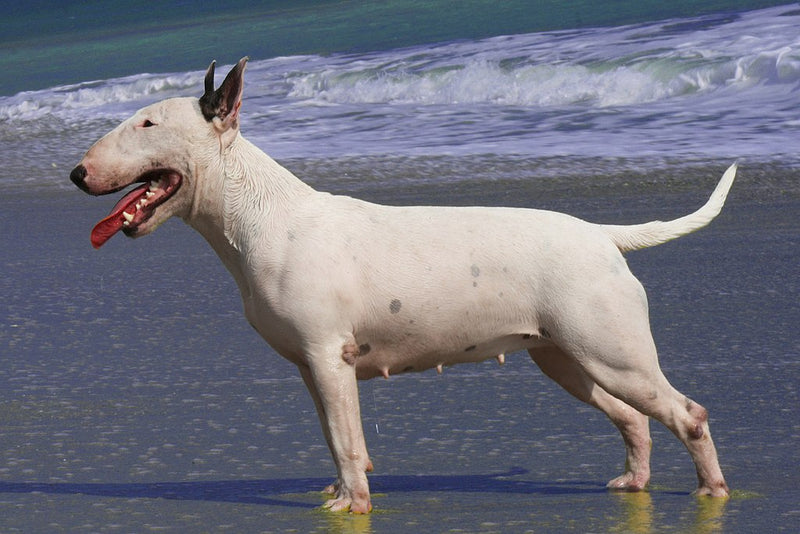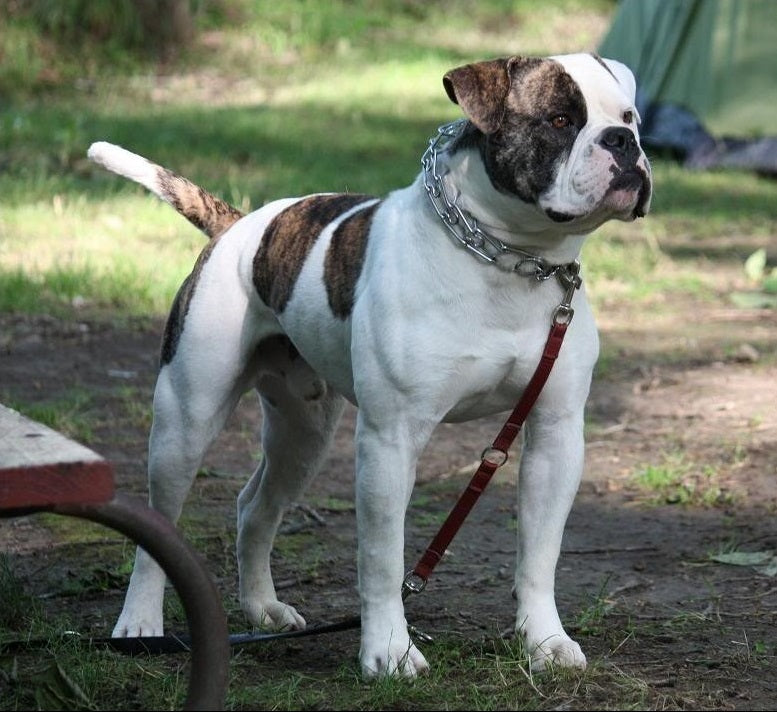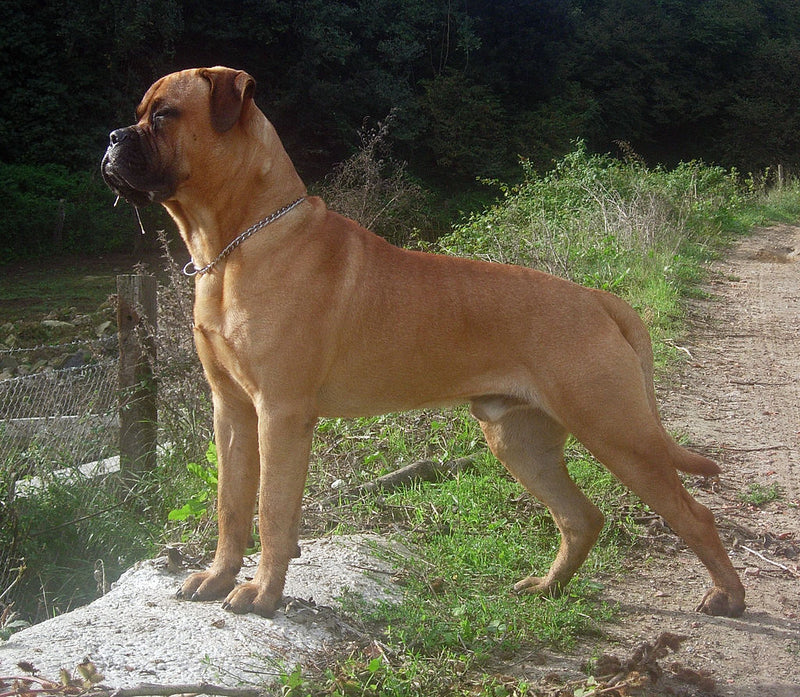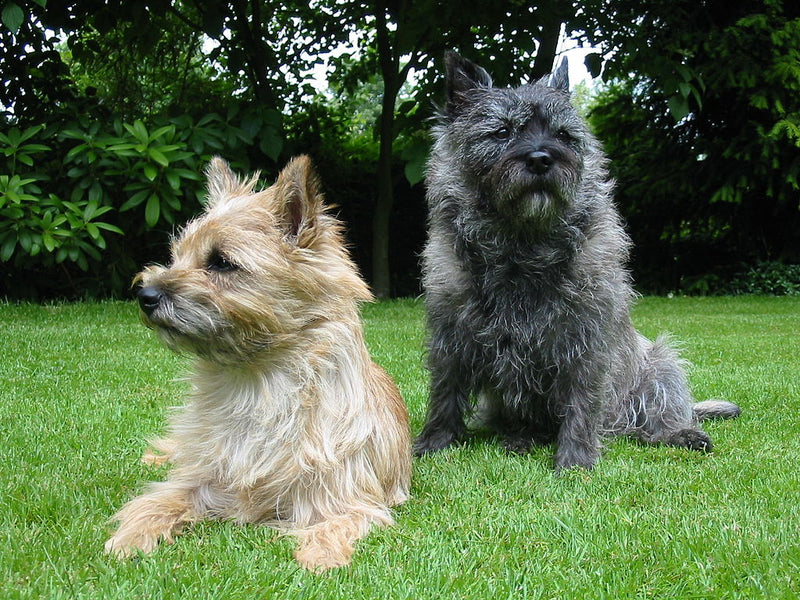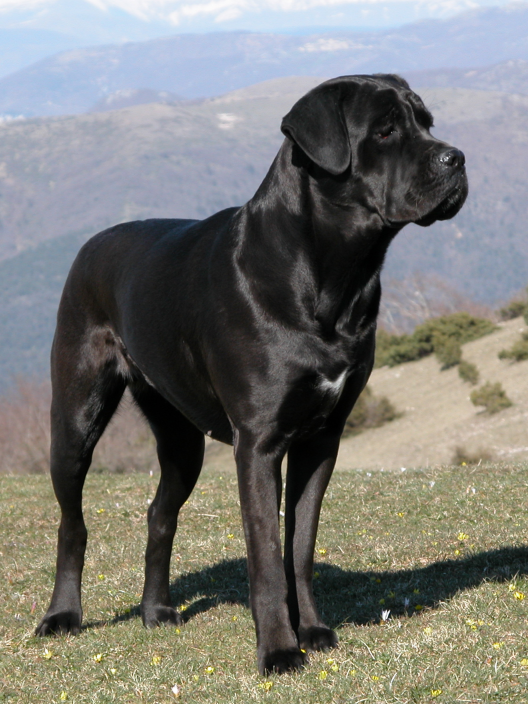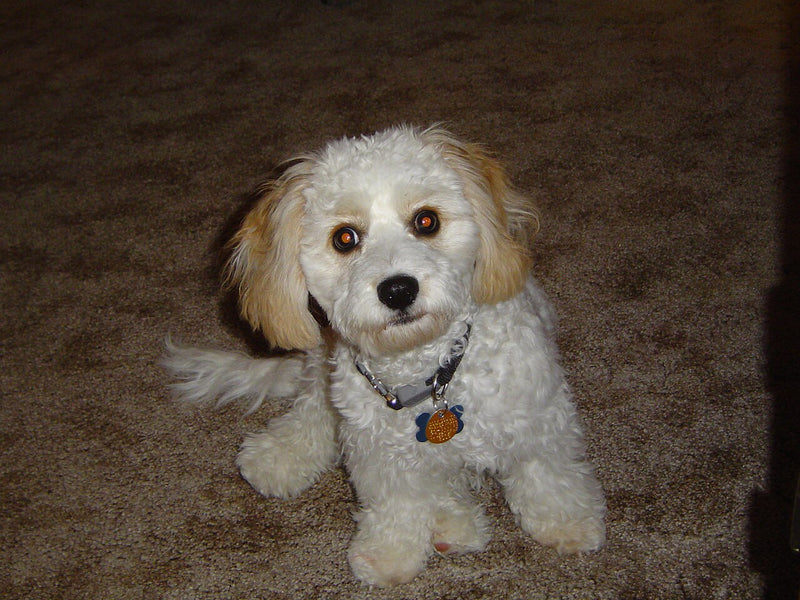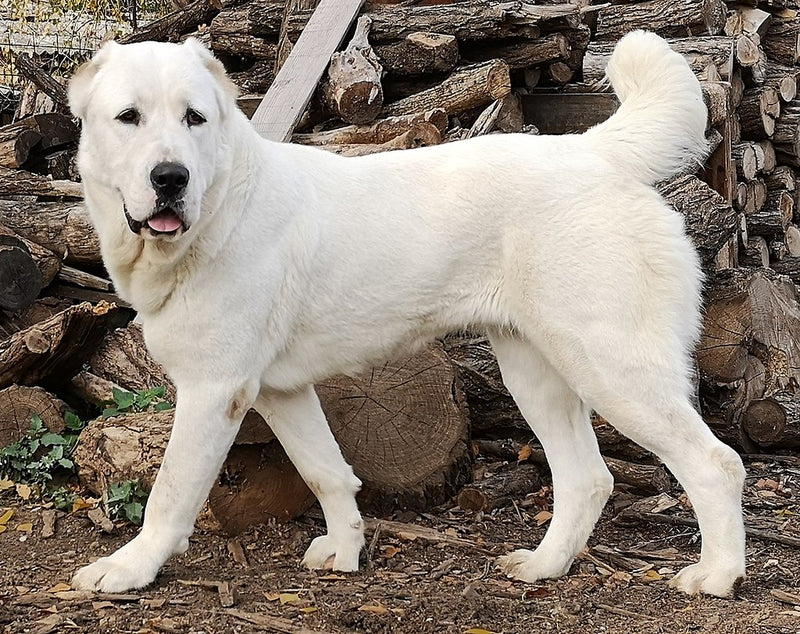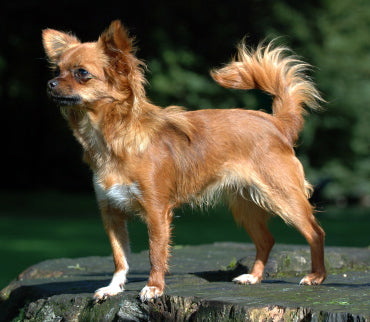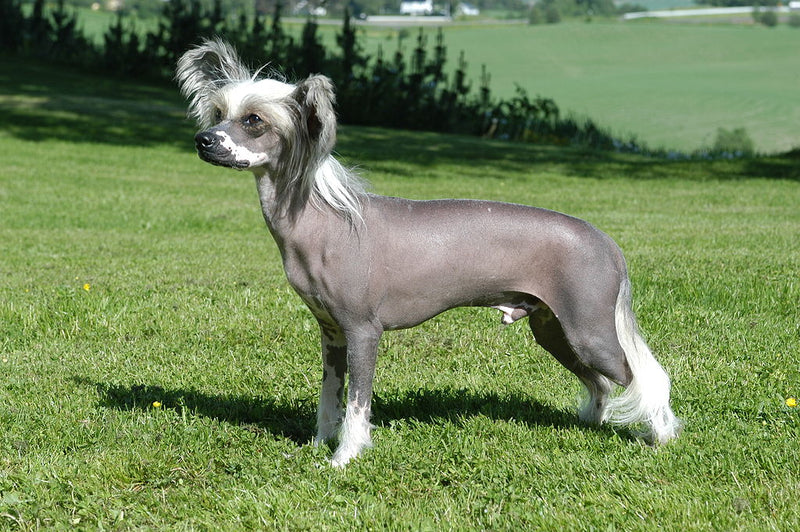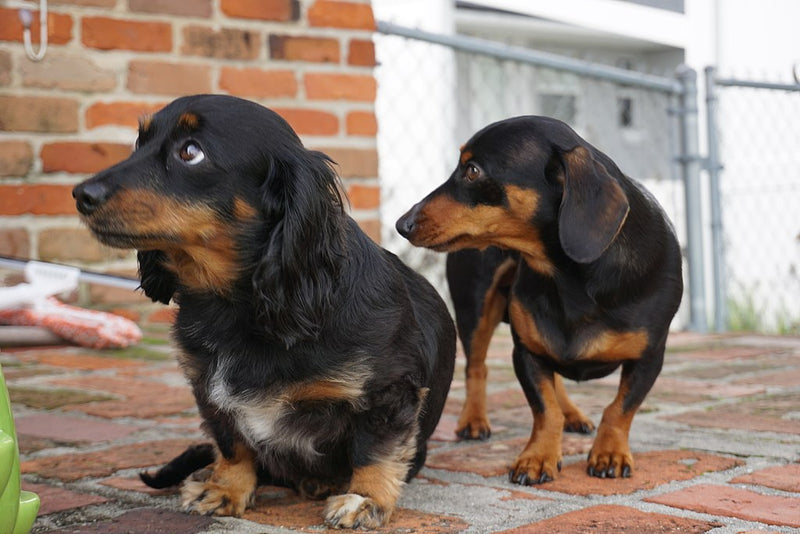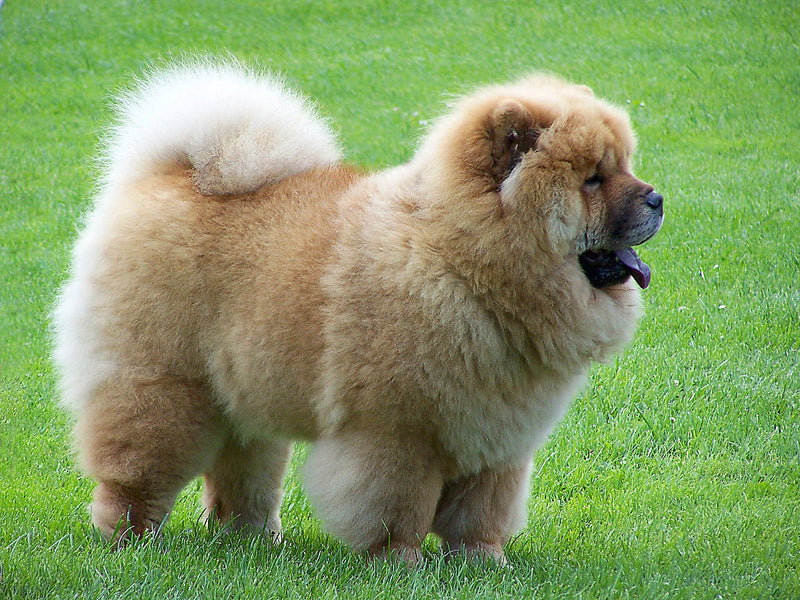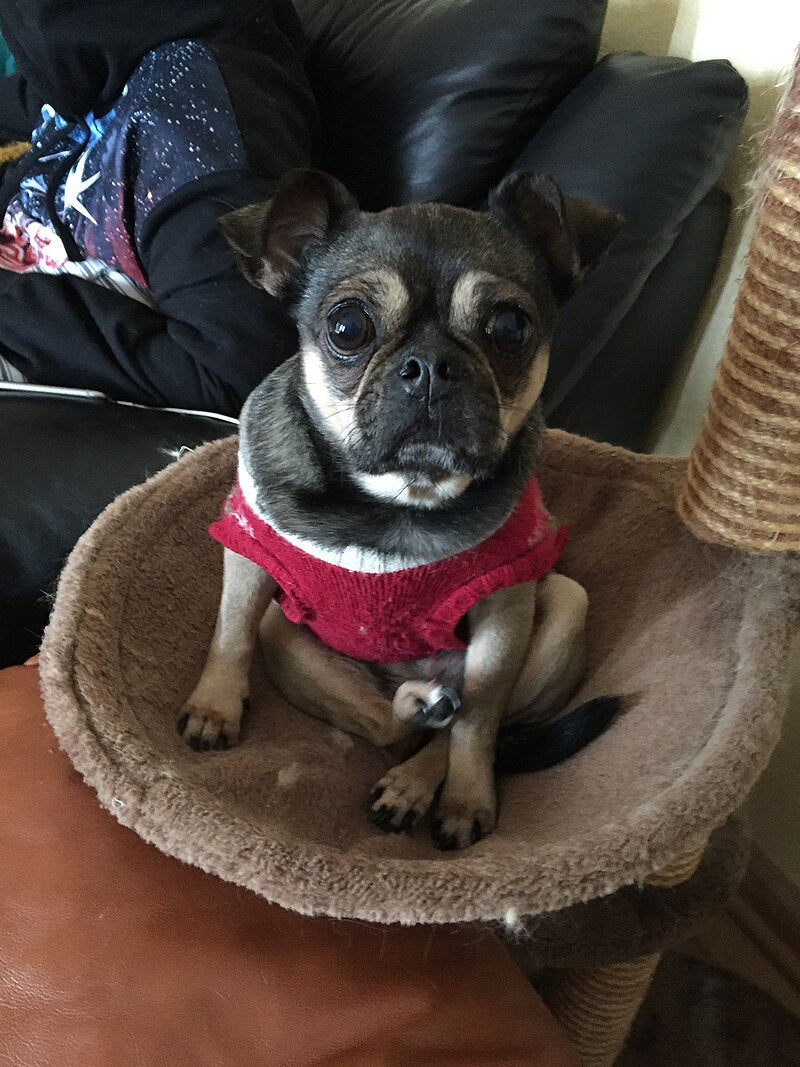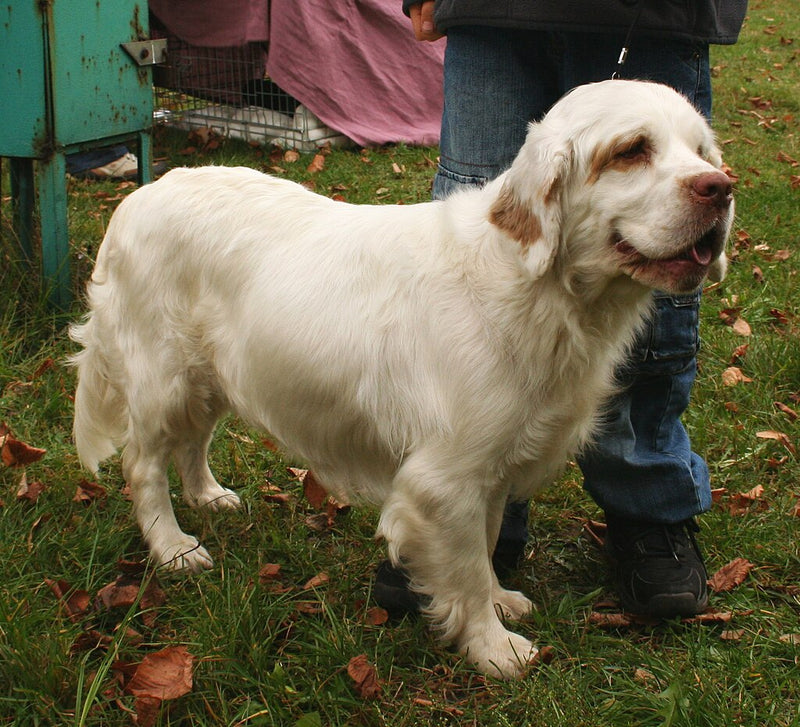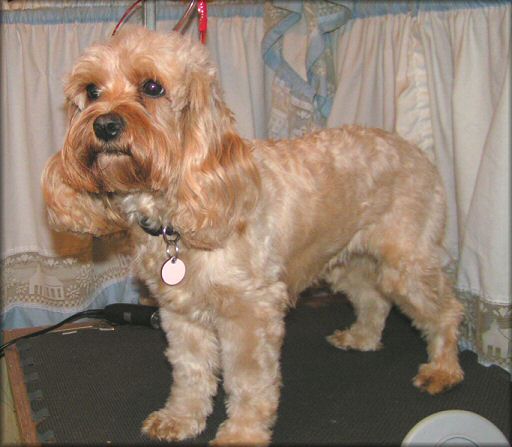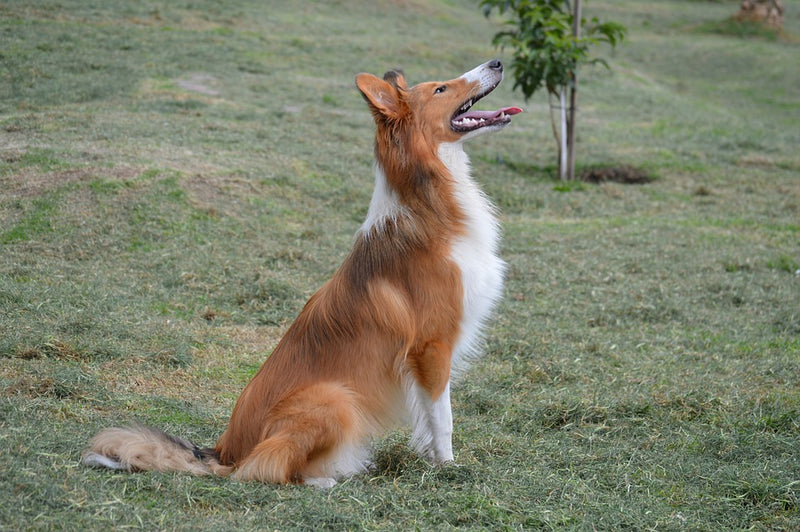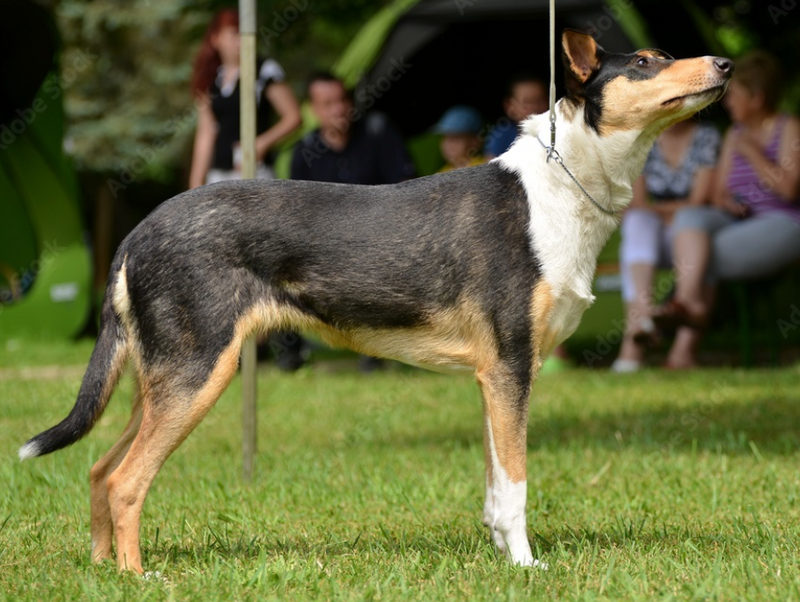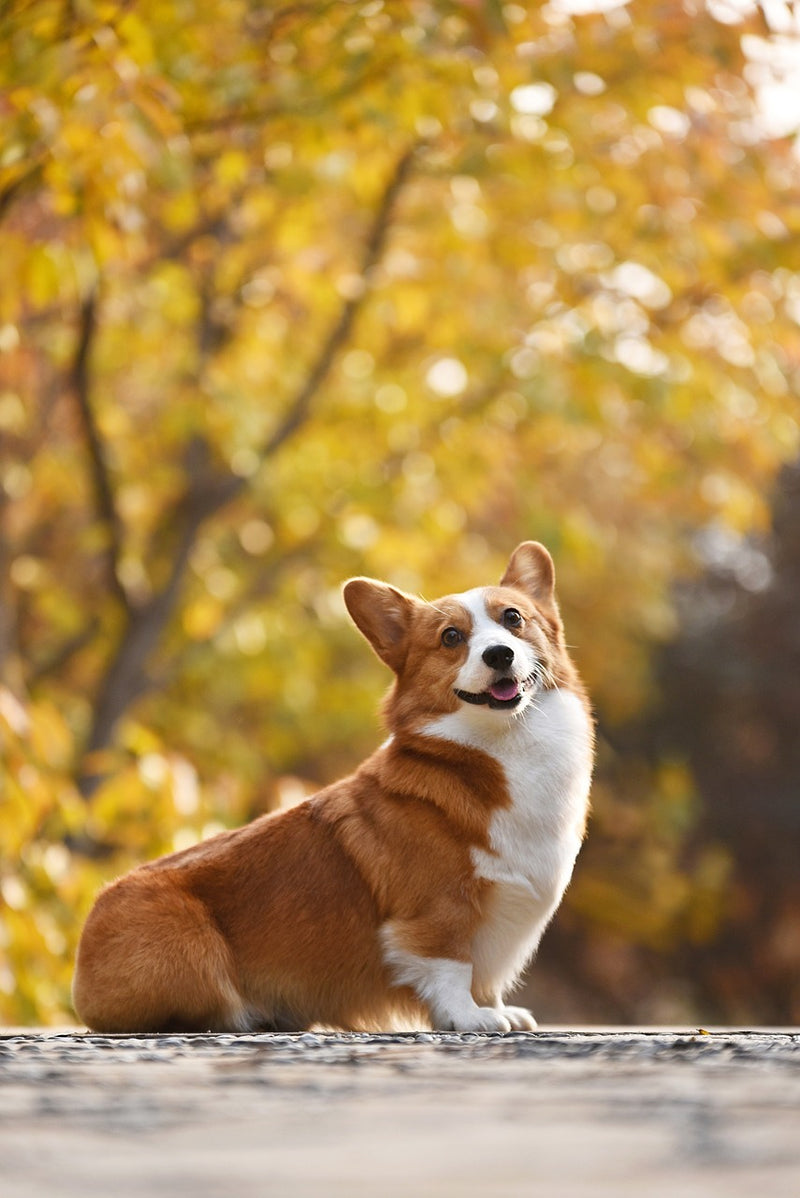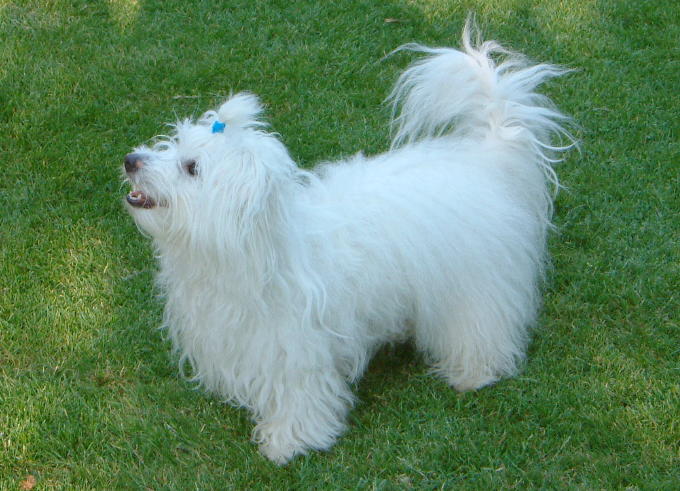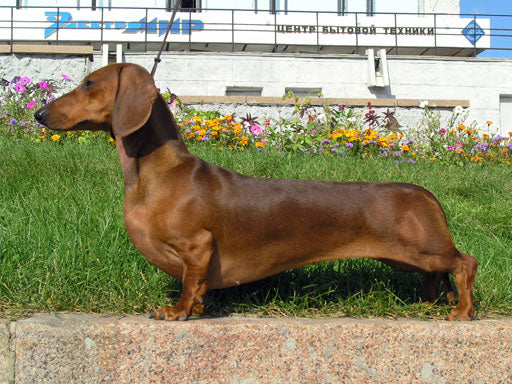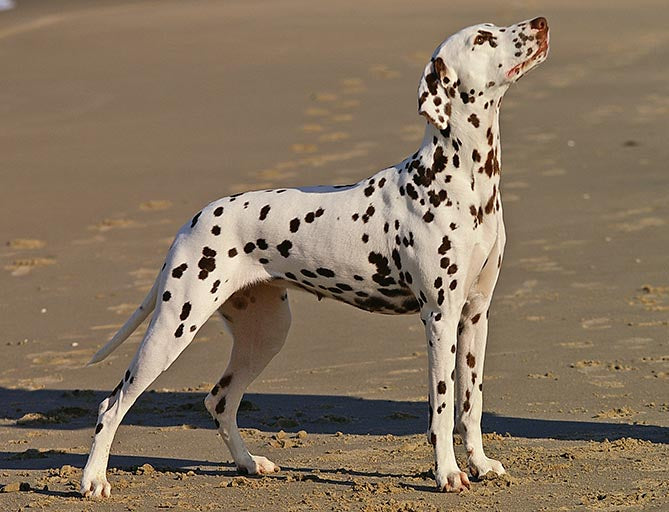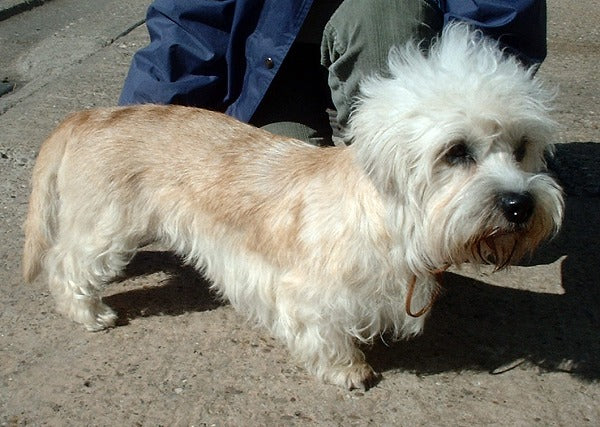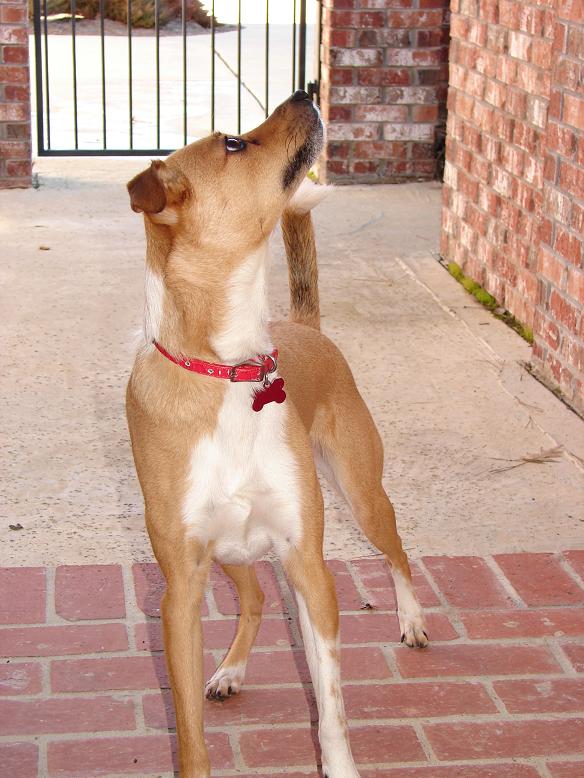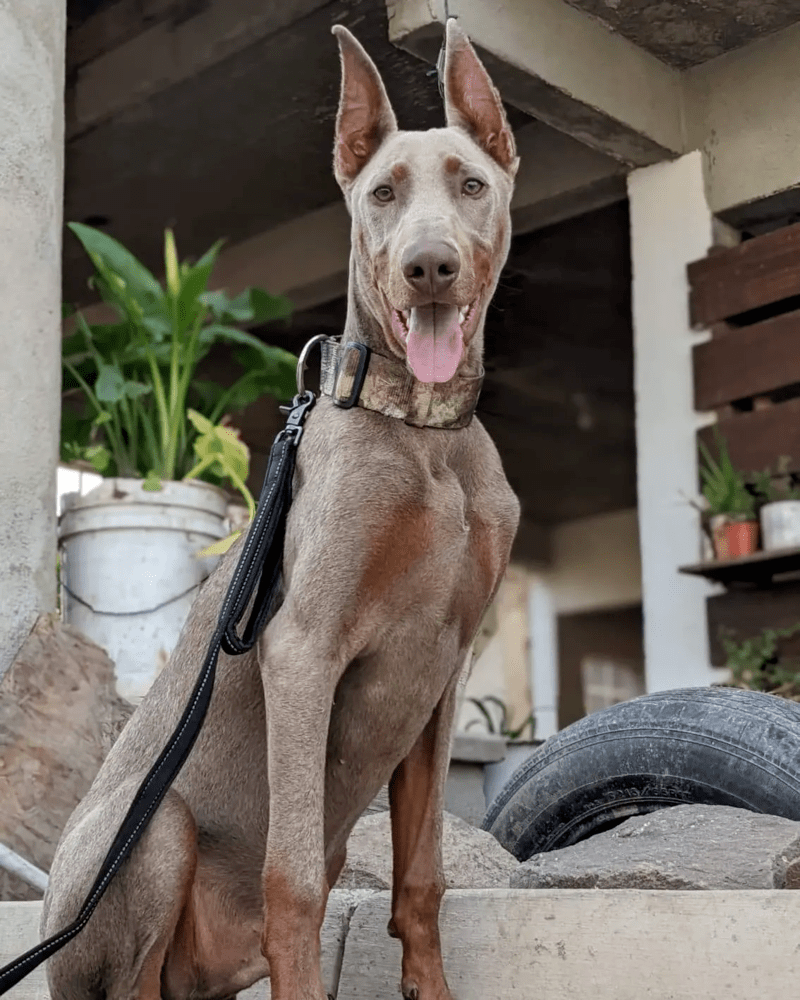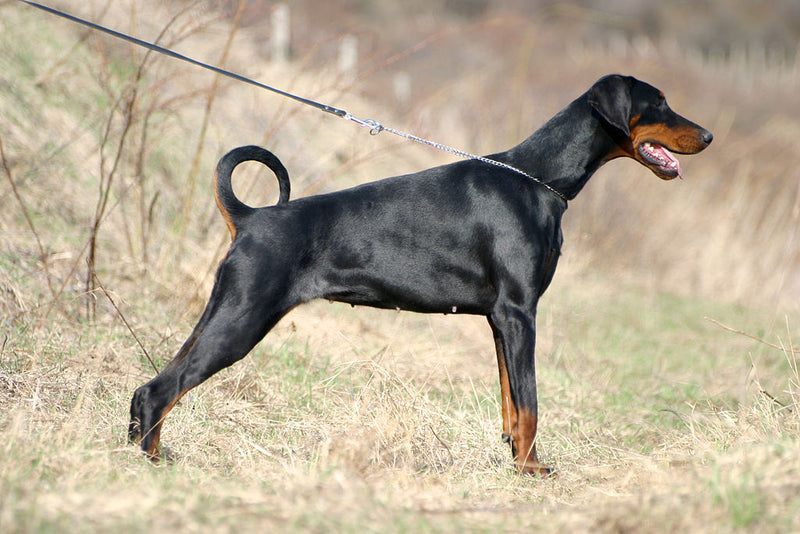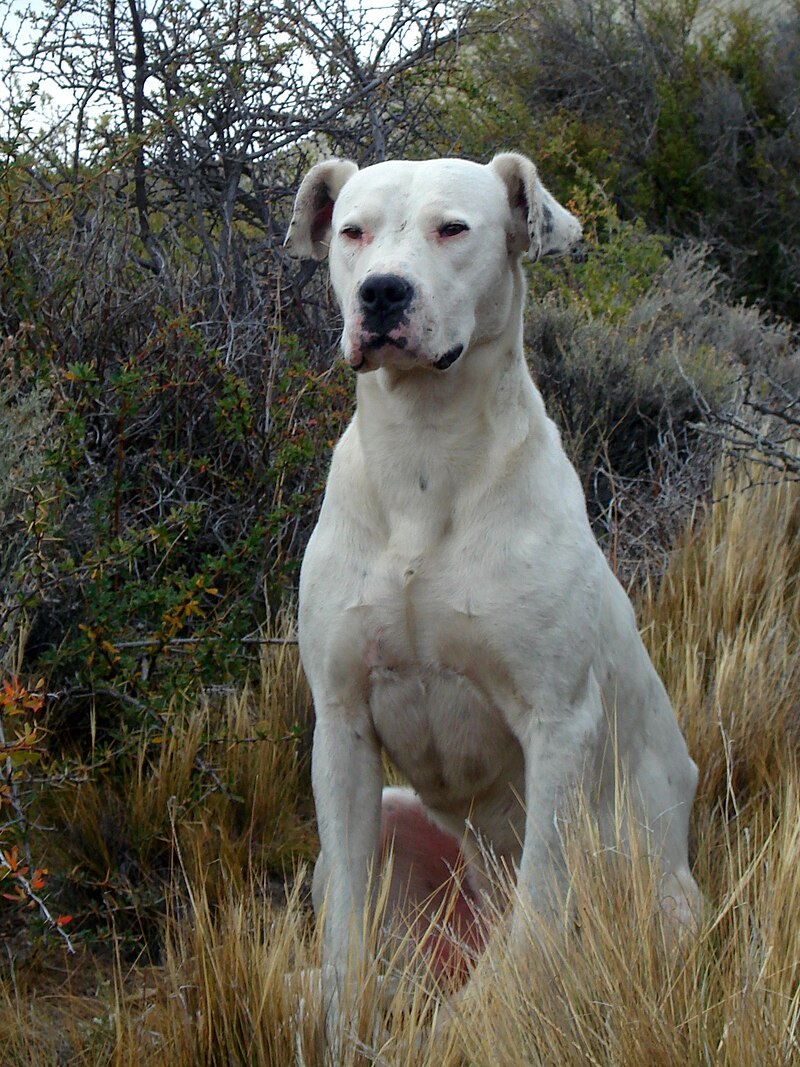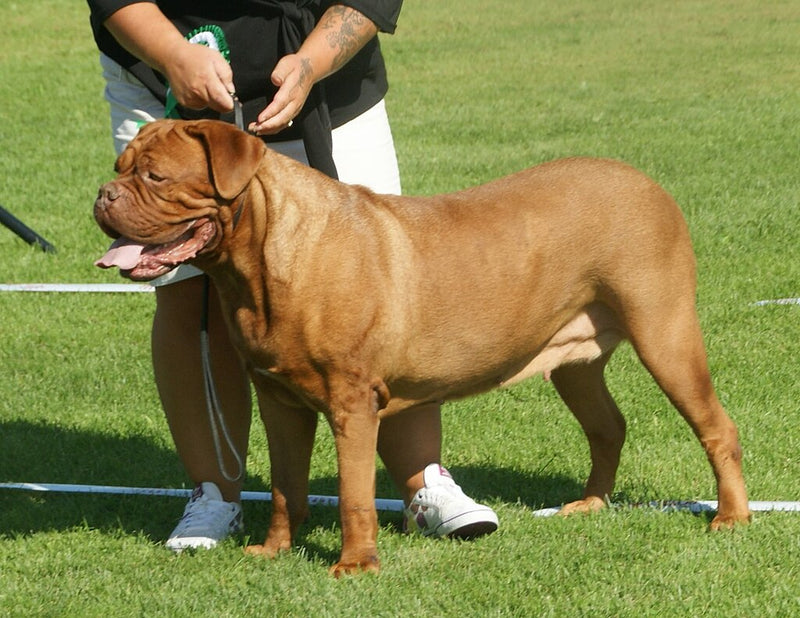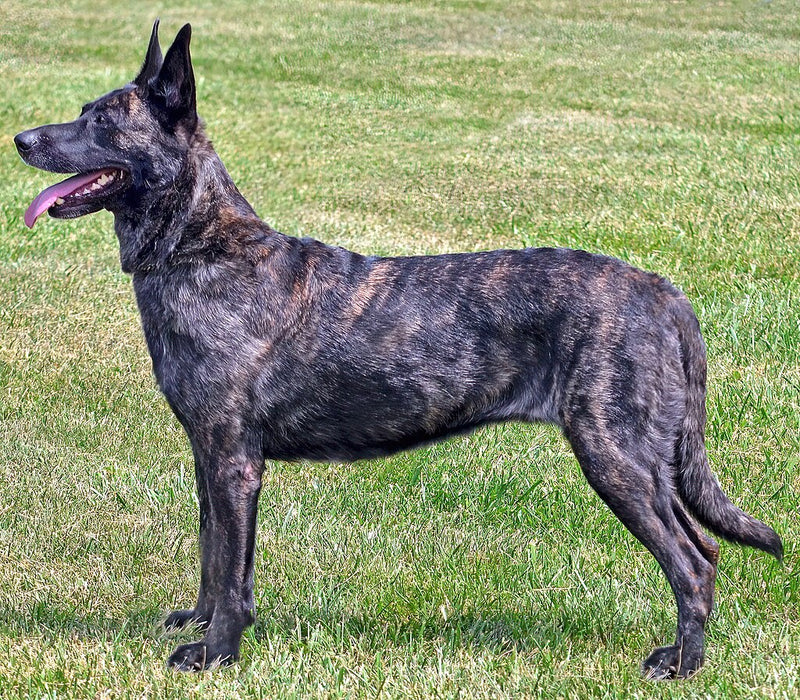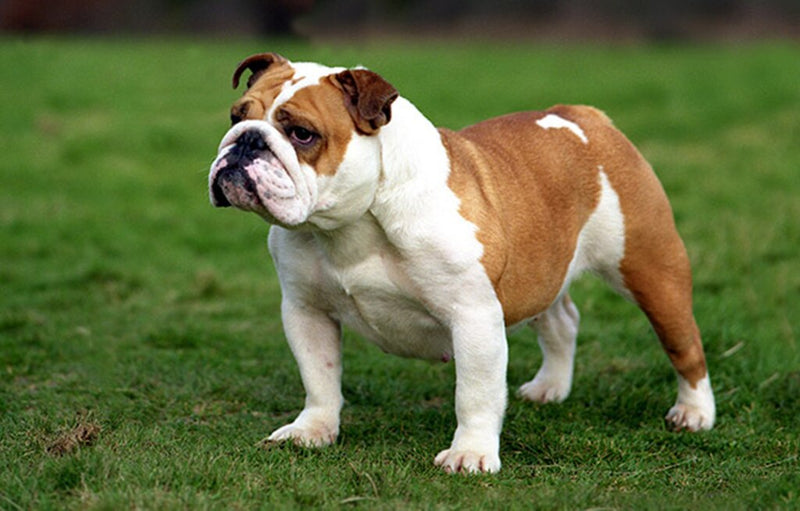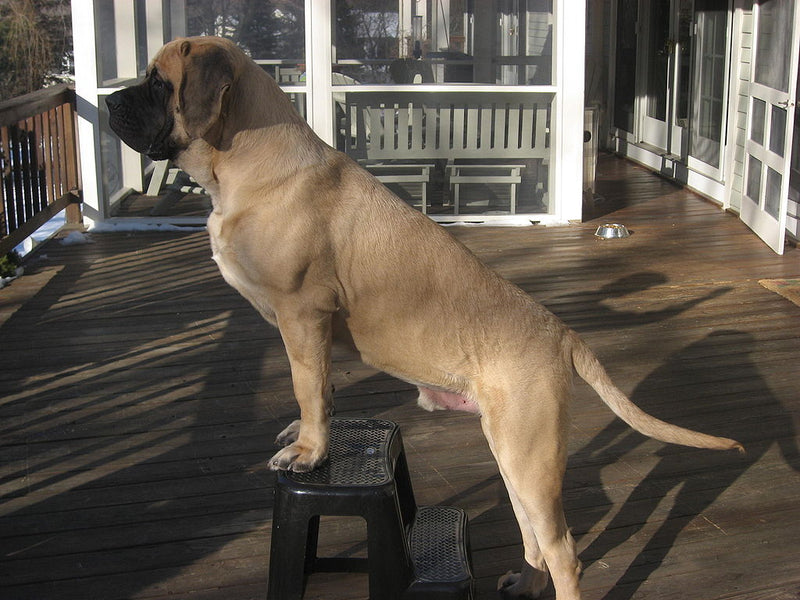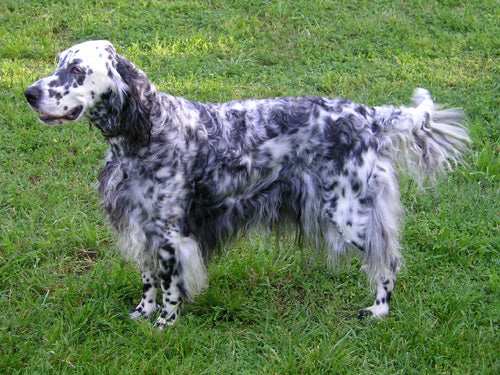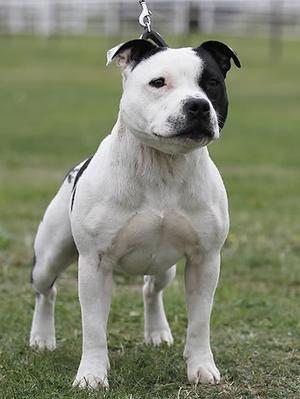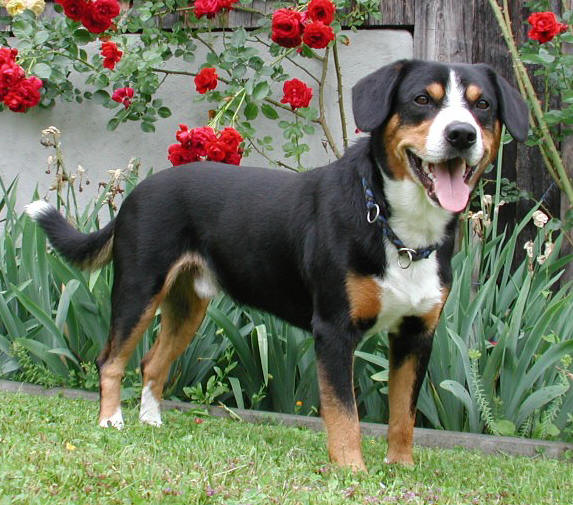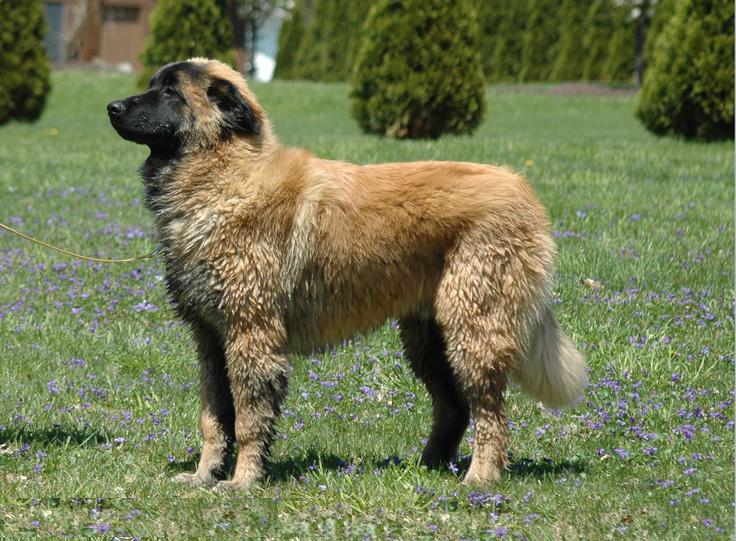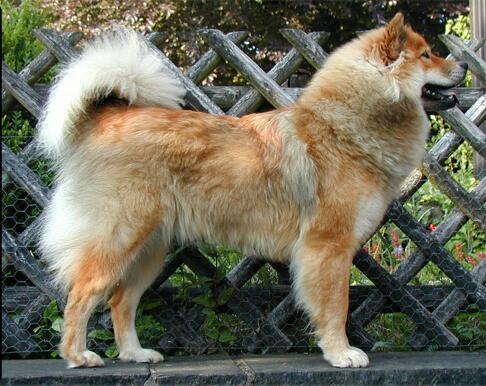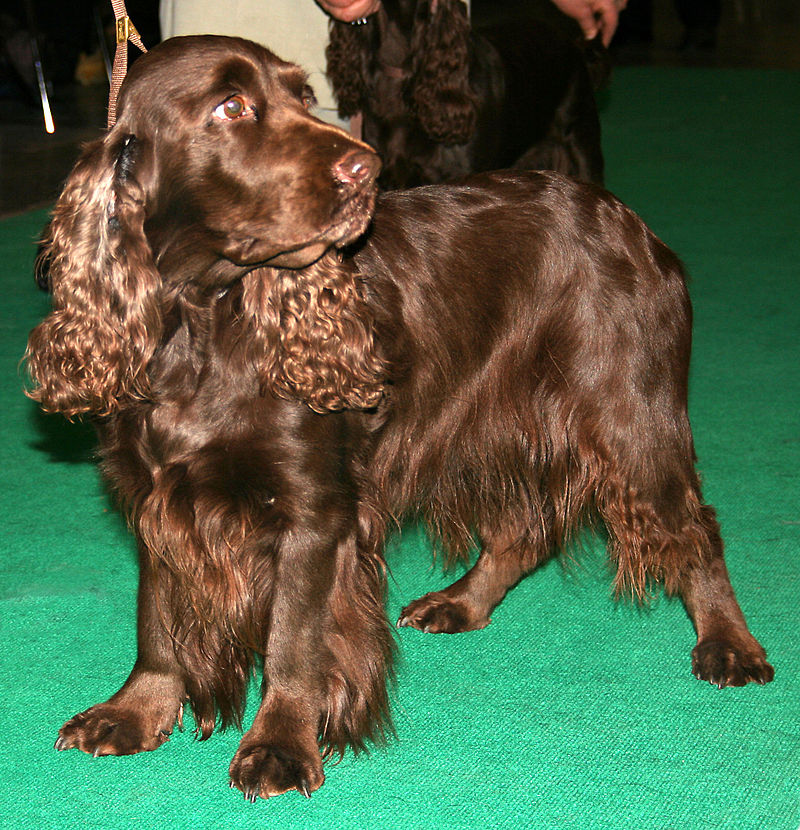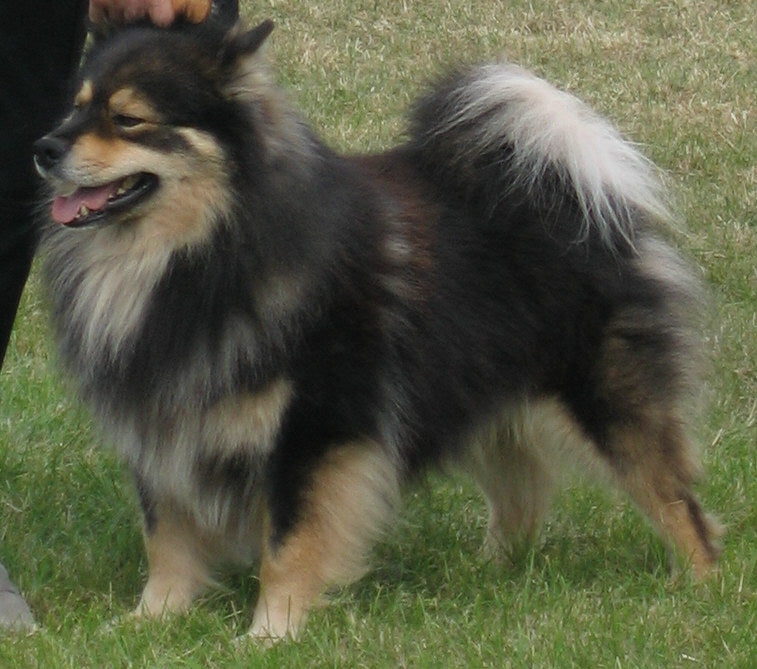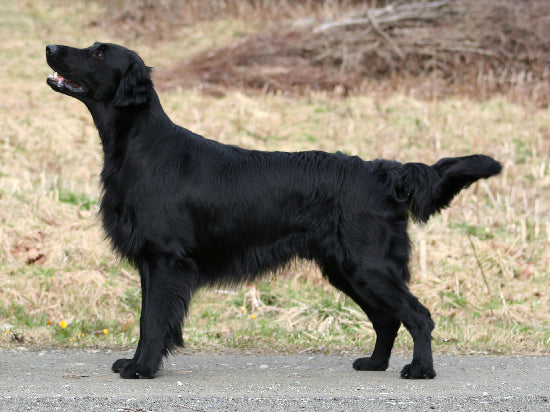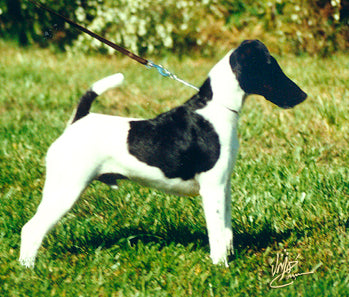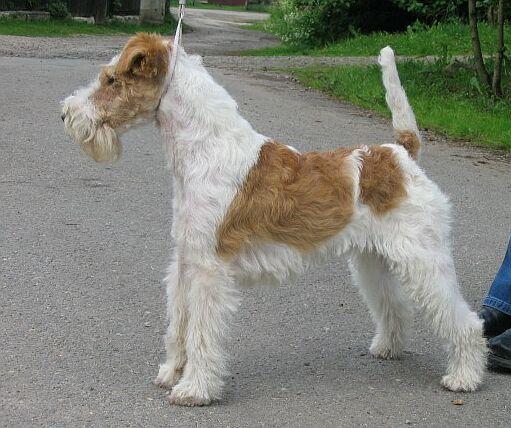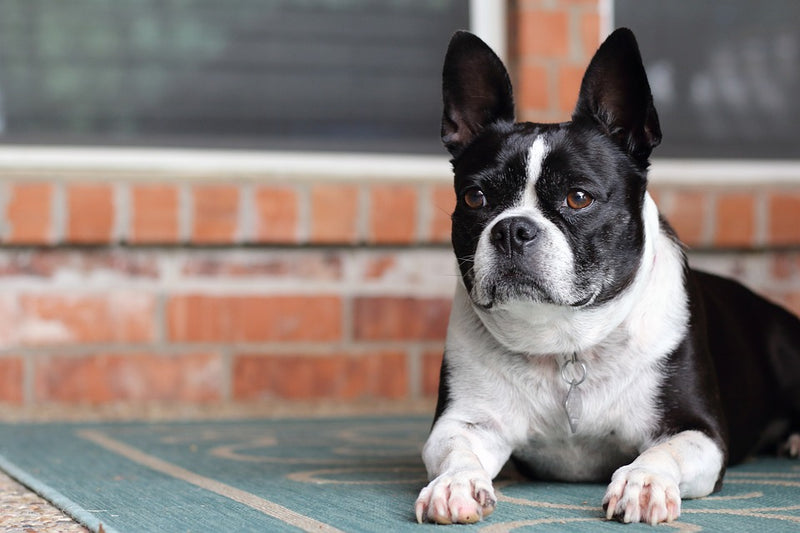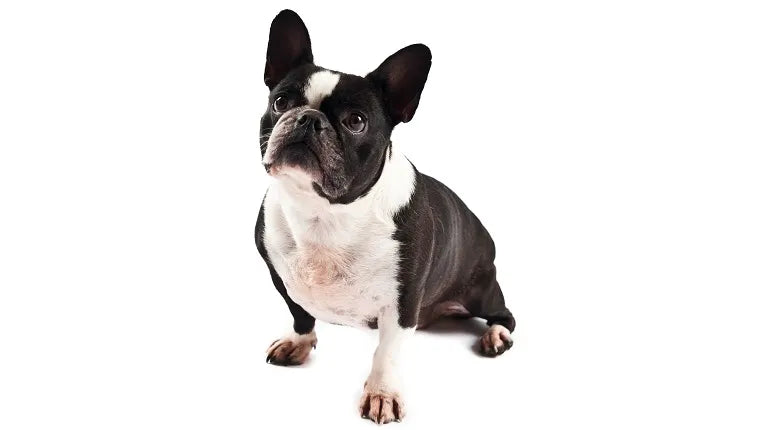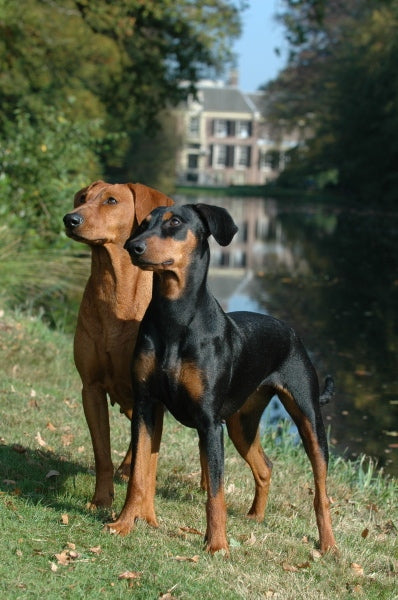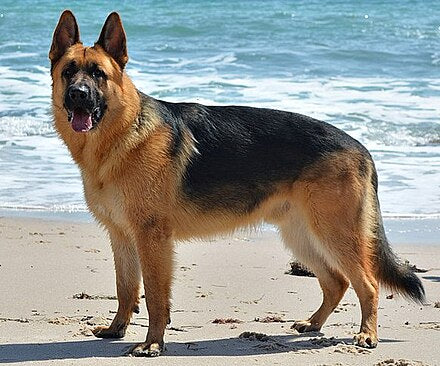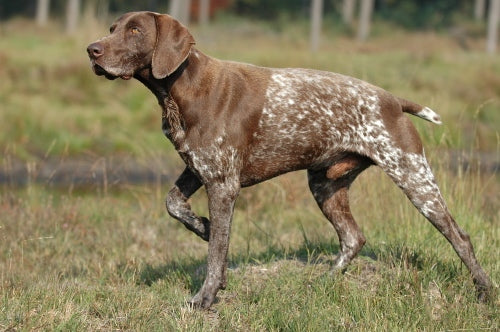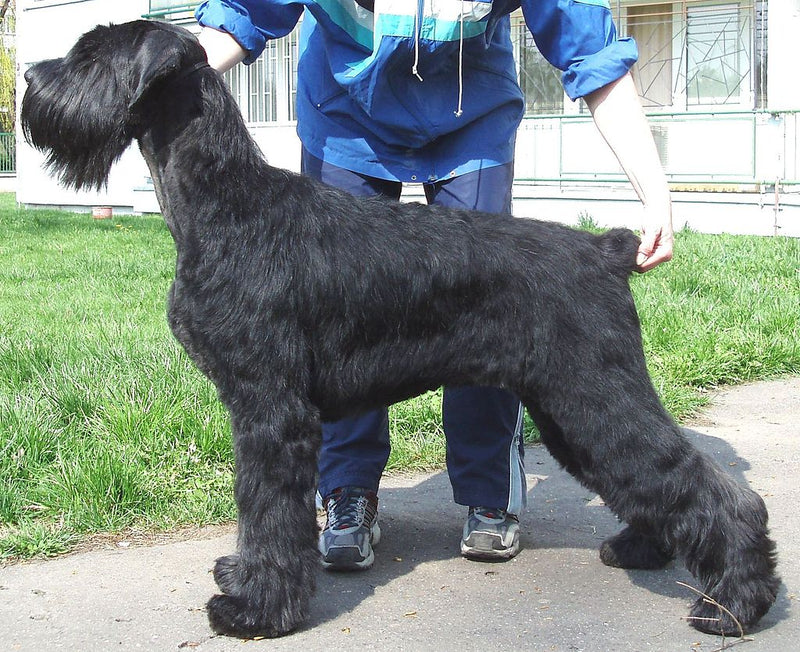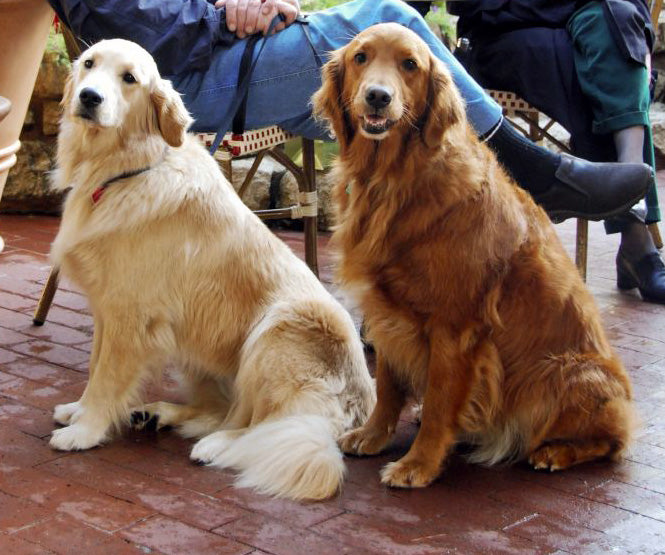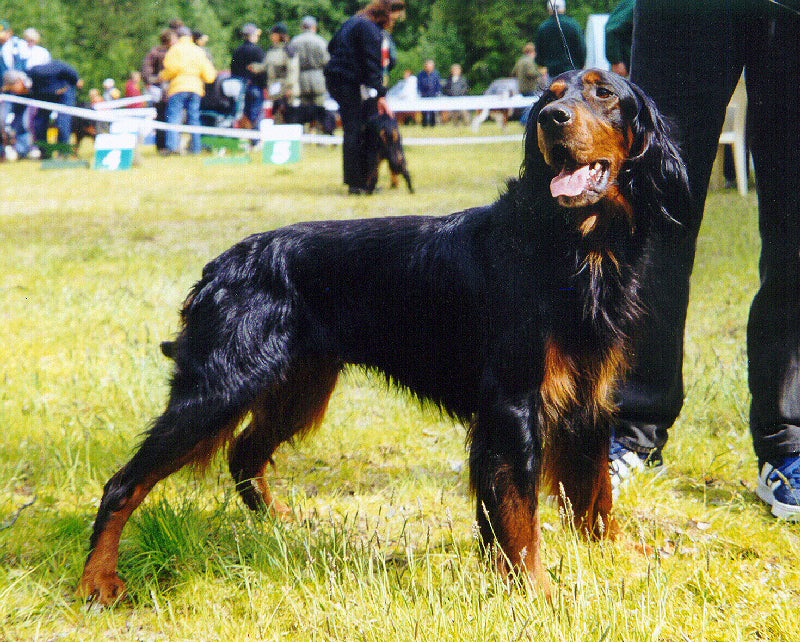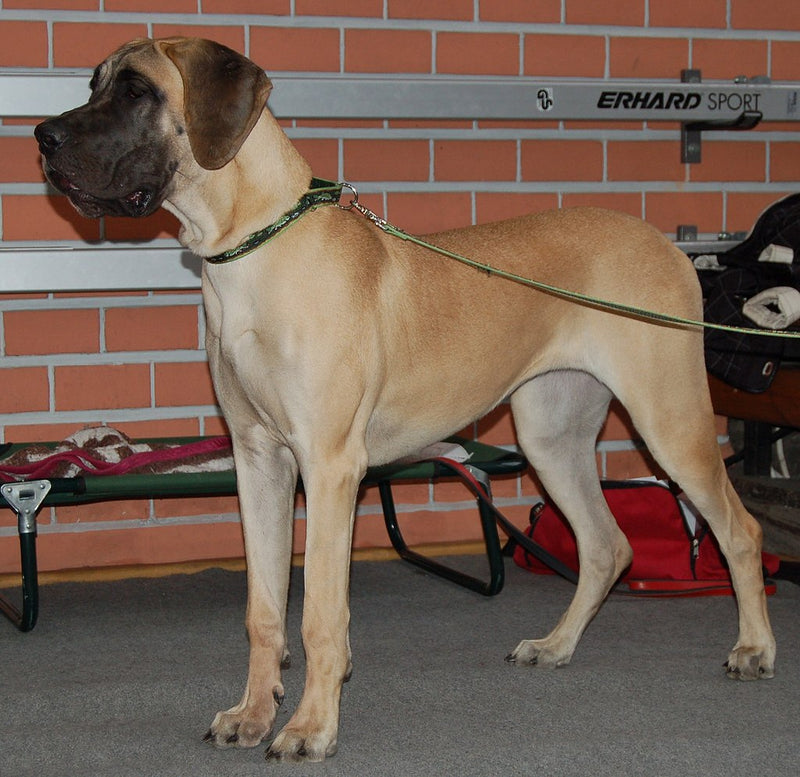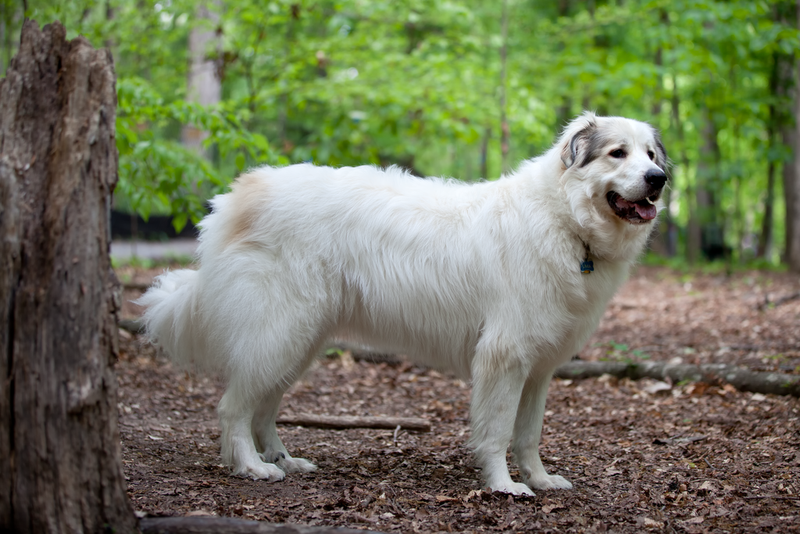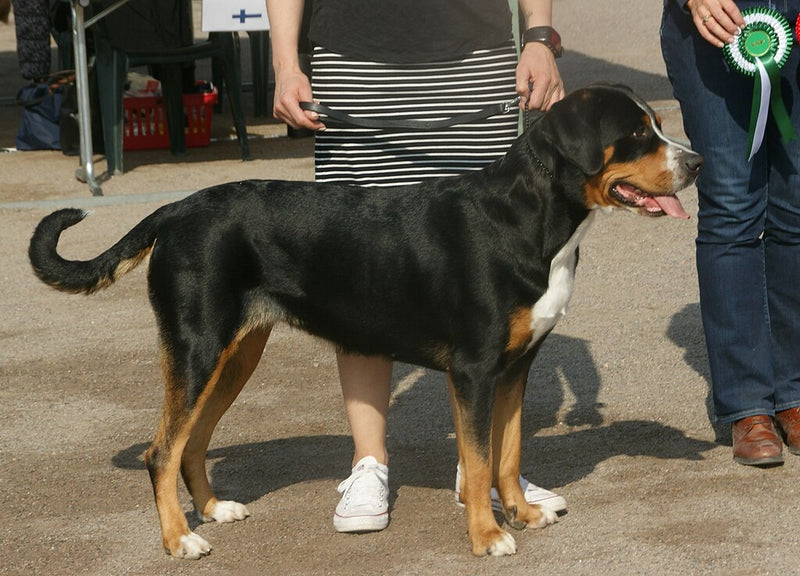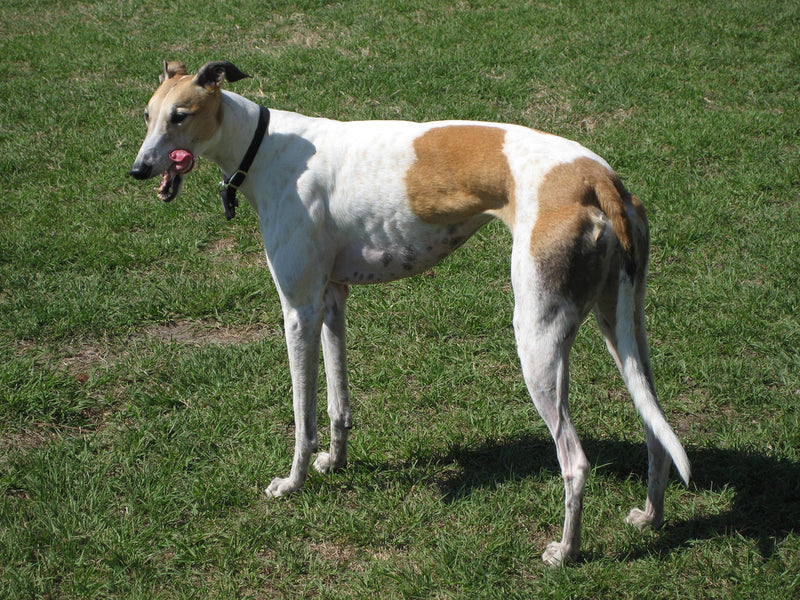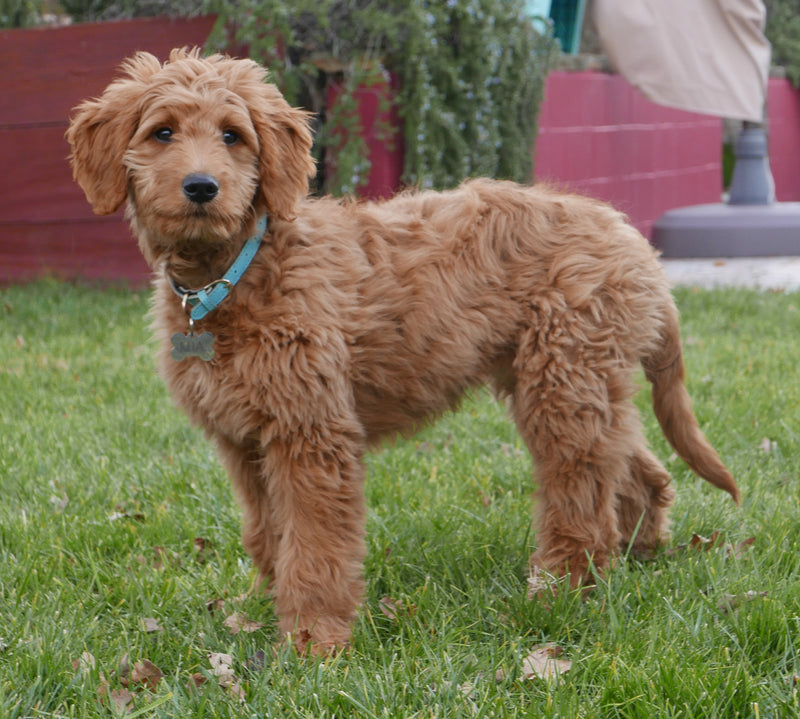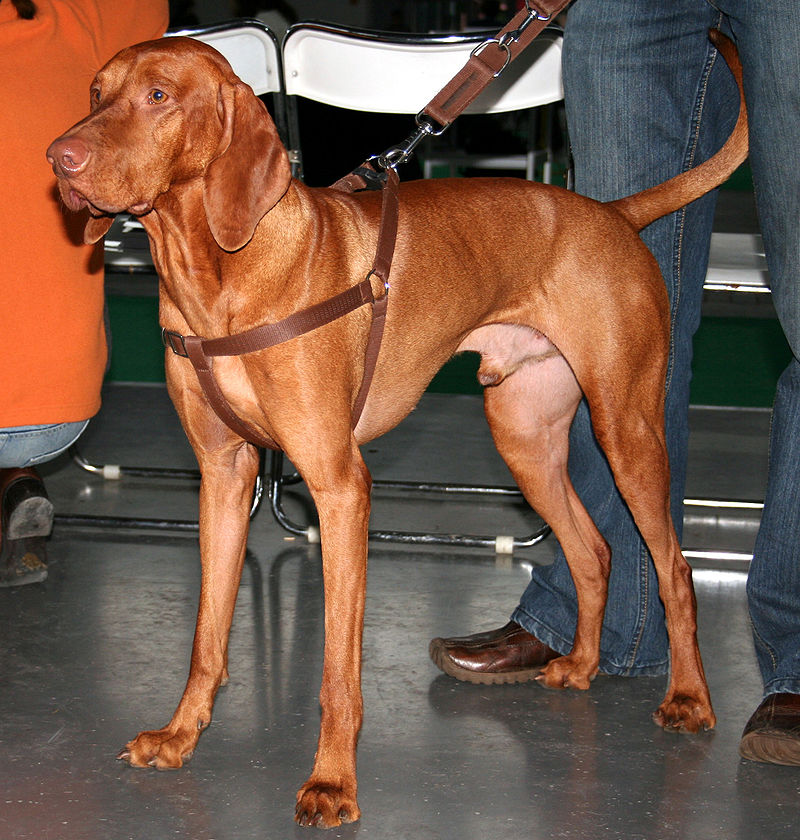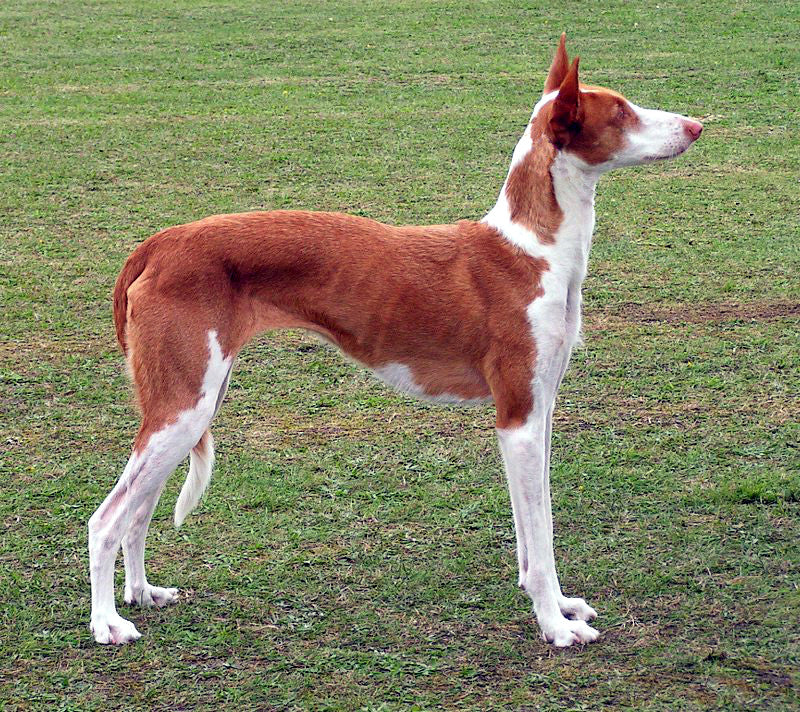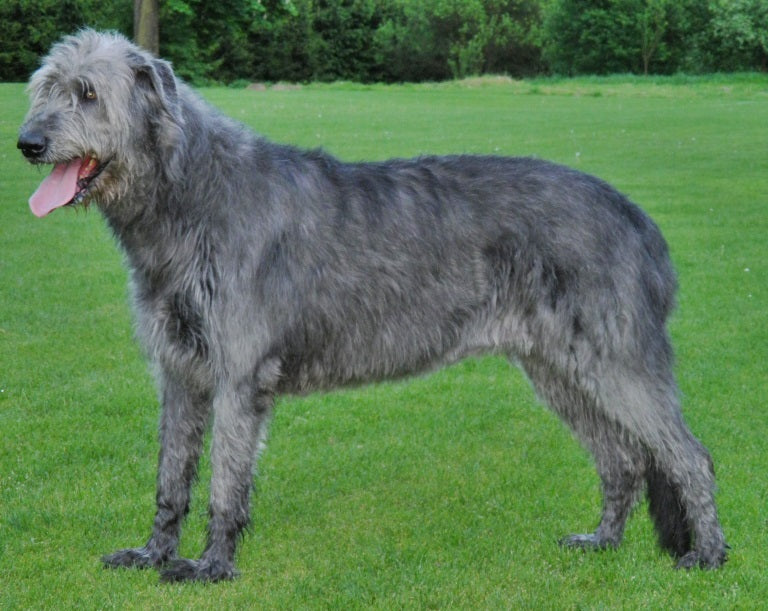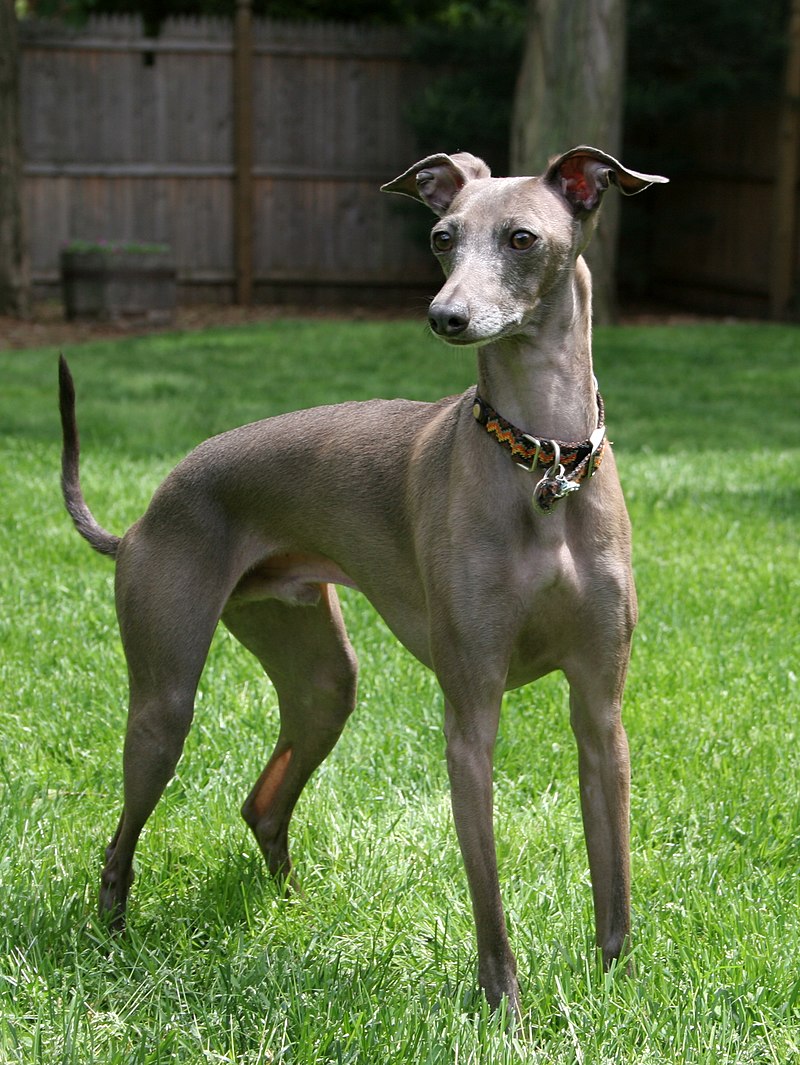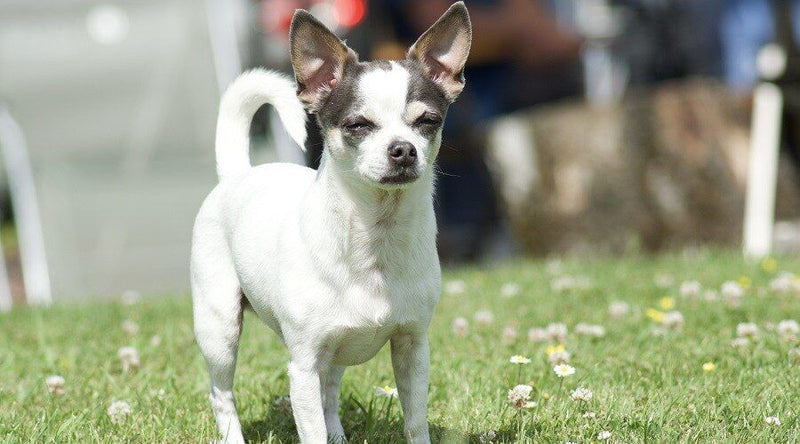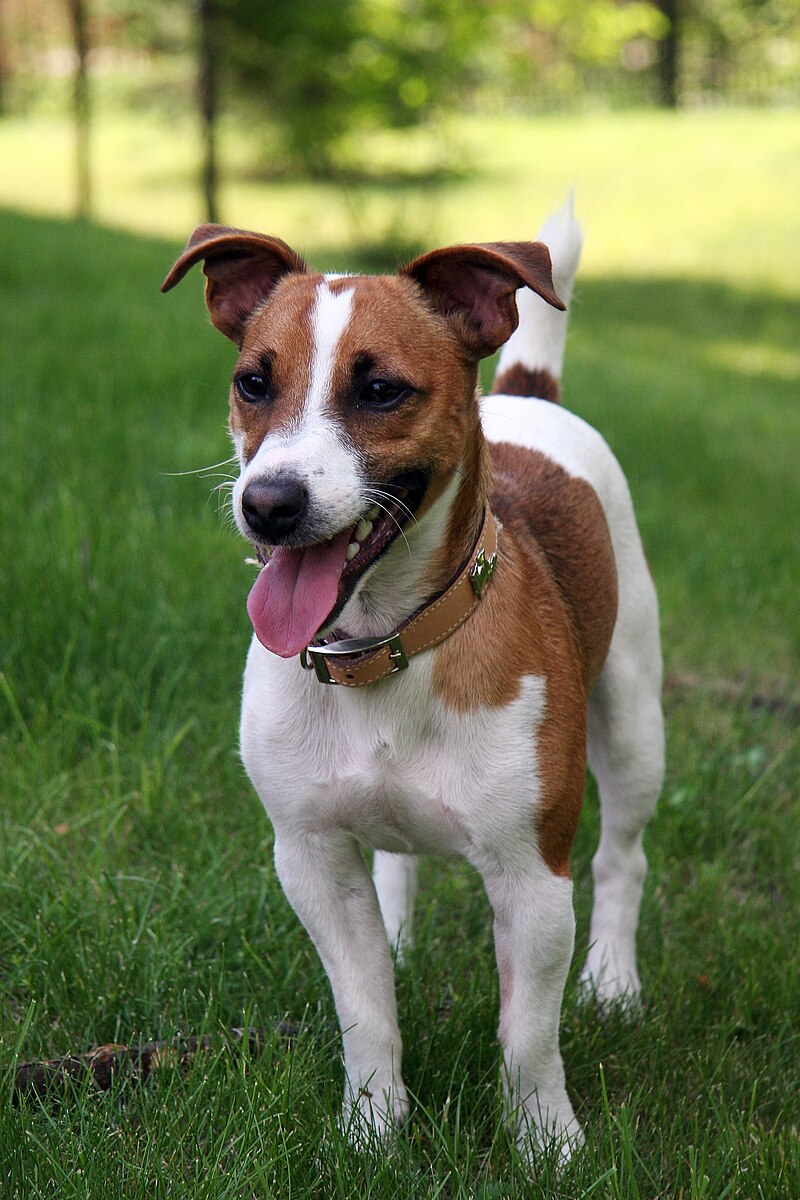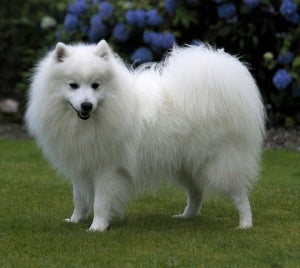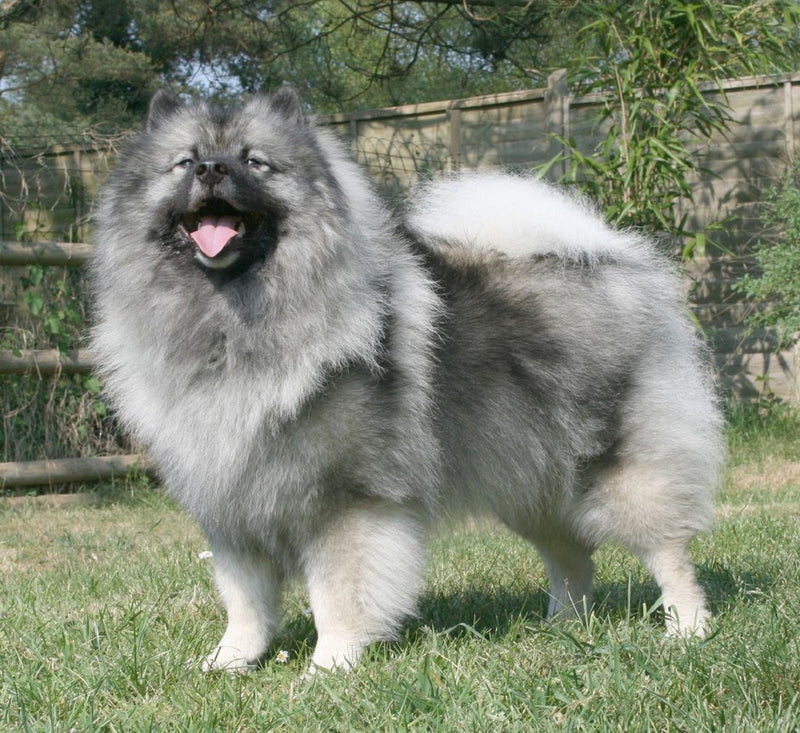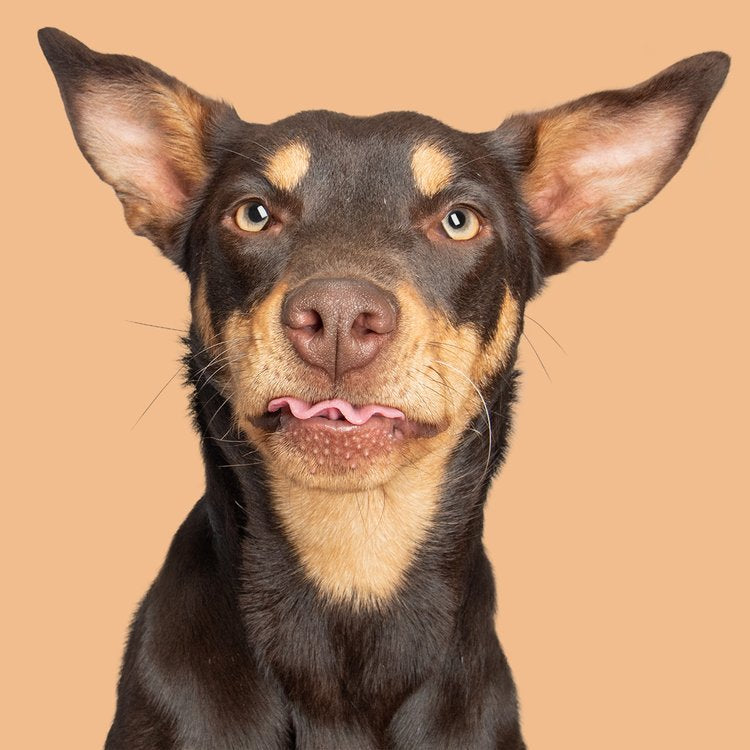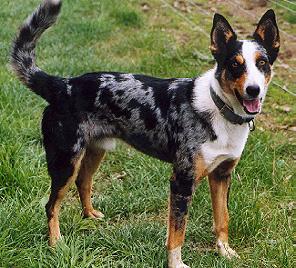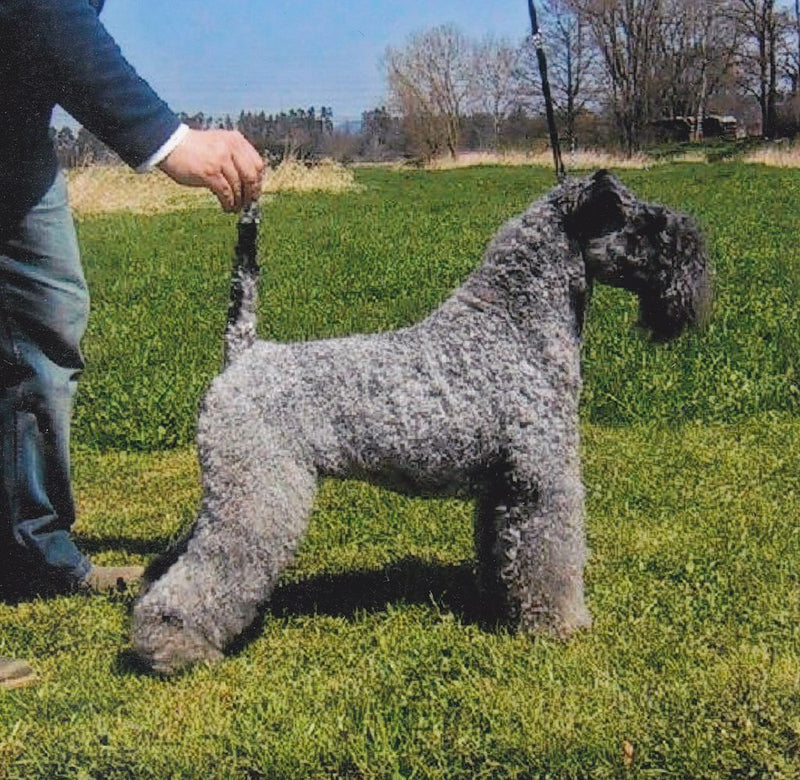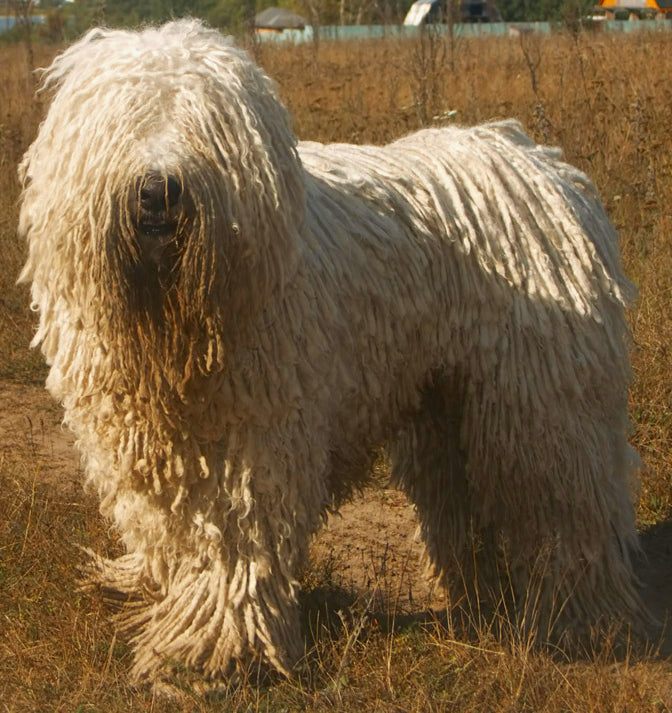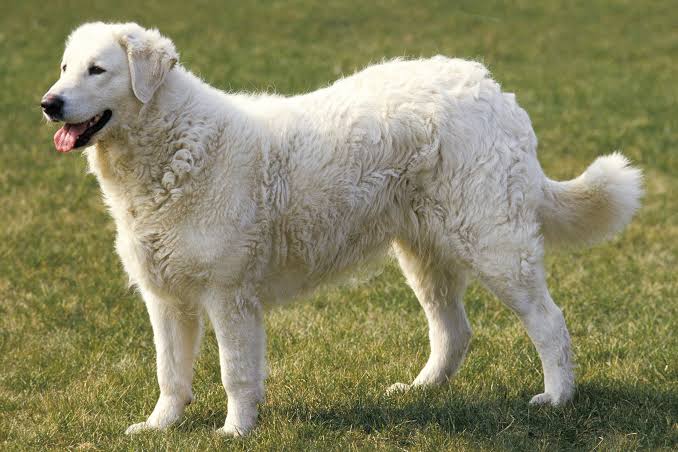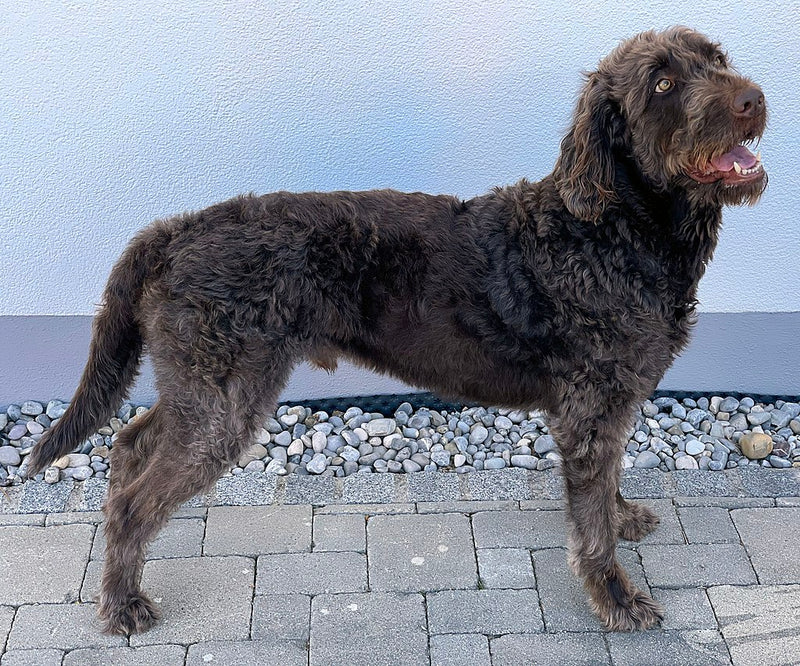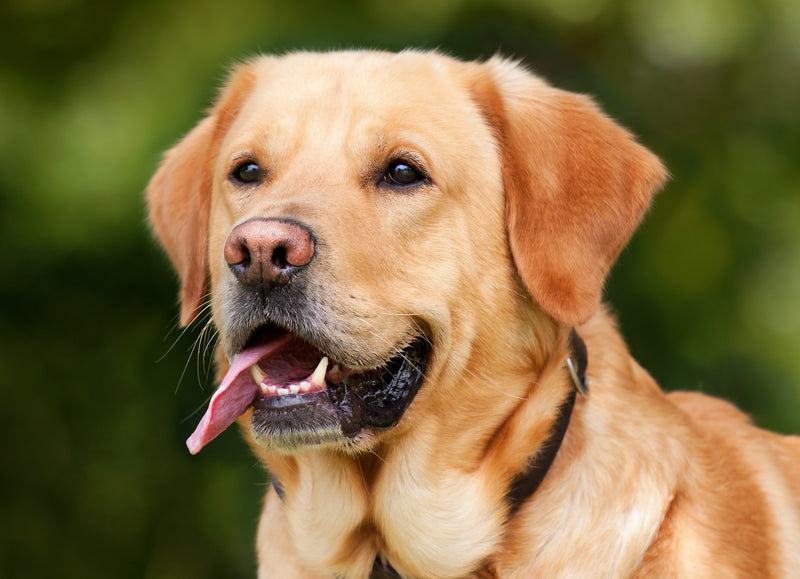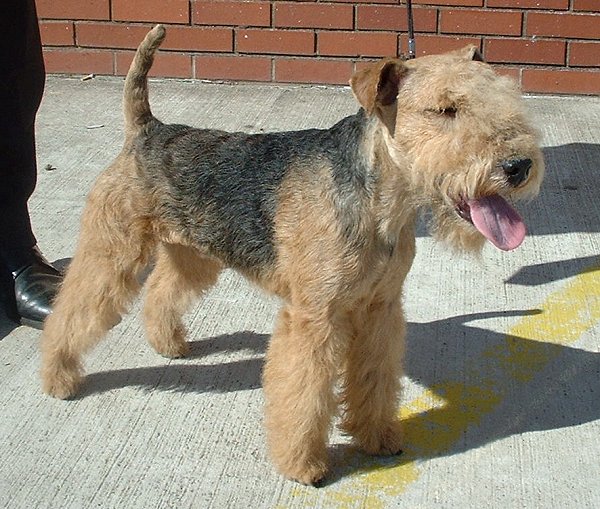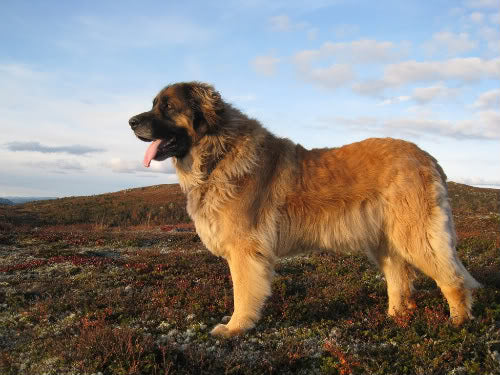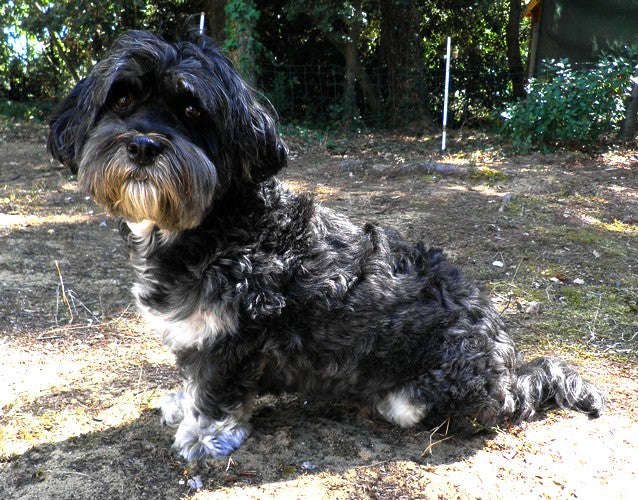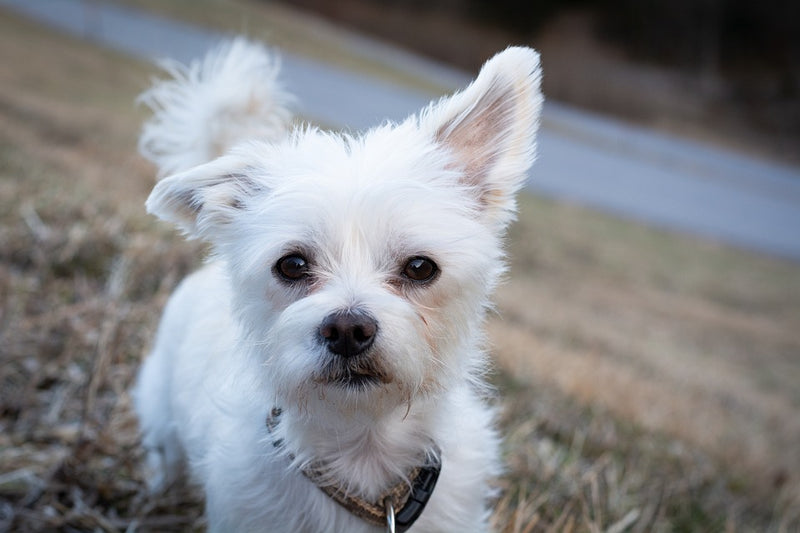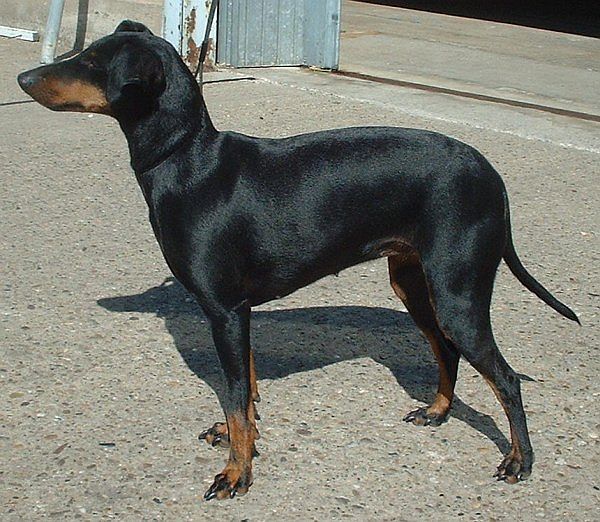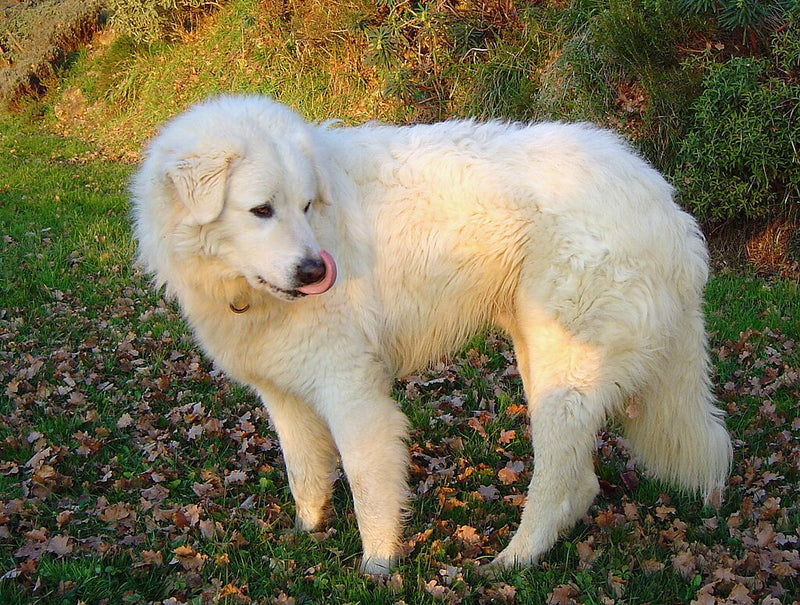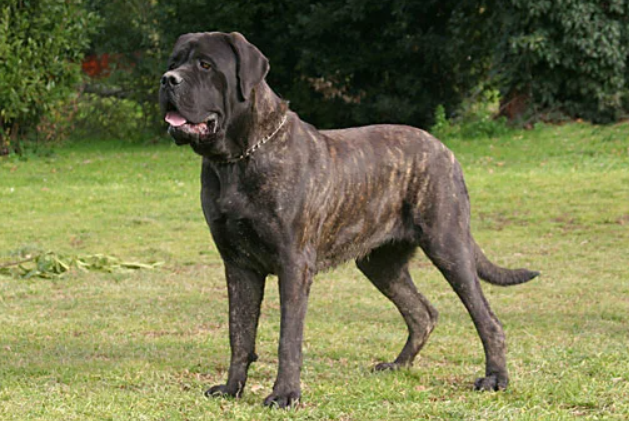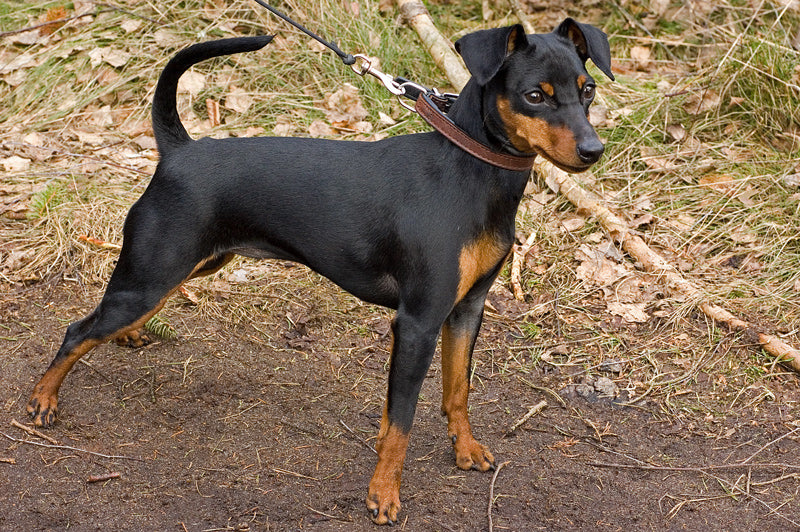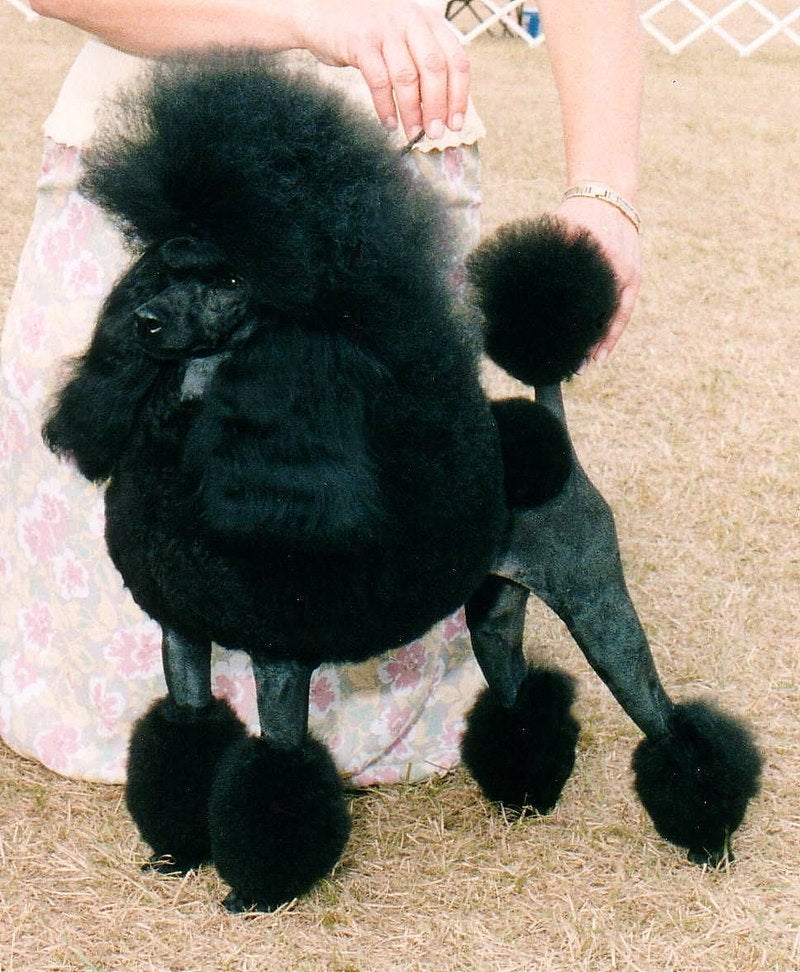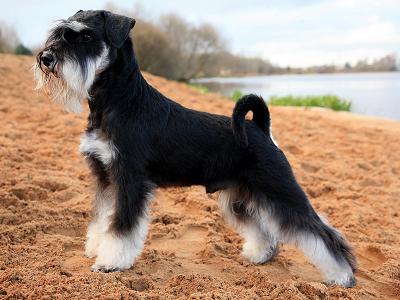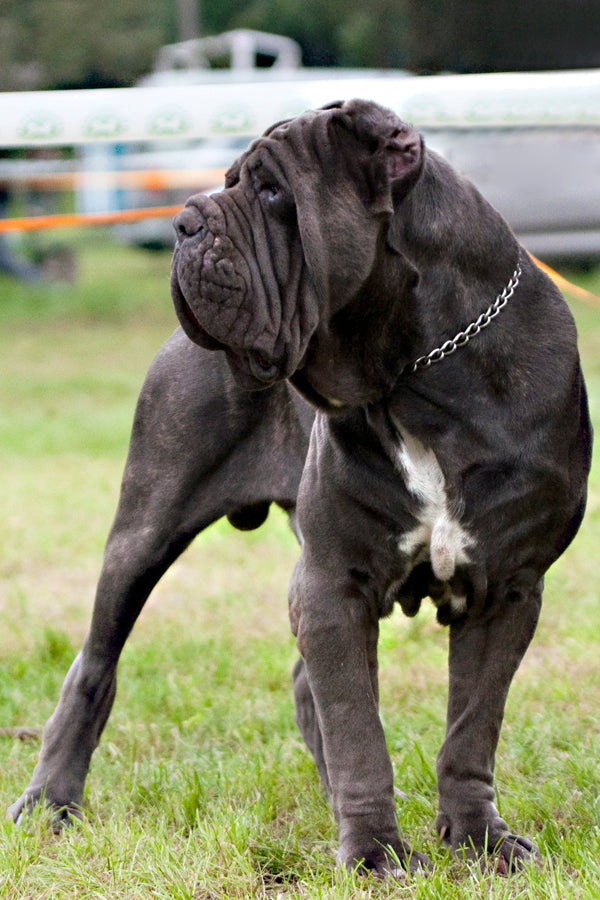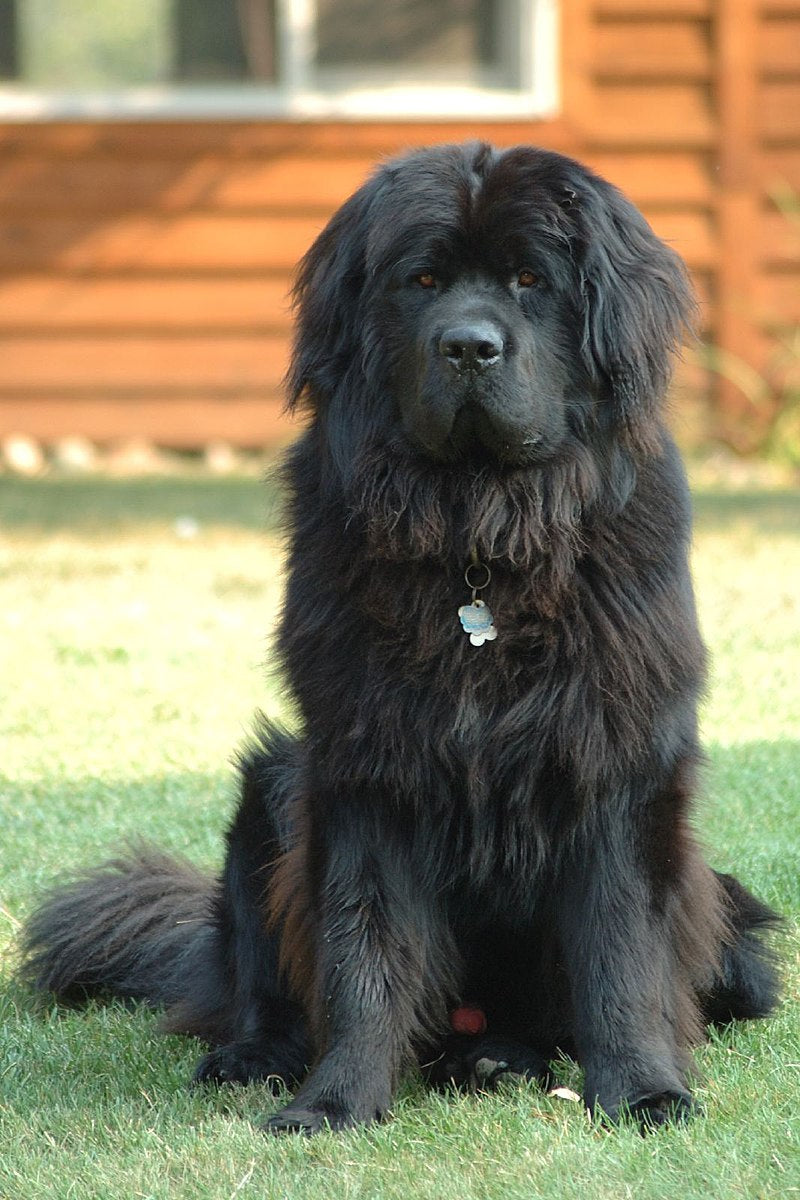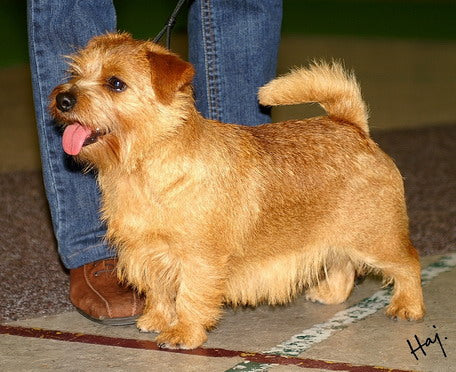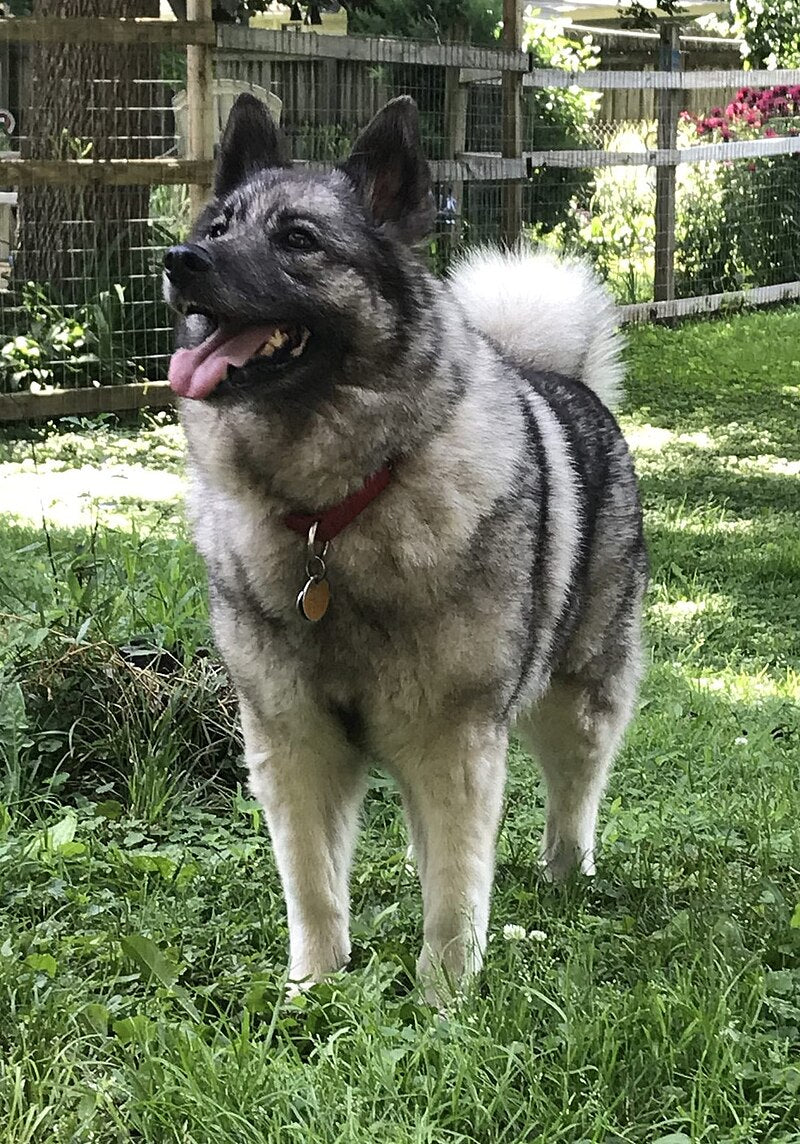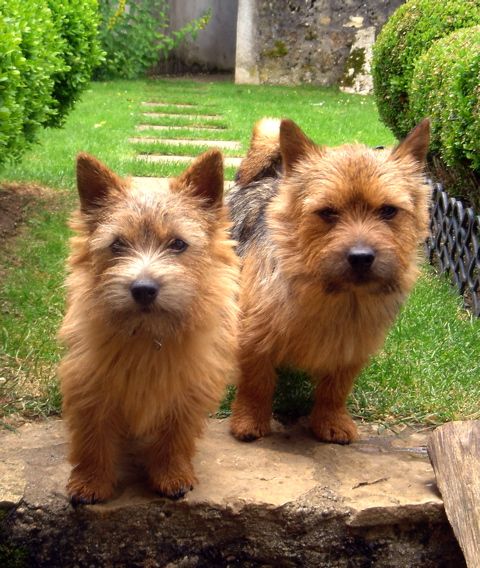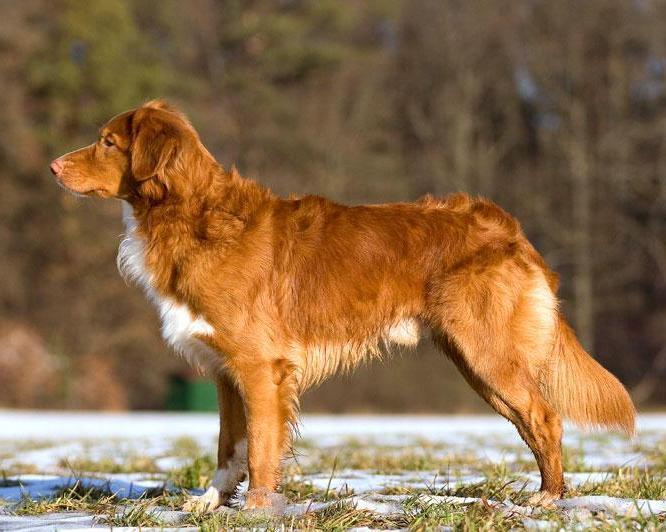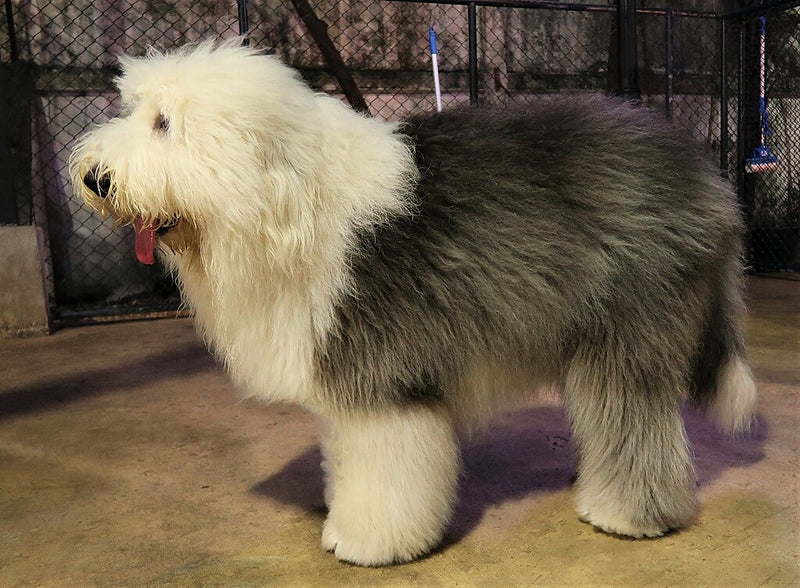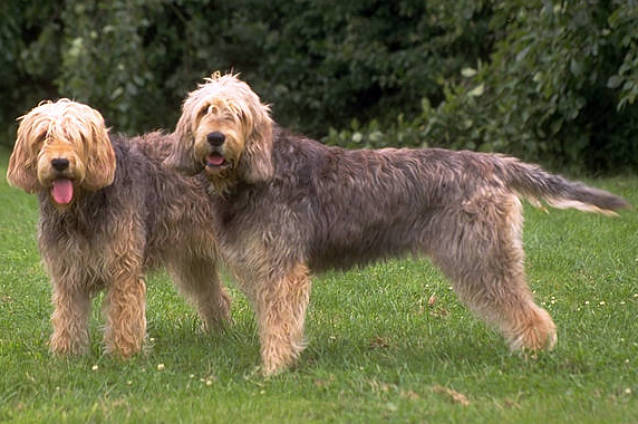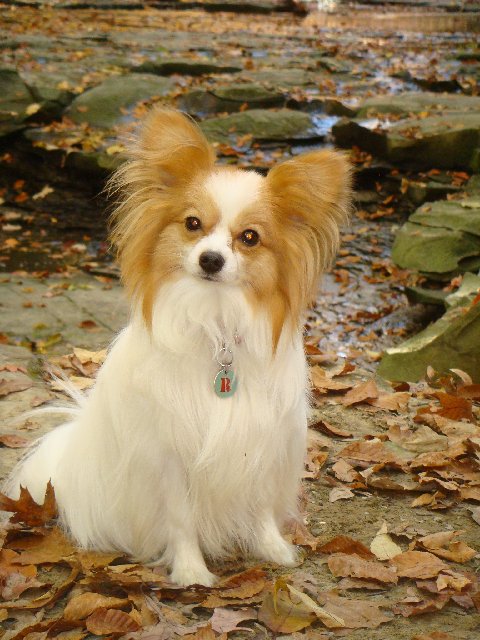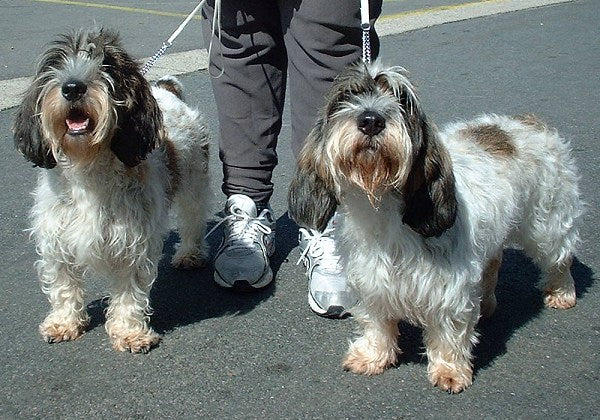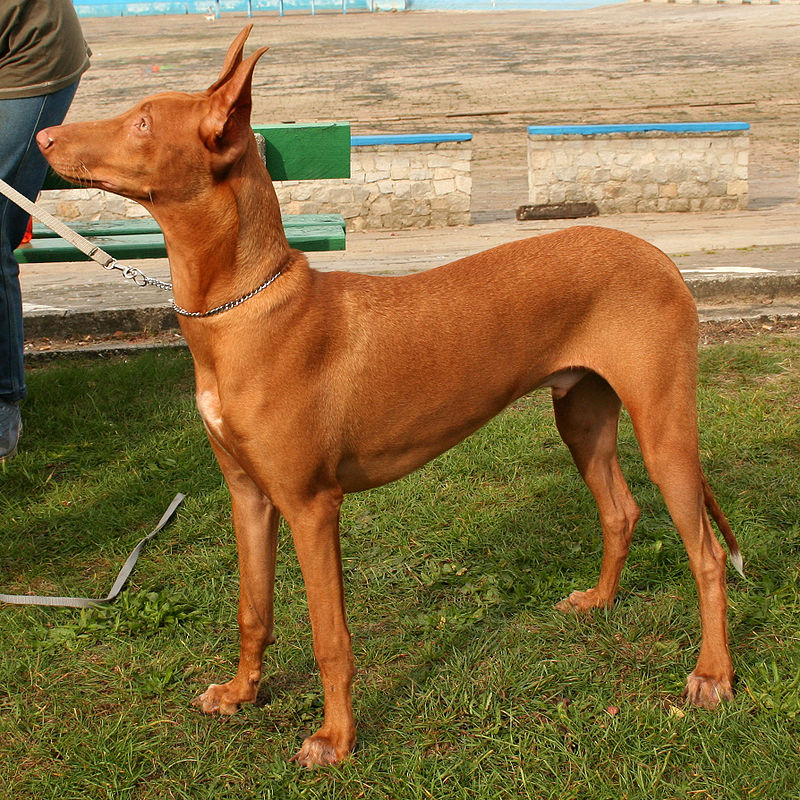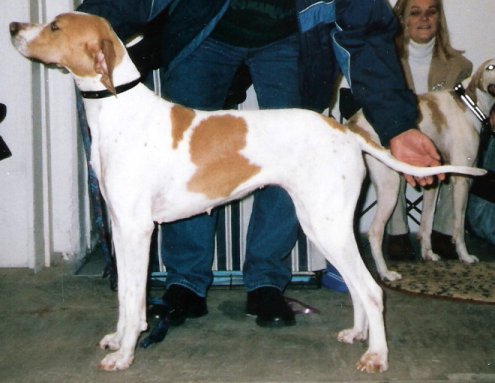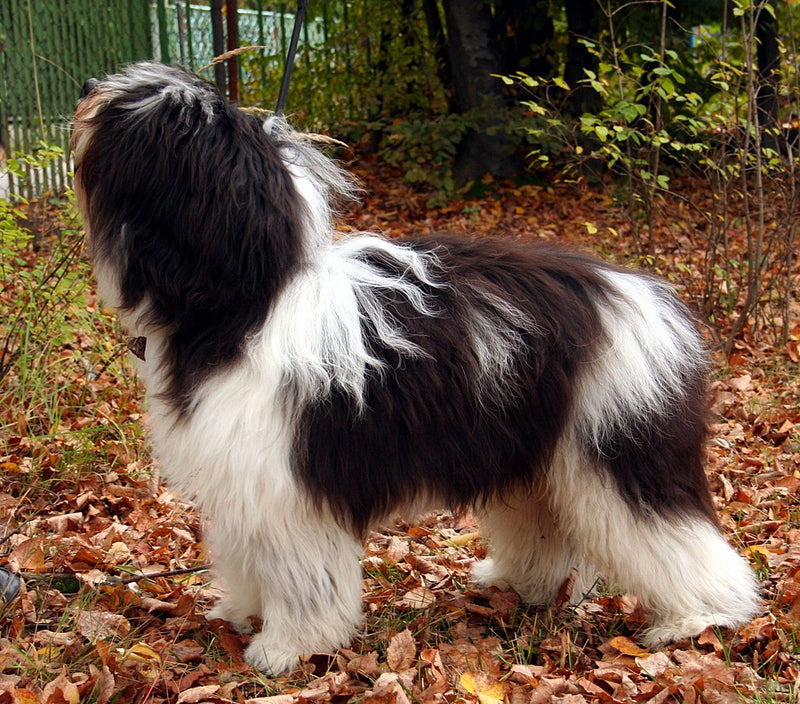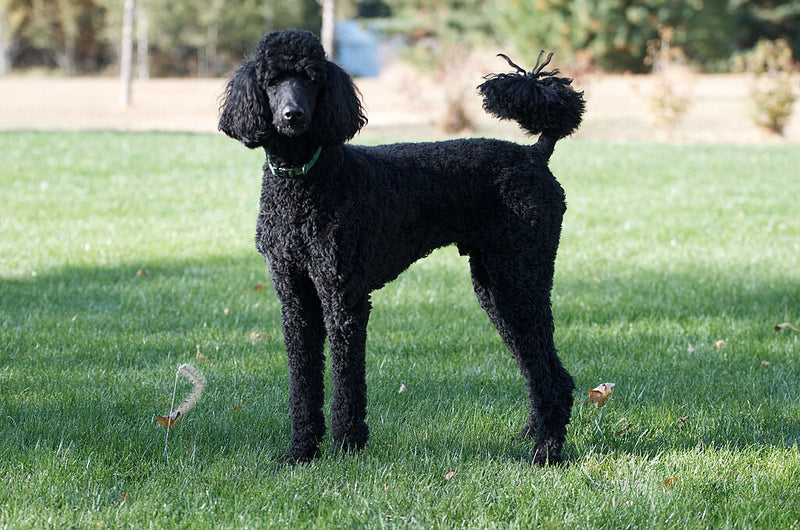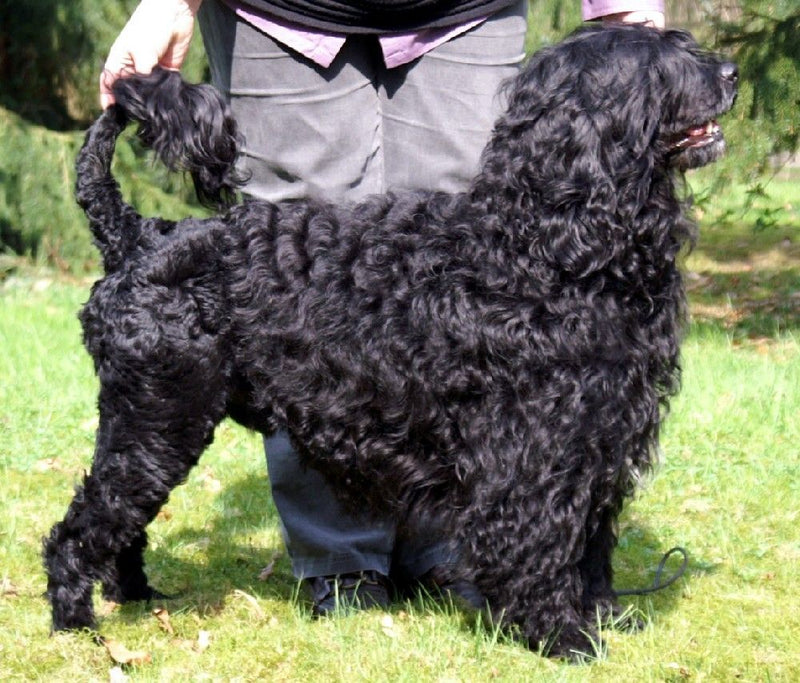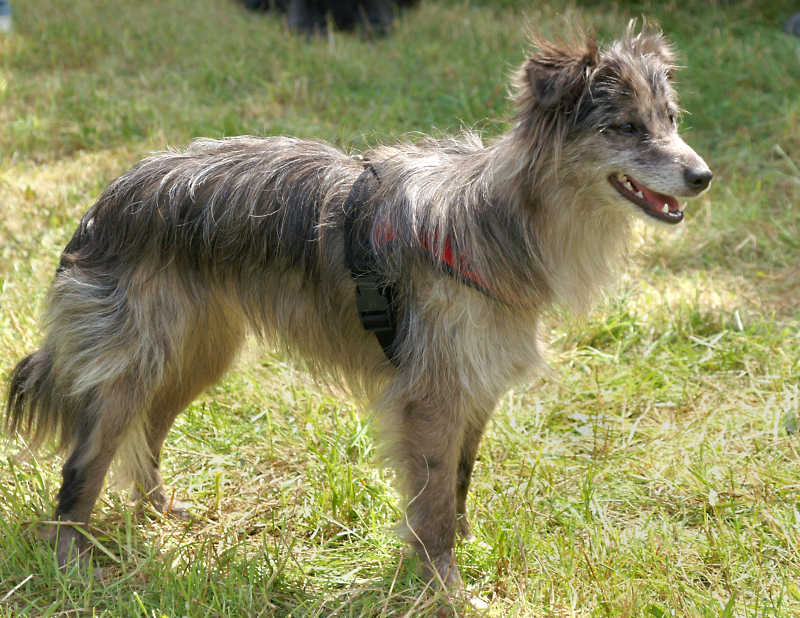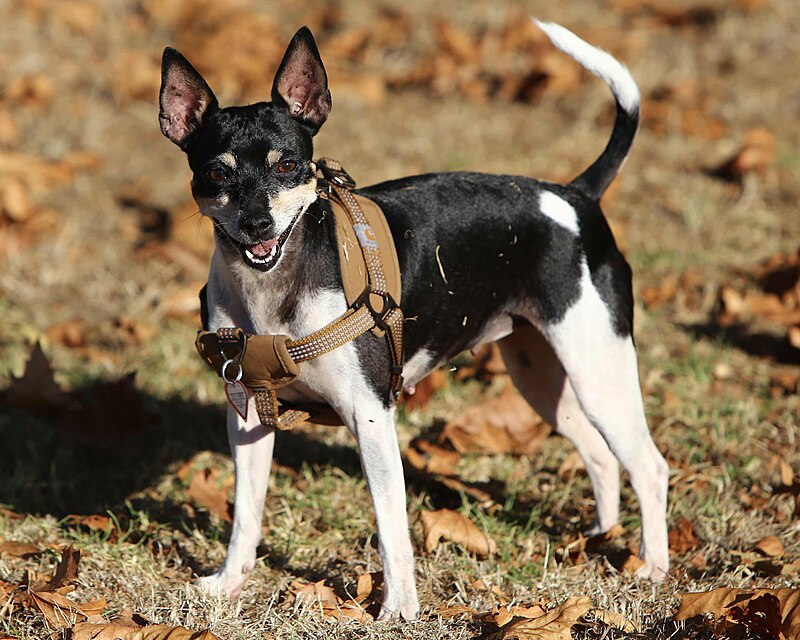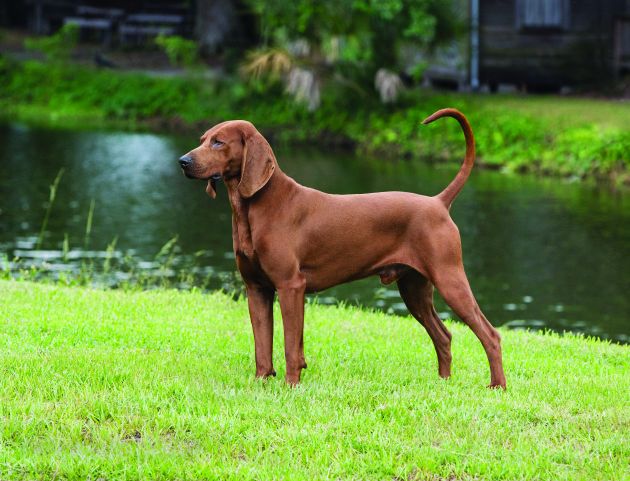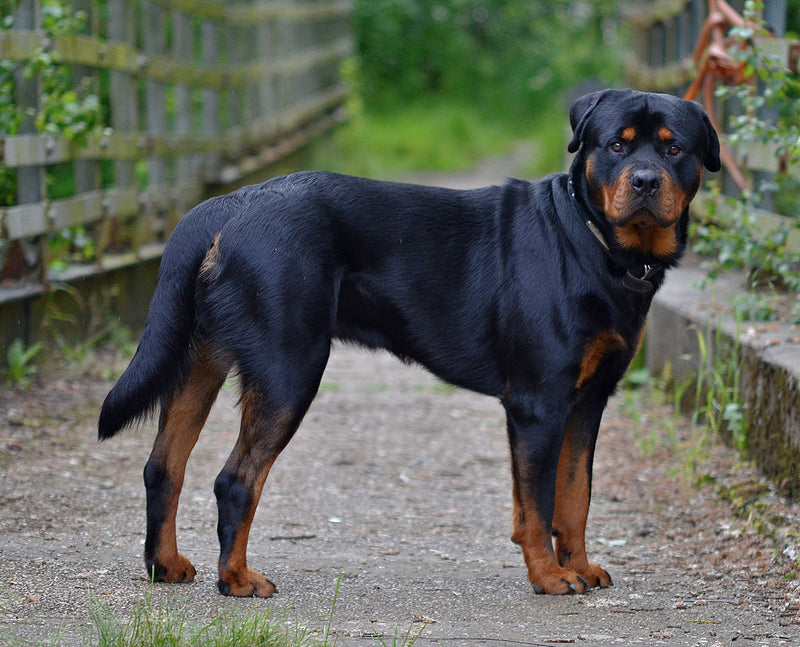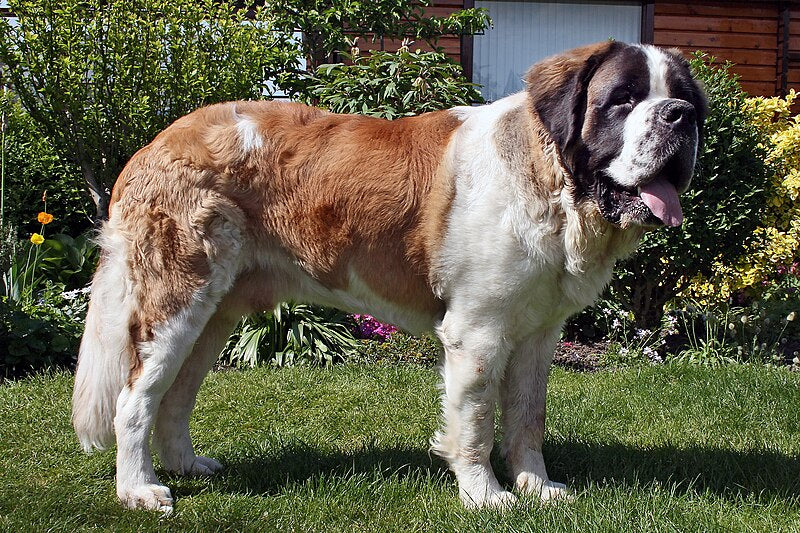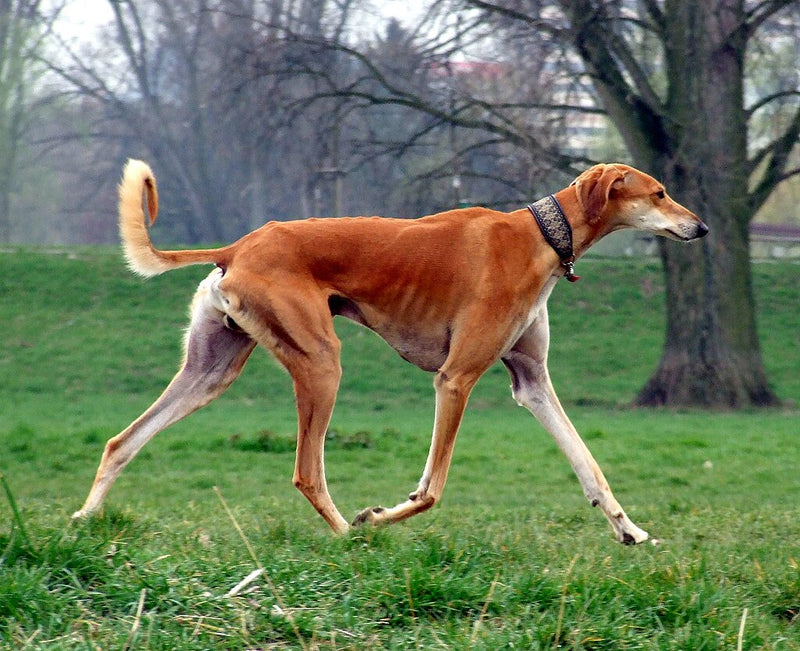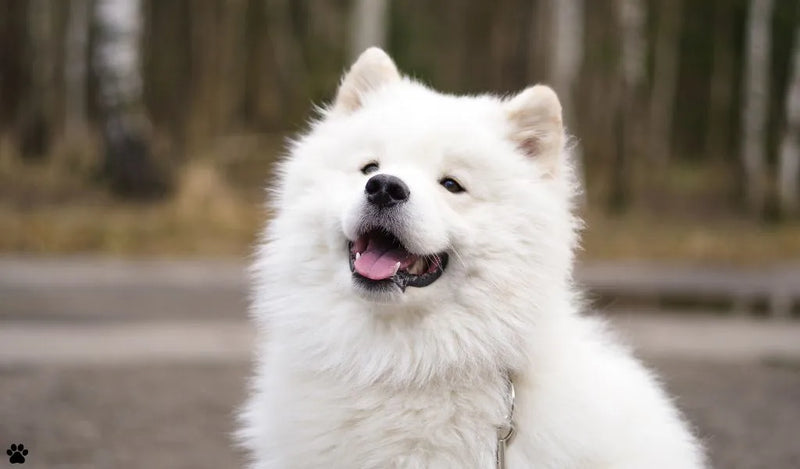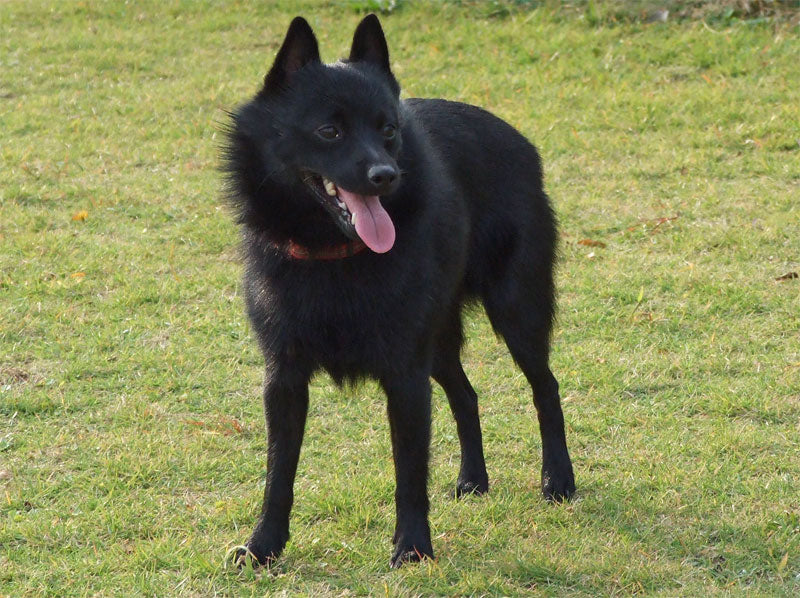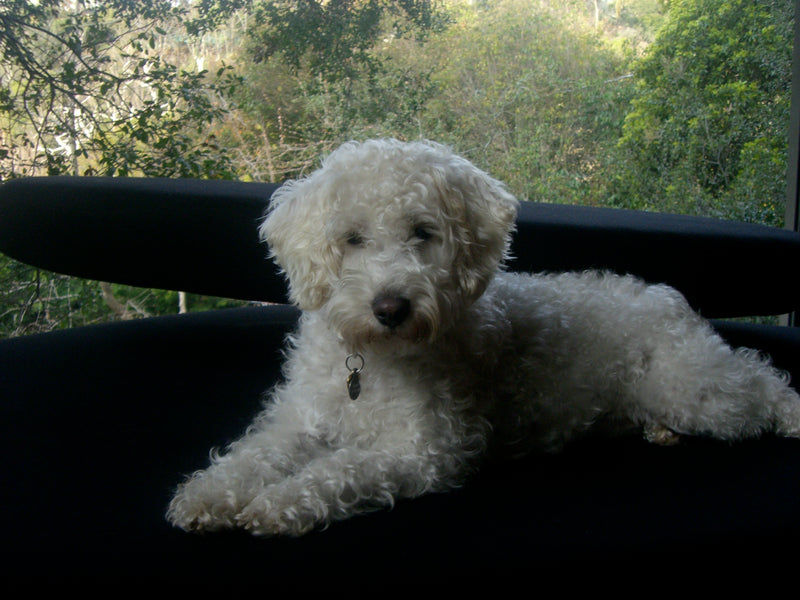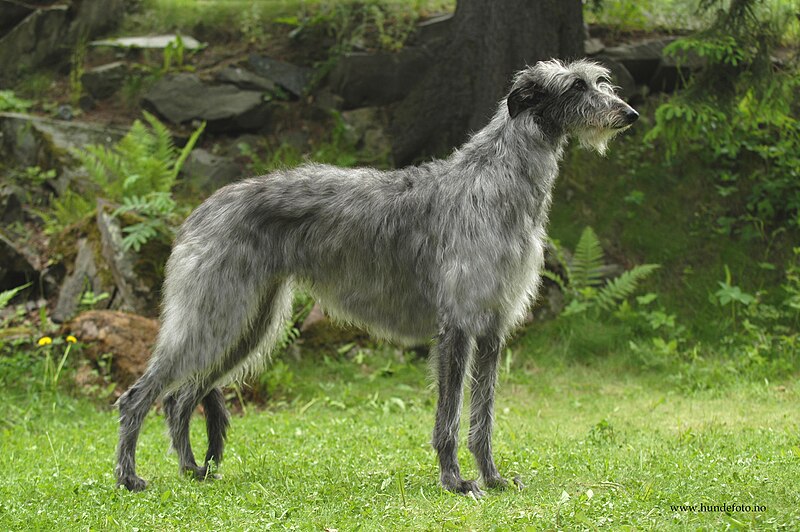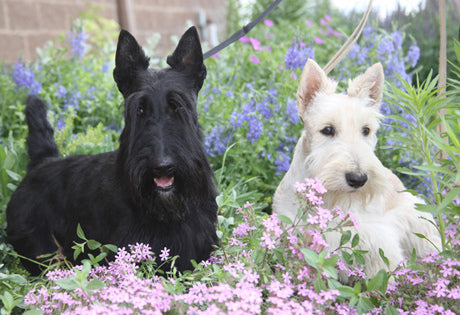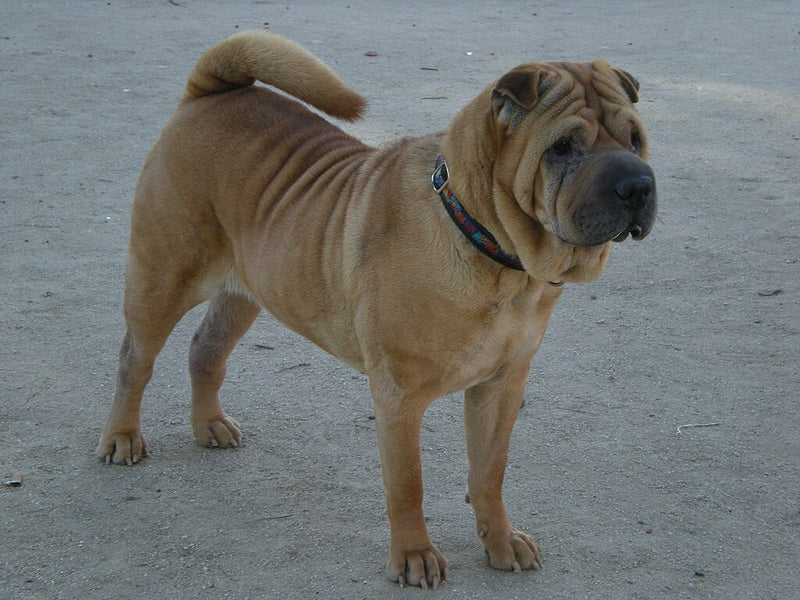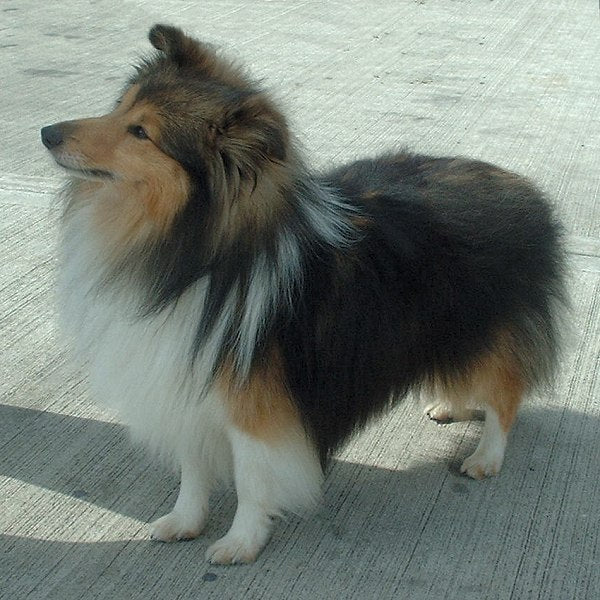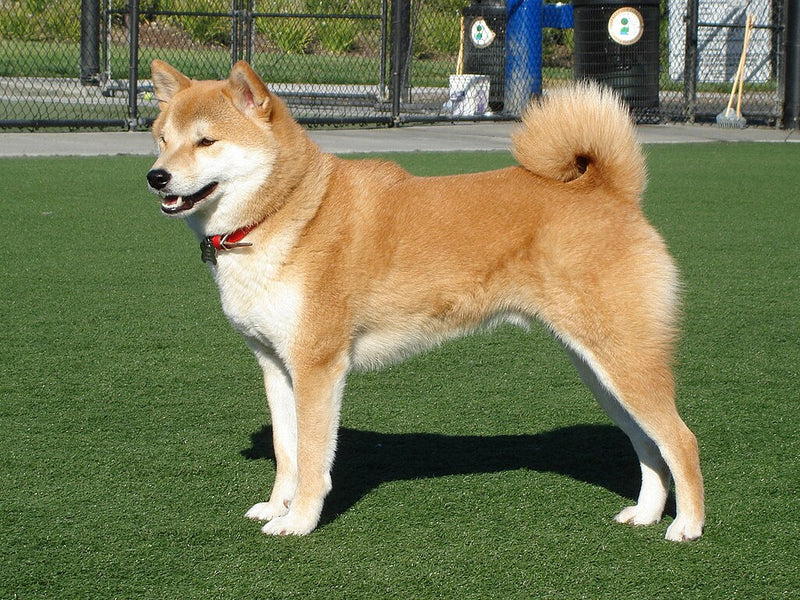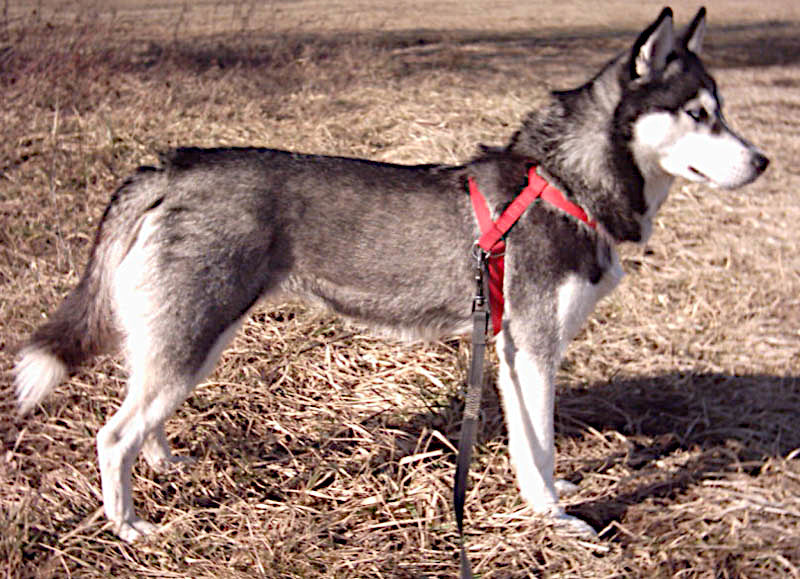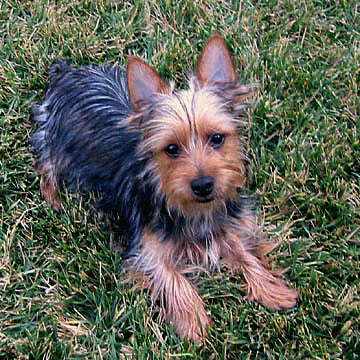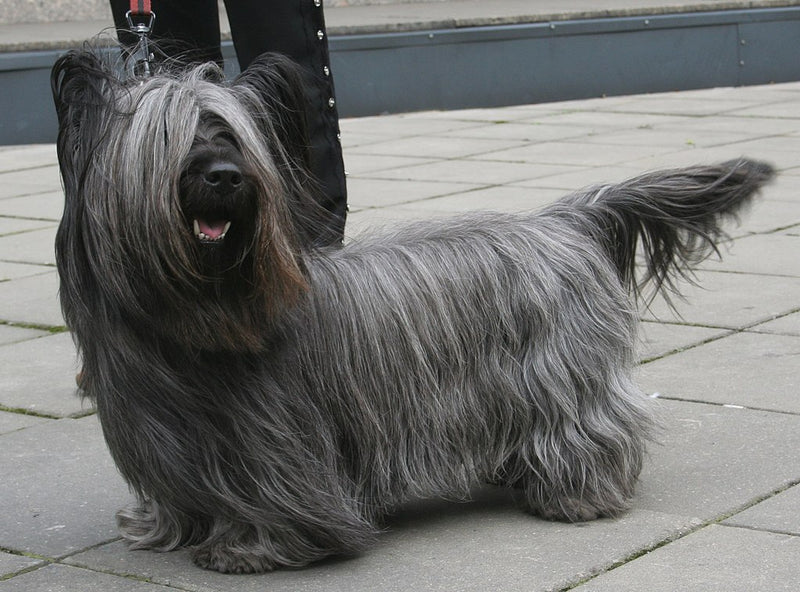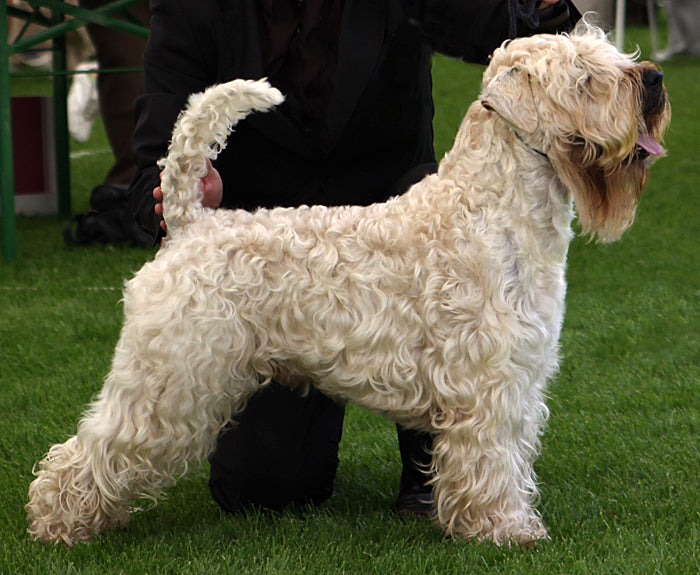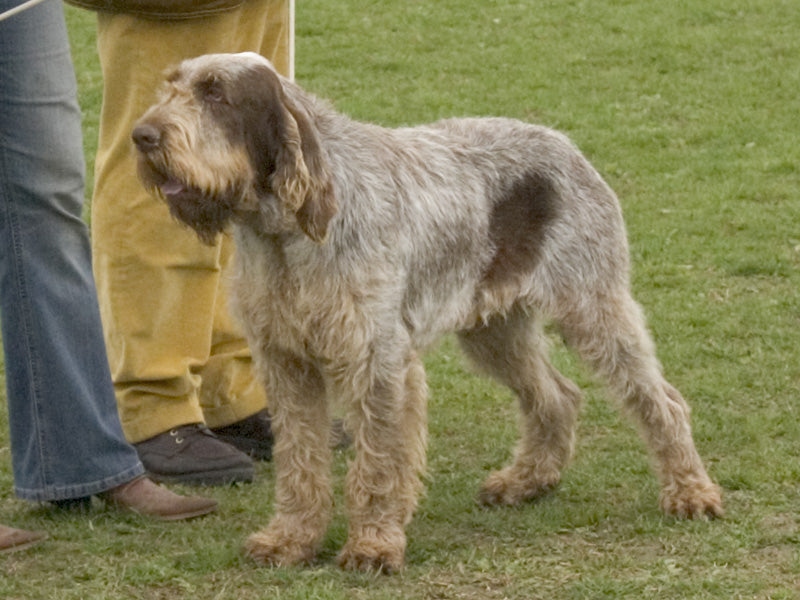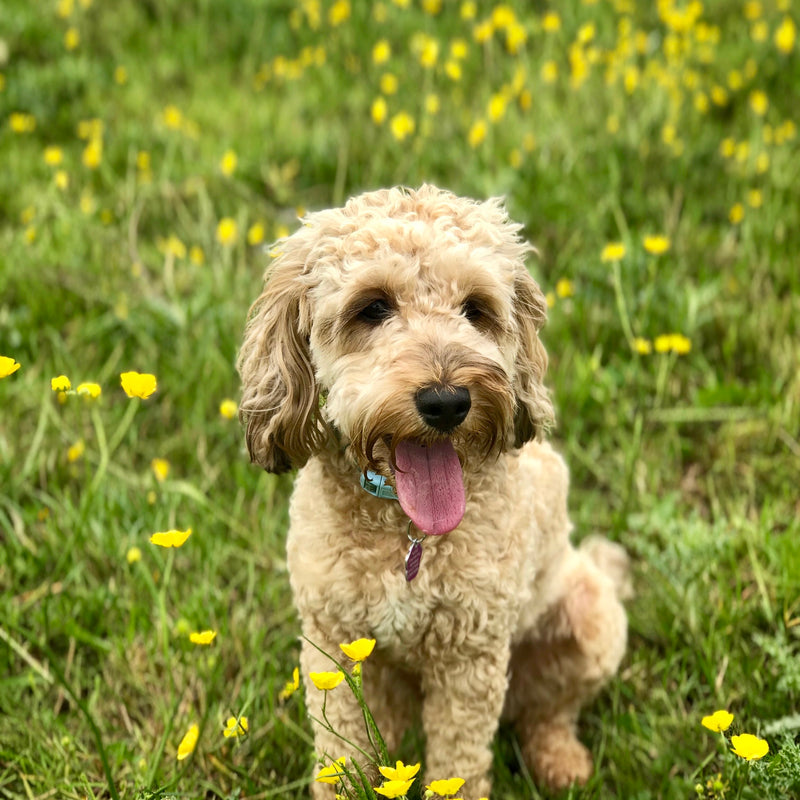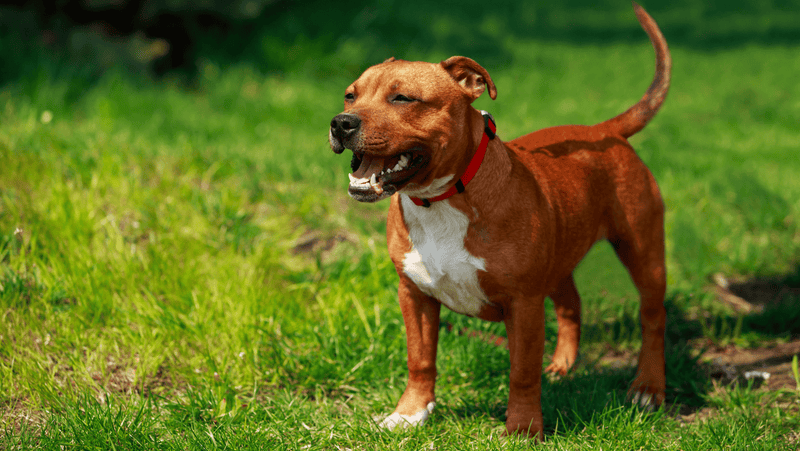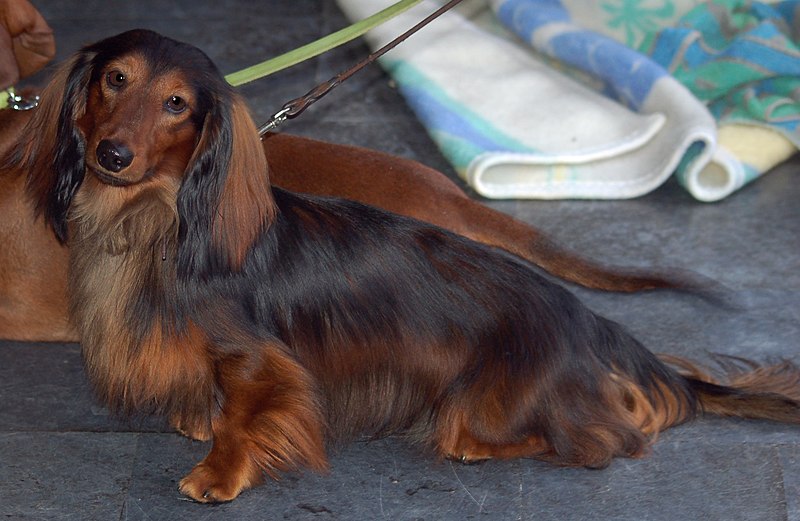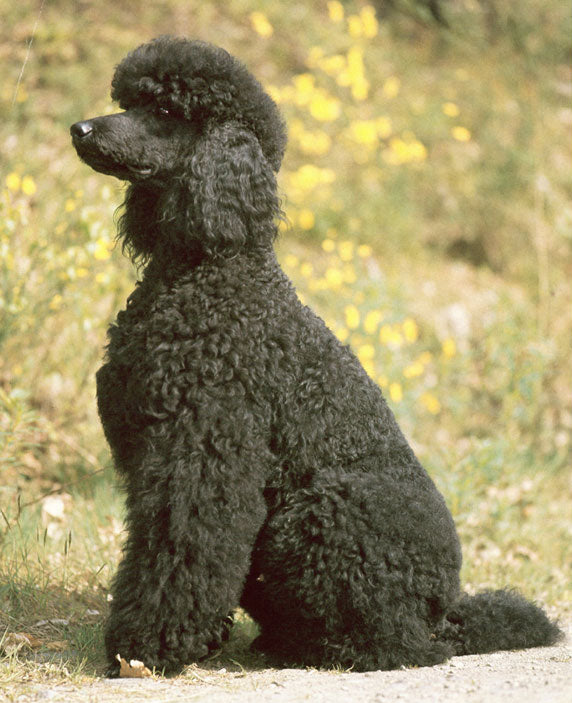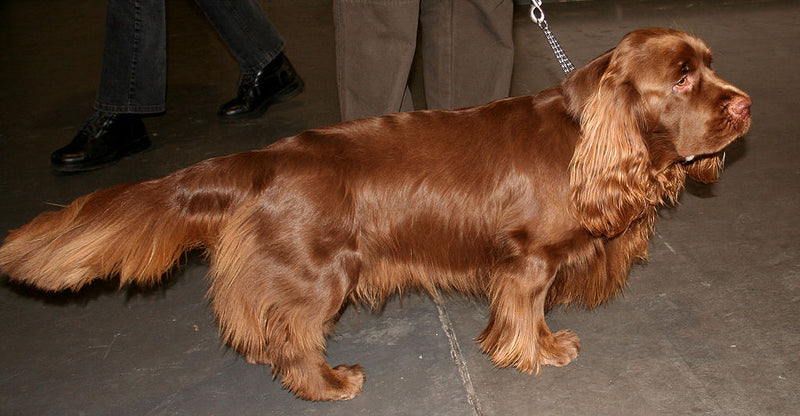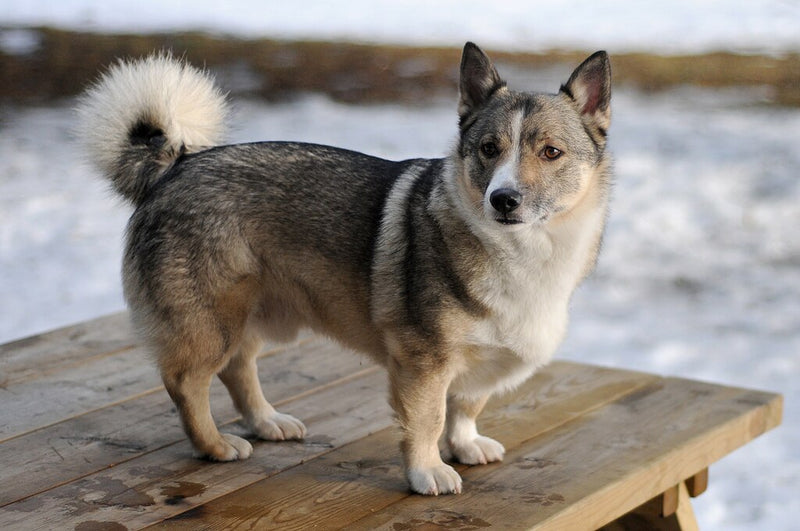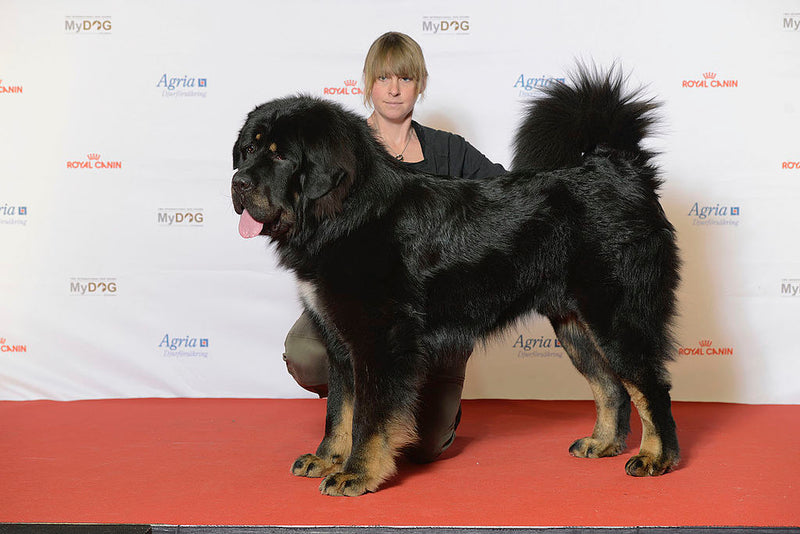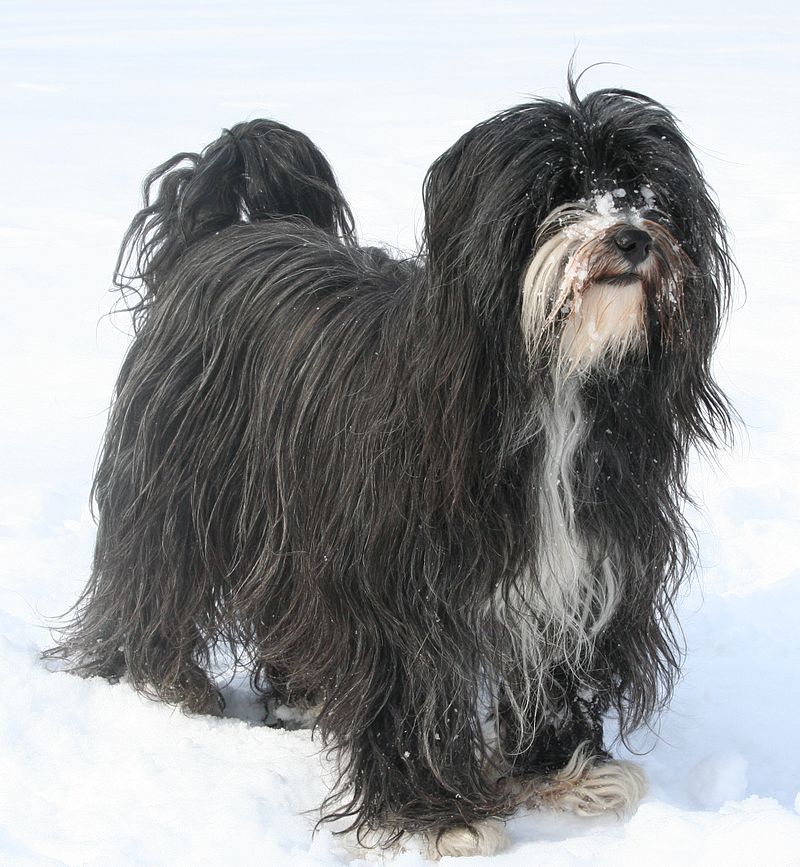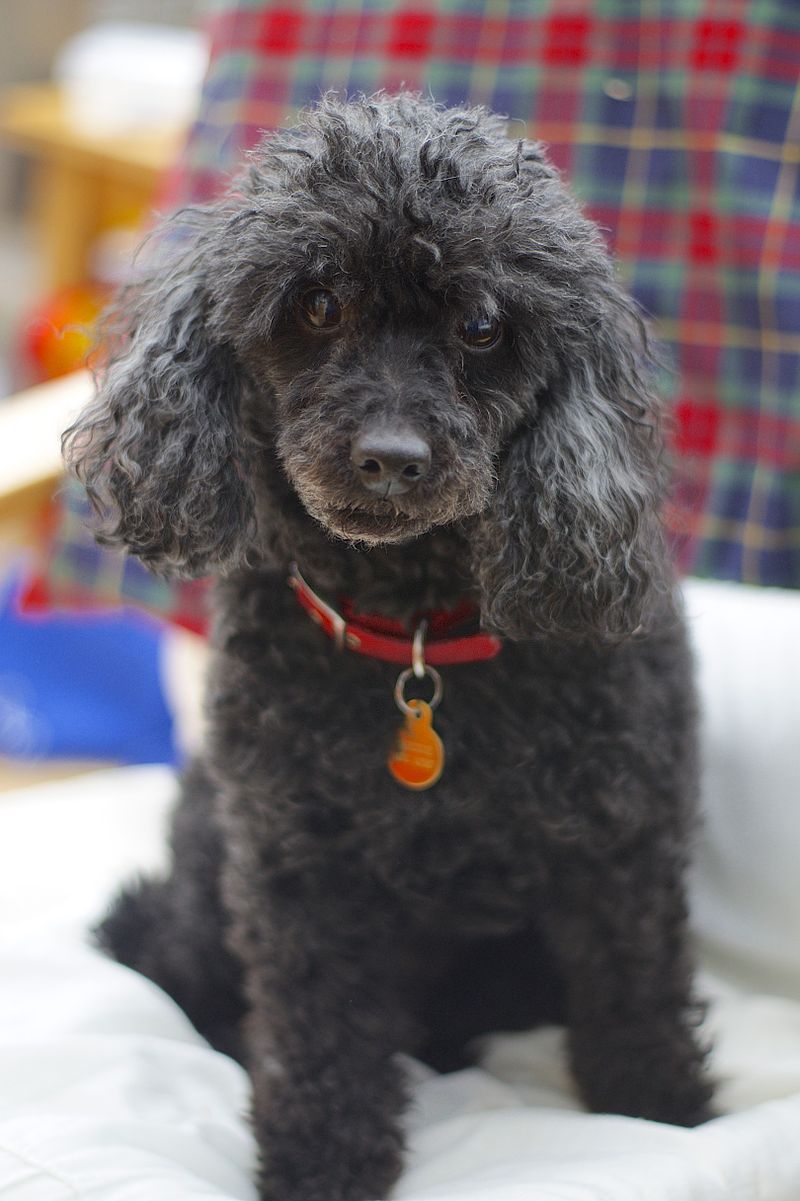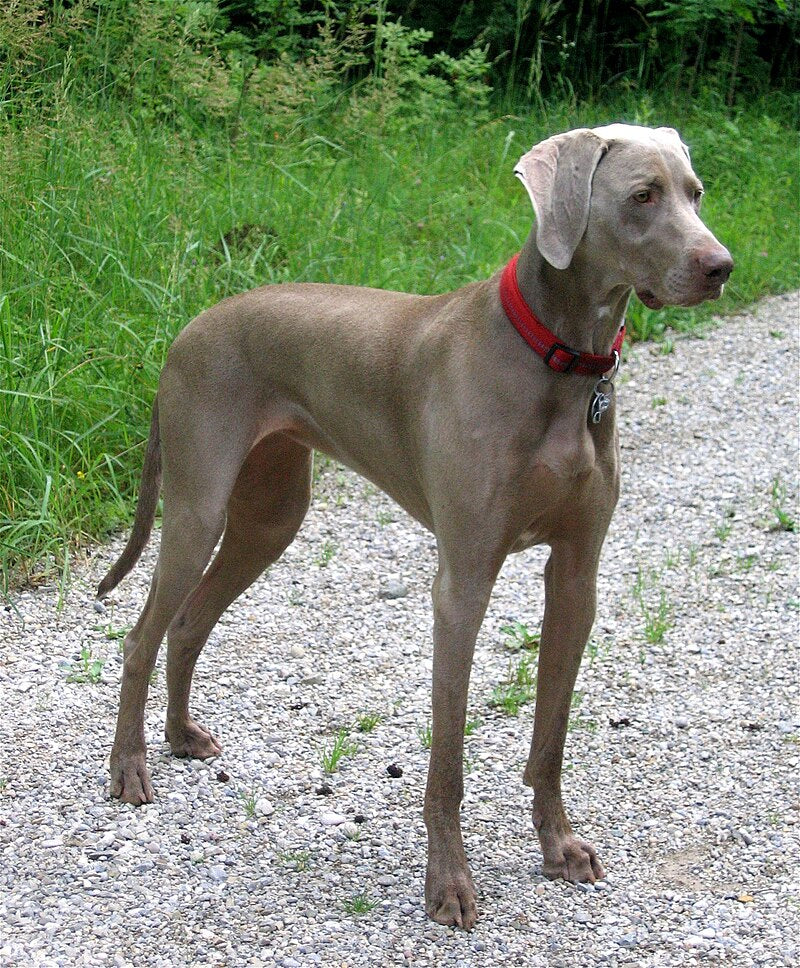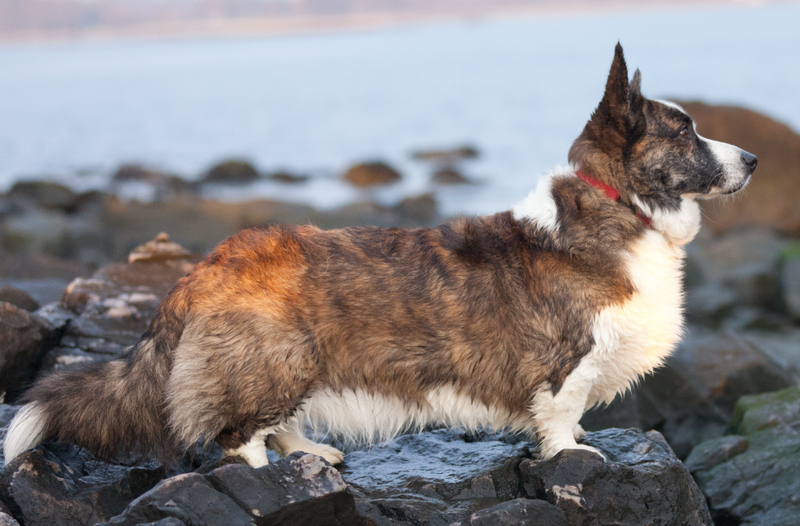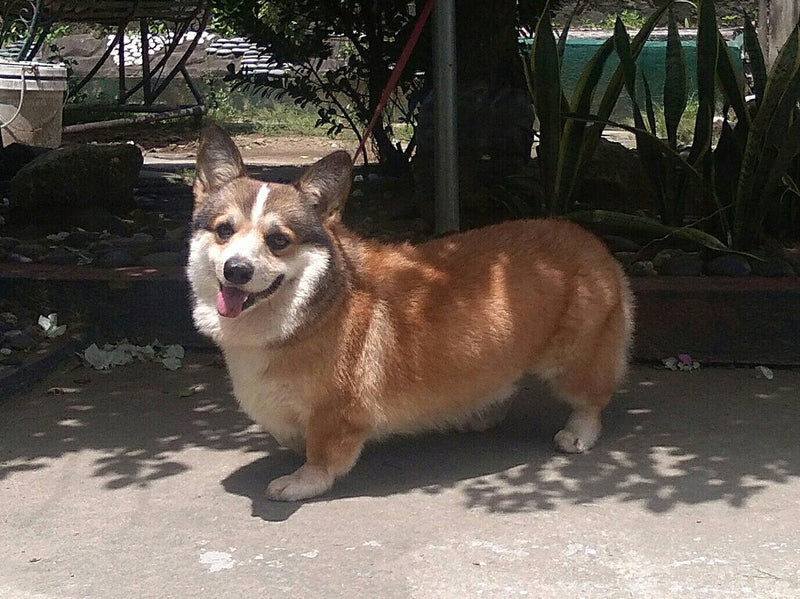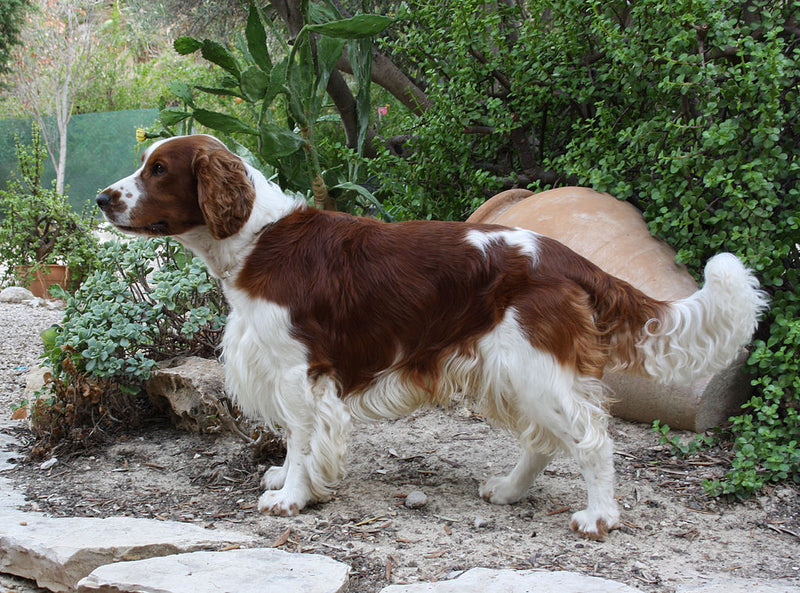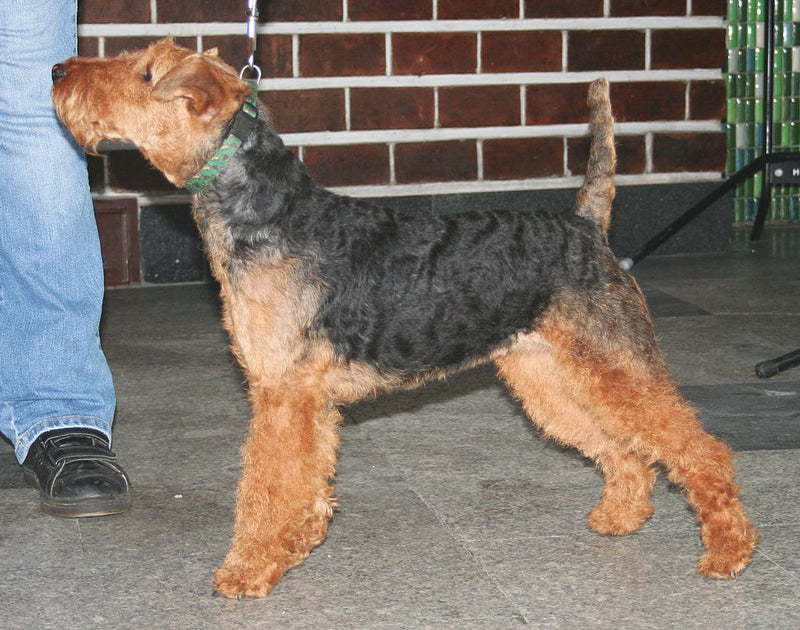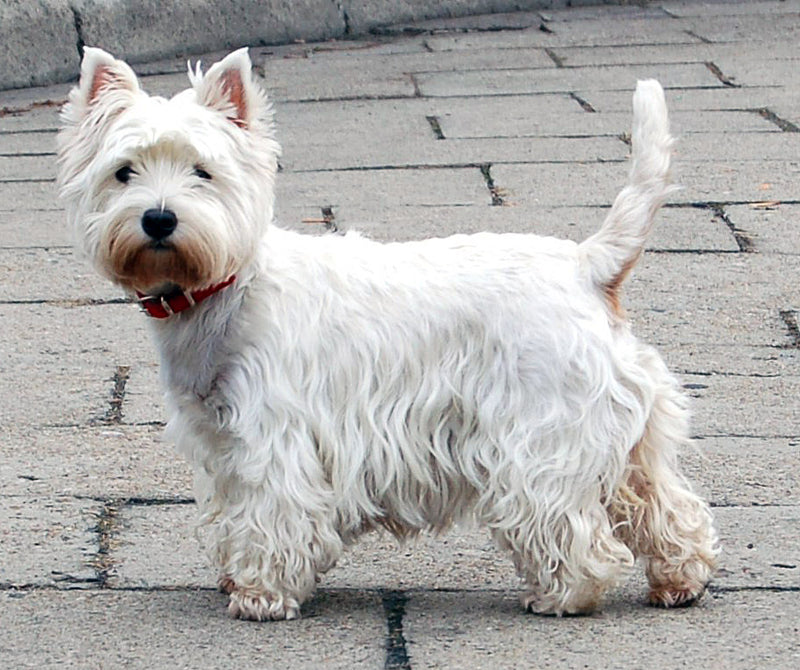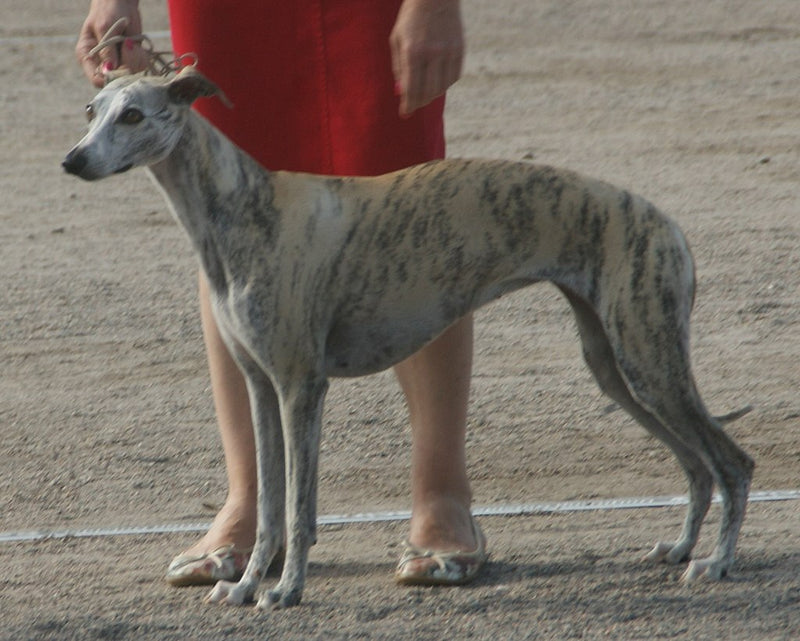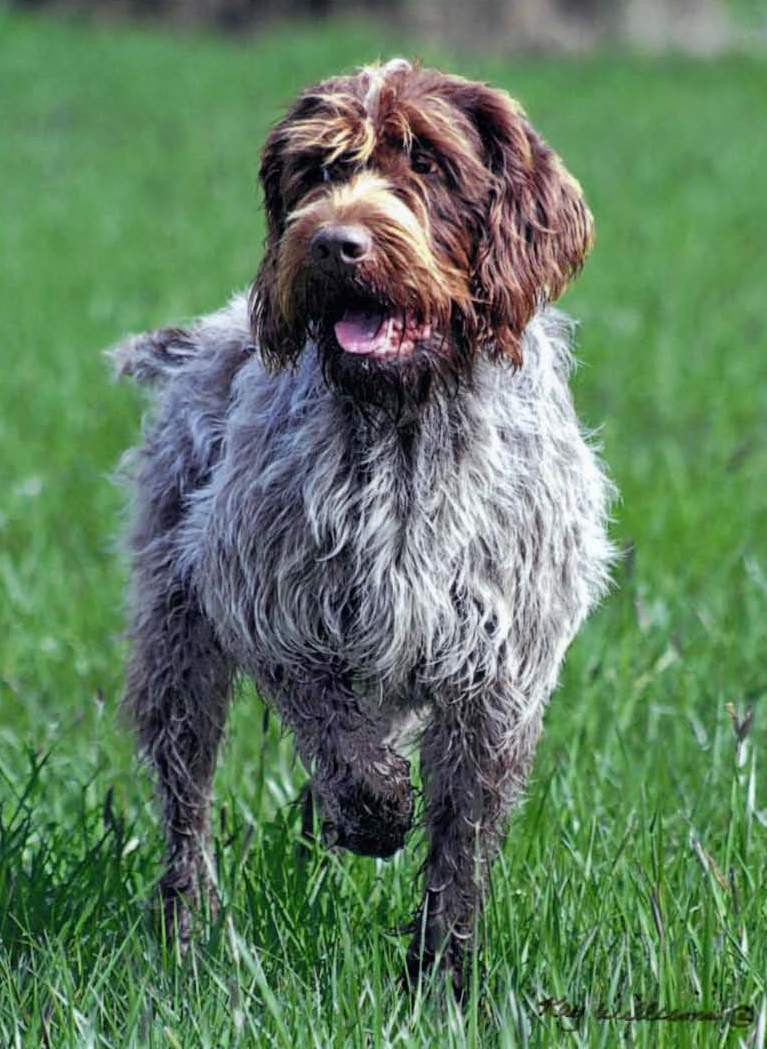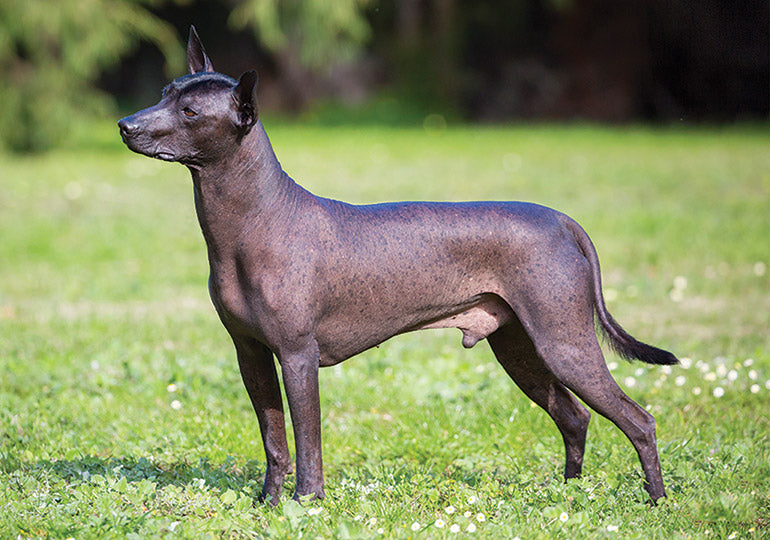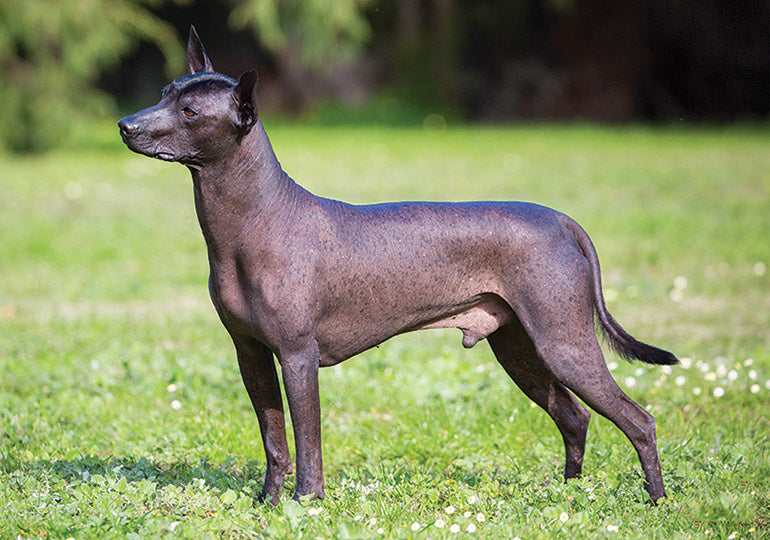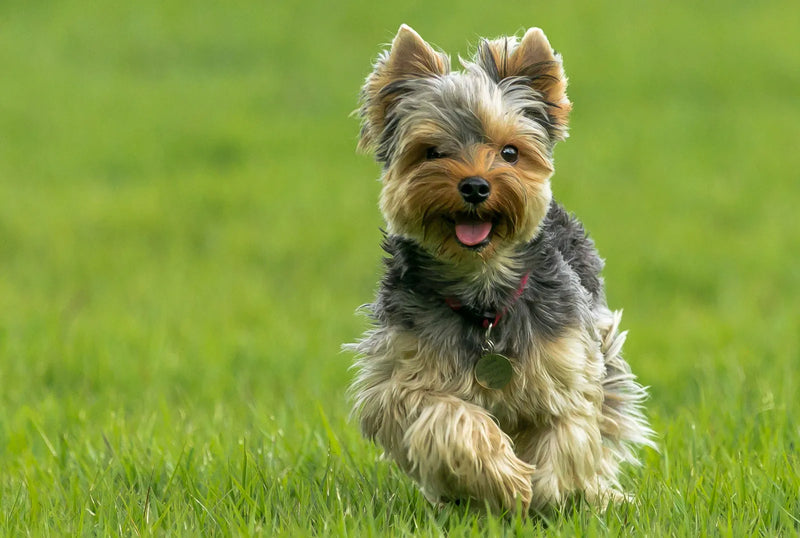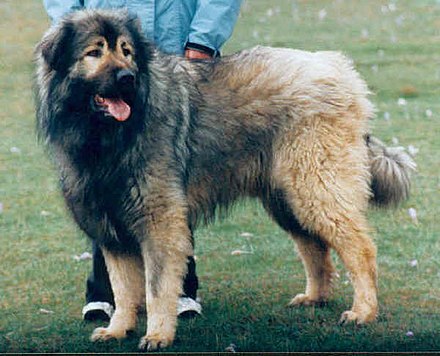How Much Do I Feed My Dog?
It all depends on your dog’s age, size, zoomie levels, metabolism, and current weight. But don’t stress, whether you’re switching from another brand or just need to know how much Petzyo to serve, our feeding calculator is here to help.
We'll dish out the paw-fect amount every time, keeping your furry friend fuelled, happy, and ready for their next adventure!
Get your food at the right time
Tell us about your dog and we will tailor their serving guide so your doggo will get their food when they need it!
Get the perfect amount
The tailored serving suggestion will specify how much to feed your doggo daily across two meals, so they can maintain a healthy weight.
Healthy Lifestyle
Monitor your doggo's body shape and adjust the serving guide as required to ensure they maintain a healthy lifestyle.
Tell us about your doggo
Step 1 of 2
Step 2 of 2
- Affenpinscher
- Afghan Hound
- Airedale Terrier
- Akita
- Alaskan Malamute
- American Cocker Spaniel
- American Eskimo Dog
- American Foxhound
- American Staffordshire Terrier
- American Water Spaniel
- Atlas Mountain Dog (Aidi)
- Australian Cattle Dog
- Australian Kelpie
- Australian Shepherd
- Australian Silky Terrier
- Australian Stumpy Tail Cattle Dog
- Australian Terrier
- Basenji
- Basset Hound
- Beagle
- Beagle Harrier
- Beaglier (Beagle + Cavalier King Charles Spaniel)
- Bearded Collie
- Bedlington Terrier
- Belgian Shepherd
- Bernese Mountain Dog
- Bichon Frise
- Bichon Maltese (Maltese x Bichon Frise)
- Bloodhound
- Blue Heeler (Australian Cattle Dog)
- Borador (Border Collie x Labrador Retriever)
- Border Collie
- Border Terrier
- Bordoodle (Border Collie x Poodle)
- Boston Terrier
- Bouvier Des Flandres
- Boxer
- Briard
- Brittany Springer Spaniel
- Brittany Springer Spaniel
- Bull Arab
- Bull Terrier
- American Bulldog
- Bullmastiff
- Cairn Terrier
- Cane Corso
- Cavachon (Cavalier X Bichon)
- Cavalier King Charles Spaniel
- Cavoodle / Cavapoo (Cavalier King Charles Spaniel + Poodle)
- Central Asian Shepherd Dog (Alabai)
- Chesapeake Bay Retriever
- Chihuahua
- Chinese Crested Dog
- Chiweenie (Chihuahua + Dachshund)
- Chow Chow
- Chug (Chihuahua + Pug)
- Clumber Spaniel
- Cockapoo (Cocker Spaniel + Poodle)
- Collie
- Smooth Collie
- Corgi
- Coton De Tulear
- Dachshund
- Dalmatian
- Dandie Dinmont Terrier
- Denmark Feist
- Doberman Pinscher
- Dobermann
- Dogo Argentino
- Dogue De Bordeaux
- Dutch Shepherd Dog
- English Bulldog
- English Cocker Spaniel
- English Mastiff
- English Setter
- English Springer Spaniel
- English Staffordshire Bull Terrier
- Entlebucher Mountain Dog
- Estrela Mountain Dog
- Eurasian
- Eurasier
- Field Spaniel
- Finnish Lapphund
- Finnish Spitz
- Flat Coated Retriever
- Fox Terrier (Smooth)
- Fox Terrier (Wire)
- French Bulldog
- Frenchton (French Bulldog + Boston Terrier)
- Frenchton (French Bulldog + Boston Terrier)
- German Pinscher
- German Shepherd
- German Shorthaired Pointer (Deutsch Kurzhaar)
- Giant Schnauzer
- Golden Retriever
- Gordon Setter
- Great Dane
- Great Pyrenees
- Greater Swiss Mountain Dog
- Greyhound
- Griffon Bruxellois
- Groodle (Golden Retriever + Poodle)
- Havanese
- Hungarian Short-Haired Pointer (Vizsla)
- Ibizan Hound
- Irish Setter
- Irish Wolfhound
- Italian Greyhound
- Jack Chi (Jack Russell Terrier + Chihuahua)
- Jack Russell Terrier
- Jackapoo (Jack Russell Terrier + Poodle)
- Japanese Chin
- Japanese Spitz
- Keeshond
- Kelpie Cross
- Kelpie x Border Collie
- Kerry Blue Terrier
- Komondor
- Koolie
- Kuvasz
- Labradoodle (Labrador Retriever + Poodle)
- Labrador Retriever
- Lakeland Terrier
- Leonberger
- Lhasa Apso
- Mal Shi (Maltese x Shih Tzu)
- Maltese
- Maltese x Chihuahua
- Maltese x Yorkshire Terrier
- Manchester Terrier
- Maremma
- Mastiff
- Miniature Dachshund
- Miniature Pinscher
- Miniature Poodle
- Miniature Schnauzer
- Moodle (Maltese x Poodle or Maltipoo)
- Neapolitan Mastiff
- Newfoundland
- Norfolk Terrier
- Norwegian Elkhound
- Norwich Terrier
- Nova Scotia Duck Tolling Retriever
- Old English Sheepdog
- Otterhound
- Papillon
- Pekingese
- Petit Basset Griffon Vendeen
- Pharaoh Hound
- Pointer
- Polish Lowland Sheepdog
- Pomeranian
- Poodle
- Portuguese Water Dog
- Pug
- Puggle (Pug + Beagle)
- Puli
- Pyrenean Mastiff
- Pyrenean Shepherd
- Rat Terrier
- Redbone Coonhound
- Rhodesian Ridgeback
- Rottweiler
- Saint Bernard
- Saluki
- Samoyed
- Schipperke
- Schnoodle (Schnauzer x Poodle)
- Scottish Deerhound
- Scottish Terrier
- Sealyham Terrier
- Shar Pei
- Shetland Sheepdog
- Shiba Inu
- Shih Tzu
- Siberian Husky
- Silky Terrier
- Skye Terrier
- Soft Coated Wheaten Terrier
- Spinone Italiano
- Spoodle
- Staffordshire Bull Terrier
- Standard Dachshund
- Standard Poodle
- Standard Schnauzer
- Sussex Spaniel
- Swedish Vallhund
- Tibetan Mastiff
- Tibetan Spaniel
- Tibetan Terrier
- Toy Cavoodle
- Toy Poodle
- Weimaraner
- Welsh Corgi (Cardigan)
- Welsh Corgi (Pembroke)
- Welsh Springer Spaniel
- Welsh Terrier
- West Highland White Terrier
- Whippet
- Wirehaired Pointing Griffon
- Xoloitzcuintle
- Xoloitzcuintle Mini
- Xoloitzcuintle Toy
- Yorkshire Terrier
- Yugoslavian Shepherd Dog - Sharplanina
Underweight
Ribs are easily seen and felt under the skin, waist and abdominal tuck obvious.
Ideal
Ribs can be felt without excess fat covering them, abdomen tucked up.
Overweight
Difficult to feel ribs, noticeable fat deposits, waist barely visible.
- Ideal
- Underweight
- Overweight
- 1 kg
- 2 kg
- 3 kg
- 4 kg
- 5 kg
- 6 kg
- 7 kg
- 8 kg
- 9 kg
- 10 kg
- 11 kg
- 12 kg
- 13 kg
- 14 kg
- 15 kg
- 16 kg
- 17 kg
- 18 kg
- 19 kg
- 20 kg
- 21 kg
- 22 kg
- 23 kg
- 24 kg
- 25 kg
- 26 kg
- 27 kg
- 28 kg
- 29 kg
- 30 kg
- 31 kg
- 32 kg
- 33 kg
- 34 kg
- 35 kg
- 36 kg
- 37 kg
- 38 kg
- 39 kg
- 40 kg
- 41 kg
- 42 kg
- 43 kg
- 44 kg
- 45 kg
- 46 kg
- 47 kg
- 48 kg
- 49 kg
- 50 kg
- 51 kg
- 52 kg
- 53 kg
- 54 kg
- 55 kg
- 56 kg
- 57 kg
- 58 kg
- 59 kg
- 60 kg
- 61 kg
- 62 kg
- 63 kg
- 64 kg
- 65 kg
- 66 kg
- 67 kg
- 68 kg
- 69 kg
- 70 kg
- 71 kg
- 72 kg
- 73 kg
- 74 kg
- 75 kg
- 76 kg
- 77 kg
- 78 kg
- 79 kg
- 80 kg
- 81 kg
- 82 kg
- 83 kg
- 84 kg
- 85 kg
- 86 kg
- 87 kg
- 88 kg
- 89 kg
- 90 kg
- 91 kg
- 92 kg
- 93 kg
- 94 kg
- 95 kg
- 96 kg
- 97 kg
- 98 kg
- 99 kg
- 100 kg
- 6 weeks
- 7 weeks
- 8 weeks
- 9 weeks
- 10 weeks
- 11 weeks
- 12 weeks
- 13 weeks
- 14 weeks
- 15 weeks
- 16 weeks
- 17 weeks
- 18 weeks
- 19 weeks
- 20 weeks
- 21 weeks
- 22 weeks
- 23 weeks
- 24 weeks
- 25 weeks
- 26 weeks
- 27 weeks
- 28 weeks
- 29 weeks
- 30 weeks
- 31 weeks
- 32 weeks
- 33 weeks
- 34 weeks
- 35 weeks
- 36 weeks
- 37 weeks
- 38 weeks
- 39 weeks
- 40 weeks
- 41 weeks
- 42 weeks
- 43 weeks
- 44 weeks
- 45 weeks
- 46 weeks
- 47 weeks
- 48 weeks
- 49 weeks
- 50 weeks
- 51 weeks
- 52 weeks
- 53 weeks
- 54 weeks
- 55 weeks
- 56 weeks
- 57 weeks
- 58 weeks
- 59 weeks
- 60 weeks
- 61 weeks
- 62 weeks
- 63 weeks
- 64 weeks
- 65 weeks
- 66 weeks
- 67 weeks
- 68 weeks
- 69 weeks
- 70 weeks
- 71 weeks
- 72 weeks
- 73 weeks
- 74 weeks
- 75 weeks
- 76 weeks
- 77 weeks
- 78 weeks
- 79 weeks
- 80 weeks
- 81 weeks
- 82 weeks
- 83 weeks
- 84 weeks
- 85 weeks
- 86 weeks
- 87 weeks
- 88 weeks
- 89 weeks
- 90 weeks
- 91 weeks
- 92 weeks
- 93 weeks
- 94 weeks
- 95 weeks
- 96 weeks
- 97 weeks
- 98 weeks
- 99 weeks
- 100 weeks
- 101 weeks
- 102 weeks
- 103 weeks
- 104 weeks
- 1 kg
- 2 kg
- 3 kg
- 4 kg
- 5 kg
- 6 kg
- 7 kg
- 8 kg
- 9 kg
- 10 kg
- 11 kg
- 12 kg
- 13 kg
- 14 kg
- 15 kg
- 16 kg
- 17 kg
- 18 kg
- 19 kg
- 20 kg
- 21 kg
- 22 kg
- 23 kg
- 24 kg
- 25 kg
- 26 kg
- 27 kg
- 28 kg
- 29 kg
- 30 kg
- 31 kg
- 32 kg
- 33 kg
- 34 kg
- 35 kg
- 36 kg
- 37 kg
- 38 kg
- 39 kg
- 40 kg
- 41 kg
- 42 kg
- 43 kg
- 44 kg
- 45 kg
- 46 kg
- 47 kg
- 48 kg
- 49 kg
- 50 kg
- 51 kg
- 52 kg
- 53 kg
- 54 kg
- 55 kg
- 56 kg
- 57 kg
- 58 kg
- 59 kg
- 60 kg
- 61 kg
- 62 kg
- 63 kg
- 64 kg
- 65 kg
- 66 kg
- 67 kg
- 68 kg
- 69 kg
- 70 kg
- 71 kg
- 72 kg
- 73 kg
- 74 kg
- 75 kg
- 76 kg
- 77 kg
- 78 kg
- 79 kg
- 80 kg
- 81 kg
- 82 kg
- 83 kg
- 84 kg
- 85 kg
- 86 kg
- 87 kg
- 88 kg
- 89 kg
- 90 kg
- 91 kg
- 92 kg
- 93 kg
- 94 kg
- 95 kg
- 96 kg
- 97 kg
- 98 kg
- 99 kg
- 100 kg
- 1 kg
- 2 kg
- 3 kg
- 4 kg
- 5 kg
- 6 kg
- 7 kg
- 8 kg
- 9 kg
- 10 kg
- 11 kg
- 12 kg
- 13 kg
- 14 kg
- 15 kg
- 16 kg
- 17 kg
- 18 kg
- 19 kg
- 20 kg
- 21 kg
- 22 kg
- 23 kg
- 24 kg
- 25 kg
- 26 kg
- 27 kg
- 28 kg
- 29 kg
- 30 kg
- 31 kg
- 32 kg
- 33 kg
- 34 kg
- 35 kg
- 36 kg
- 37 kg
- 38 kg
- 39 kg
- 40 kg
- 41 kg
- 42 kg
- 43 kg
- 44 kg
- 45 kg
- 46 kg
- 47 kg
- 48 kg
- 49 kg
- 50 kg
- 51 kg
- 52 kg
- 53 kg
- 54 kg
- 55 kg
- 56 kg
- 57 kg
- 58 kg
- 59 kg
- 60 kg
- 61 kg
- 62 kg
- 63 kg
- 64 kg
- 65 kg
- 66 kg
- 67 kg
- 68 kg
- 69 kg
- 70 kg
- 71 kg
- 72 kg
- 73 kg
- 74 kg
- 75 kg
- 76 kg
- 77 kg
- 78 kg
- 79 kg
- 80 kg
- 81 kg
- 82 kg
- 83 kg
- 84 kg
- 85 kg
- 86 kg
- 87 kg
- 88 kg
- 89 kg
- 90 kg
- 91 kg
- 92 kg
- 93 kg
- 94 kg
- 95 kg
- 96 kg
- 97 kg
- 98 kg
- 99 kg
- 100 kg
- Chicken and Turkey with Superfood Extras
- Lamb and Ancient Grains with super food extras
- Kangaroo with Sweet Potato and Superfood Extras
- BSFL - Eco Woofer
- Salmon and Ocean Fish with Green Lipped Mussels
- 5.4kg Raw Royalty - Got Beef
- 5.4kg Raw Royalty - Roo's Clues
- 5.4kg Raw Royalty - Chick Magnet
- Advance
- Be Frank
- Big Dog
- Billies Bowl
- Black Hawk
- Eukanuba
- Glow
- Hills Science Diet
- Ivory Coat
- Lifewise
- Lyka
- Meals for Mutts
- Purina Pro Plan
- Royal Canin
- Savour Life
- Scratch
- Supercoat
- Taste of the Wild
- ADVANCE™ Puppy Large Breed Chicken with Rice Dry Dog Food
- ADVANCE™ Puppy Small Breed Chicken with Rice Dry Dog Food
- ADVANCE™ Puppy Medium Breed Chicken with Rice
- ADVANCE™ Oodles Adult Small Breed Salmon with Rice Dry Dog Food
- ADVANCE™ Adult Medium Breed Chicken with Rice Dry Dog Food
- ADVANCE™ Adult Small Breed Chicken with Rice Dry Dog Food
- ADVANCE™ Adult Large Breed Chicken with Rice Dry Dog Food
- ADVANCE™ Adult Medium Breed Lamb with Rice Dry Dog Food
- ADVANCE™ Retrievers Adult Large Breed Chicken & Salmon with Rice Dry Dog Food
- ADVANCE™ Terrier Adult Medium Breed Turkey with Rice Dry Dog Food
- ADVANCE™ Sensitive Skin and Digestion Adult All Breed Salmon with Rice Dry Dog Food
- ADVANCE™ Oodles Adult Large Breed Salmon with Rice Dry Dog Food
- ADVANCE™ Adult Small Breed Lamb with Rice Dry Dog Food
- ADVANCE™ Healthy Ageing Medium Breed Chicken with Rice Dry Dog Food
- ADVANCE™ Adult Large Breed Turkey with Rice Dry Dog Food
- ADVANCE™ Healthy Weight Adult Large Breed Chicken with Rice Dry Dog Food
- ADVANCE™ Shepherds Adult Large Breed Turkey with Rice Dry Dog Food
- ADVANCE™ Healthy Weight Adult Medium Breed Chicken with Rice Dry Dog Food
- ADVANCE™ Dental Care Triple Action Adult Small Breed Chicken with Rice Dry Dog Food
- ADVANCE™ Adult Large Breed Lamb with Rice Dry Dog Food
- ADVANCE™ Active Adult All Breed Chicken with Rice Dry Dog Food
- ADVANCE™ Adult Small Breed Turkey with Rice Dry Dog Food
- ADVANCE™ Mobility Adult Medium Breed Chicken with Rice Dry Dog Food
- ADVANCE™ Healthy Ageing Small Breed Chicken with Rice Dry Dog Food
- ADVANCE™ Adult Medium Breed Turkey with Rice Dry Dog Food
- ADVANCE™ Healthy Weight Adult Small Breed Chicken with Rice Dry Dog Food
- ADVANCE™ Mobility Adult Large Breed Chicken with Rice Dry Dog Food
- ADVANCE™ Dental Care Triple Action Adult Medium Breed Chicken with Rice Dry Dog Food
- ADVANCE™ Dental Care Triple Action Adult Large Breed Chicken with Rice Dry Dog Food
- ADVANCE™ Mobility Adult Small Breed Chicken with Rice Dry Dog Food
- ADVANCE™ Maltese Cross Adult Turkey with Rice Dry Dog Food
- Dry
- Raw
- Wet
- Freeze dried
- Air-dried
- 25%
- 50%
- 75%
- Petzyo
- Advance
- Be Frank
- Big Dog
- Billies Bowl
- Black Hawk
- Eukanuba
- Glow
- Hills Science Diet
- Ivory Coat
- Lifewise
- Lyka
- Meals for Mutts
- Purina Pro Plan
- Royal Canin
- Savour Life
- Scratch
- Supercoat
- Taste of the Wild
- ADVANCE™ Puppy Large Breed Chicken with Rice Dry Dog Food
- ADVANCE™ Puppy Small Breed Chicken with Rice Dry Dog Food
- ADVANCE™ Puppy Medium Breed Chicken with Rice
- ADVANCE™ Oodles Adult Small Breed Salmon with Rice Dry Dog Food
- ADVANCE™ Adult Medium Breed Chicken with Rice Dry Dog Food
- ADVANCE™ Adult Small Breed Chicken with Rice Dry Dog Food
- ADVANCE™ Adult Large Breed Chicken with Rice Dry Dog Food
- ADVANCE™ Adult Medium Breed Lamb with Rice Dry Dog Food
- ADVANCE™ Retrievers Adult Large Breed Chicken & Salmon with Rice Dry Dog Food
- ADVANCE™ Terrier Adult Medium Breed Turkey with Rice Dry Dog Food
- ADVANCE™ Sensitive Skin and Digestion Adult All Breed Salmon with Rice Dry Dog Food
- ADVANCE™ Oodles Adult Large Breed Salmon with Rice Dry Dog Food
- ADVANCE™ Adult Small Breed Lamb with Rice Dry Dog Food
- ADVANCE™ Healthy Ageing Medium Breed Chicken with Rice Dry Dog Food
- ADVANCE™ Adult Large Breed Turkey with Rice Dry Dog Food
- ADVANCE™ Healthy Weight Adult Large Breed Chicken with Rice Dry Dog Food
- ADVANCE™ Shepherds Adult Large Breed Turkey with Rice Dry Dog Food
- ADVANCE™ Healthy Weight Adult Medium Breed Chicken with Rice Dry Dog Food
- ADVANCE™ Dental Care Triple Action Adult Small Breed Chicken with Rice Dry Dog Food
- ADVANCE™ Adult Large Breed Lamb with Rice Dry Dog Food
- ADVANCE™ Active Adult All Breed Chicken with Rice Dry Dog Food
- ADVANCE™ Adult Small Breed Turkey with Rice Dry Dog Food
- ADVANCE™ Mobility Adult Medium Breed Chicken with Rice Dry Dog Food
- ADVANCE™ Healthy Ageing Small Breed Chicken with Rice Dry Dog Food
- ADVANCE™ Adult Medium Breed Turkey with Rice Dry Dog Food
- ADVANCE™ Healthy Weight Adult Small Breed Chicken with Rice Dry Dog Food
- ADVANCE™ Mobility Adult Large Breed Chicken with Rice Dry Dog Food
- ADVANCE™ Dental Care Triple Action Adult Medium Breed Chicken with Rice Dry Dog Food
- ADVANCE™ Dental Care Triple Action Adult Large Breed Chicken with Rice Dry Dog Food
- ADVANCE™ Mobility Adult Small Breed Chicken with Rice Dry Dog Food
- ADVANCE™ Maltese Cross Adult Turkey with Rice Dry Dog Food
- Dry
- Raw
- Wet
- Freeze dried
- Air-dried
If you have multiple dogs, contact us
Your dog’s health depends on the best nutrition, exercise, and some loving care. But how much should you feed your dog? Determining the right portion size for your pooch can be quite confusing for most dog owners. There are many factors that affect your dog’s meal size, including your dog’s age, size, activity level, metabolic rate, and current body weight. If you’ve been wondering how much food to feed your dog, don’t fret. Our feeding calculator will ensure you’re meeting your dog’s dietary needs.
How Much to Feed A Dog: Petzyo’s Dog Food Calculator
Why Does Your Dog’s Portion Size Matter?
Canine obesity is a growing problem in Australia and throughout the world [1]. When a dog is obese or overweight, it can take quite a toll on your dog’s health and lifespan [2]. Carrying extra weight can put your dog at risk for:
- Arthritis
- Diabetes
- Heart disease
- Respiratory issues
- Liver disease
- Lowered immune function
- Cancer [3]
Factors That Affect Your Dog’s Caloric Needs
How Much Food to Feed a Dog Based on Age
Just like us, your dog’s metabolic rate changes over their lifetimes. Most puppies begin life with a high metabolic rate. But as your dog gets older, their metabolic rate begins to slow. This means that dog owners should adjust their dog’s portions to accommodate their energy needs based on their age.
How Much to Feed a Puppy
Puppies require more calories to support healthy growth [4]. Small and medium-size dogs grow until about one year of age. Large and giant breeds continue growing up until two years of age. You will want to provide your growing puppy more calories during these months and years. Once your puppy’s growth has leveled off, you can reduce the caloric intake. Be sure to return to use our dog food calculator after your puppy is fully grown.
How Much to Feed a Senior Dog
Senior dogs need fewer calories since most older dogs tend to engage in less exercise and their metabolisms slow down [5]. This means, once your dog enters their senior years, you will want to further restrict their caloric intake to avoid overfeeding your dog.
How Much to Feed Your Dog Based on Their Size
Your dog’s overall size affects how much energy they need on a daily basis. Larger dogs need more calories overall to sustain proper body function and brain function. Smaller dogs don’t need as many total calories as larger dogs, but they often need more calories per pound since many small breeds have higher metabolisms. This makes calculating more than a simple ratio.
Keep in mind that many giant breeds also tend to be less active, which means their meal portions may be deceiving. So, be sure to account for size and activity level when using our dog food calculator.
Activity Level Matters When it Comes to Meals
Dogs that burn more calories need more energy to sustain their activity levels. This means a highly active dog, such as a working dog, will require more calories than a dog of the same size, age, and breed that is more passive.
Doggos with lower activity levels do not need as many calories. In fact, if a dog is more of a couch potato than an Olympic athlete, they may be at higher risk for obesity if their owner overfeeds them.
For dogs with fluctuating activity levels, try to determine an average of how often your dog partakes in higher levels of activity, such as hikes. Then, feed your dog larger meals before and after heightened times of energy use. This will ensure your dog has plenty of fuel in the take when it’s time to get active.
How Breed Affects How Much to Feed Your Dog
Some breeds are more prone to obesity while others have trouble maintaining a healthy weight. These differences in metabolic rates are often credited to genetics and common personality traits. Understanding your dog’s breed can help you better understand how large or small of a portion your dog should consume.
If you own a dog breed that is more likely to become obese, be wary of overfeeding your pup.
Which dog breeds are prone to obesity?
- Labrador Retrievers
- Pugs
- Bulldogs
- Beagles
- Hound breeds
- Daschunds
- Golden Retrievers
- Rottweilers
- Chihuahuas
- Cocker Spaniels
Your Dog’s Metabolic Rate Helps Determine Portion Size
Some dogs have higher metabolic rates than others. This means they burn more calories to accomplish the same daily activities. It can be difficult to determine your dog’s specific metabolic rate. Our calculator uses multiple factors to estimate what your dog’s caloric needs are based on a wide sampling of dogs.
It’s always a good idea to weigh your dog regularly and keep your veterinary annual exams to ensure proper weight management. If you believe your dog is gaining too much weight or losing excess weight, make an appointment to see your vet. Your vet will determine your dog’s body condition and suggest a meal portion for your pup.
Adjusting How Much to Feed Your Dog Based on Their Current Body Weight
Your dog’s current body condition can affect how much your dog should eat. If your dog is currently underweight, they will require more calories to get to a healthy weight. Dogs that are obese or overweight will need more restricted caloric intake to slim down. To determine your dog’s body condition or body score in order to adjust how much you feed your dog, use the following:
Characteristics to look for to determine if your dog has a healthy body condition:
- Ribs: You should be able to feel your dog’s ribs if you run your fingers over their chest.
- Waist: Your dog’s waist should nip inward. It should not bulge or sag.
- Hips: You should be able to easily feel your dog’s hip points.
Deciding How Many Meals Per Day Your Dog Should Receive
After you calculate how much to feed your dog, it’s important to divide their daily caloric intake between their meals. But how many meals should your dog get daily?
How often you feed your dog throughout the day is up to you and your dog’s preference. Some dogs may not have much of an appetite in the morning or evening. While others would love to eat as often as you will fill their dog food dish.
Most dogs prefer two meals per day: one in the morning and one in the evening. This allows them to feel full throughout the day and have plenty of energy to burn.
As for puppies, you can set up a puppy feeding schedule to keep them on track and well-fed throughout the day.
Is It Okay If I Allow My Dog to Graze?
For most dogs, having a set feeding schedule is the best option [6]. Many dogs cannot regulate their own food intake well and leaving dog food out for extended periods of time can encourage bacteria. Additionally, have a set routine helps your dog feel more secure and know what to expect.
How Much Should You Feed Your Dog?
Feeding your dog a healthy, nutritious diet ensures a happy, healthy, active life. But knowing how much of that food to give your dog is also important. You can rest assured that Petzyo’s Kibble That Counts or Raw Royalty will provide your dog optimal nutrition. And with our convenient portion calculator, you will know exactly how much food you should be feeding your dog.
Resources:
[1] https://pfiaa.com.au/incidence-risk-factors-and-managing-obesity-in-dogs-and-cats
[3] https://www.petmd.com/dog/nutrition/evr_multi_long_term_effects_of_obesity_on_pets
[4] https://vcahospitals.com/know-your-pet/feeding-growing-puppies
[5] https://pets.webmd.com/dogs/guide/senior-dog-food#1
[6] https://vcahospitals.com/know-your-pet/feeding-times-and-frequency-for-your-dog
Email me my doggo’s serving guide
A bowl of Chicken & Turkey coming right up!
Always provide clean, fresh drinking water with food.
Email me serving guide
Delivery: typically ships in 2-7 days
Know when your food is coming and how long it’ll last you
Whether you’re on a plan or bought one-time, know ea
Create your dashboard
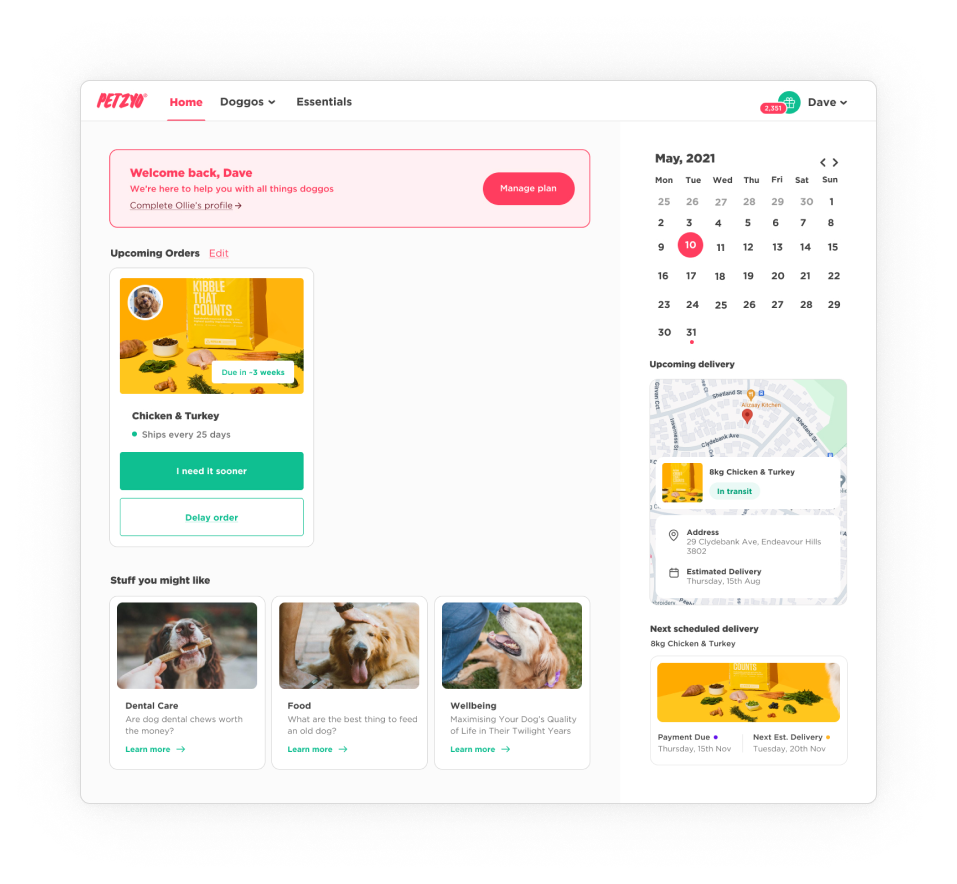
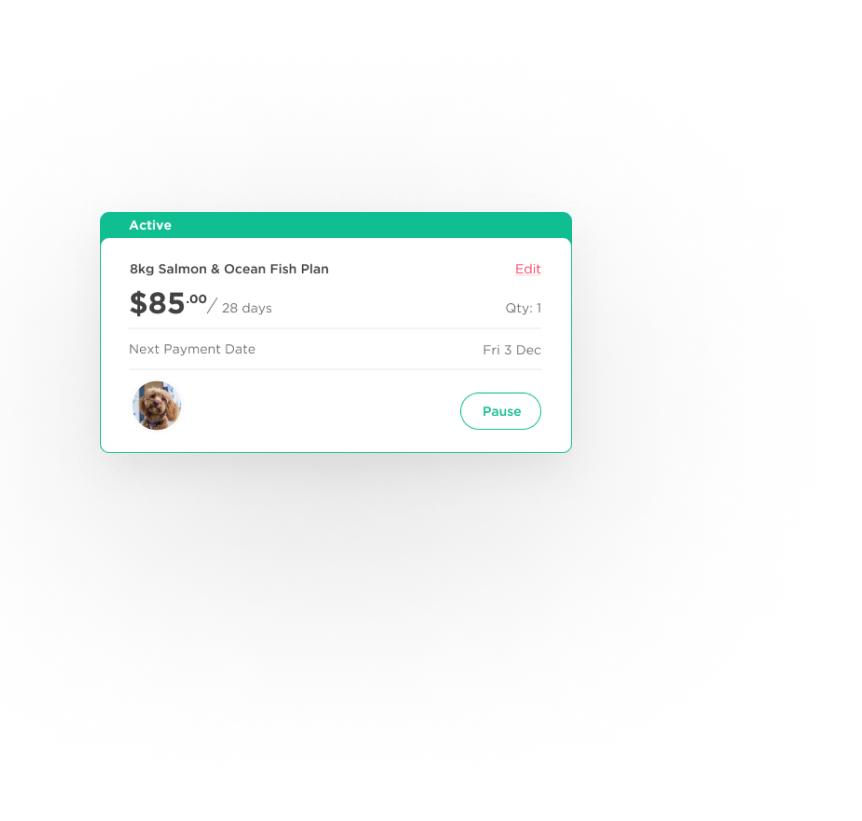
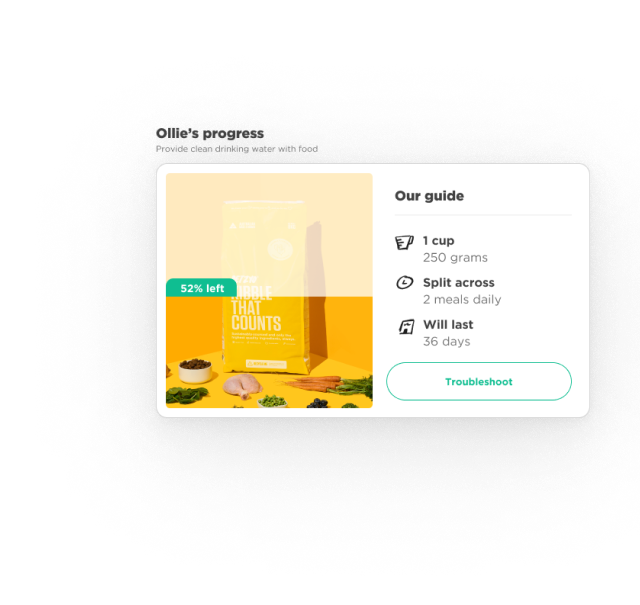
Already provided doggo information in your profile?
We’ve emailed you a code to verify your account
Oops!
There is no Petzyo account linked to this {email address}
Doesn’t look like that doggo you entered exists in your account
Doesn’t look like your doggo’s name isn’t in your account
But you’ve got other doggos! Choose another to get their serving guide
Would you like us to update [name]’s profile?
We couldn’t find your doggo, but we’ve found the following profiles
Select the profile below to either update or add a new doggo’s profile
We’ve found your doggo in your account
Confirm you would like to update their profile with details provided.
There are no doggo profiles currently in your account
Confirm you’d like to add [name] to your account.
Update their profile to the following;
Weight: 5kg
Activity level: Active
Lifestage: Adult
FAQ’s
How accurate are the serving size recommendations?
Our serving guide provides a general recommendation based on factors like your dog's weight, activity level, and age. While it's a great starting point, it may not be 100% accurate for every dog. Each dog is unique, with different needs, metabolism, and lifestyle, which can affect how much food they require. The guide serves as a reference to help you find the right portion size, but adjustments may be necessary.
How do I know if I need to adjust my dog’s serving size?
Pay attention to your dog's body condition and energy levels. If your dog seems to be gaining or losing weight unexpectedly, or if they appear sluggish or overly hungry, it may be time to adjust their portion. You can start by slightly increasing or decreasing the serving size and monitor how your dog responds over the next couple of weeks.
What other factors should I consider when determining how much to feed my dog?
You should take into account your dog's age, breed, weight, health conditions, and activity level. Puppies, for instance, may need more calories to support growth, while senior dogs might require fewer calories. Dogs recovering from an illness or surgery may also have different needs. Consulting your vet for tailored advice can be helpful if you're unsure.
Can I use treats as part of my dog's daily intake?
Yes, treats should be included in your dog’s overall calorie count for the day. If you're giving your dog treats, make sure to adjust their regular food serving size accordingly to avoid overfeeding. Treats should make up no more than 10% of their daily caloric intake.
Should I make adjustments based on the seasons?
Seasonal changes can indeed affect your dog's energy needs. For instance, during colder months, some dogs may require more food to stay warm if they're active outdoors. On the other hand, during warmer months, dogs may become less active, needing fewer calories. Monitoring your dog's condition throughout the year and adjusting as needed is a good practice.
What if my dog has specific health concerns or dietary restrictions?
In cases of specific health concerns or dietary needs, it's always best to consult with your veterinarian. They can provide tailored advice on portion sizes and any dietary adjustments to ensure your dog stays healthy and happy.
